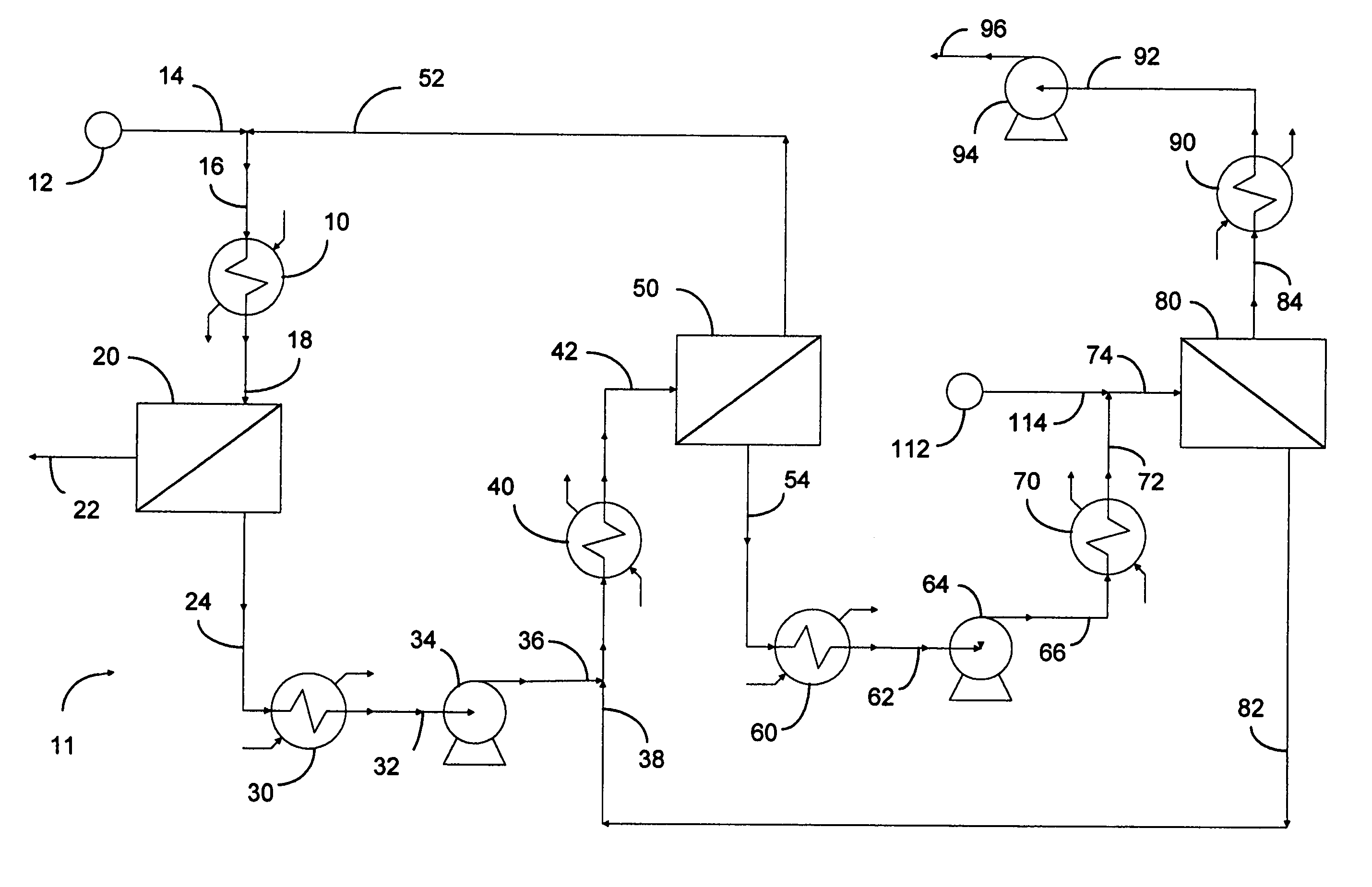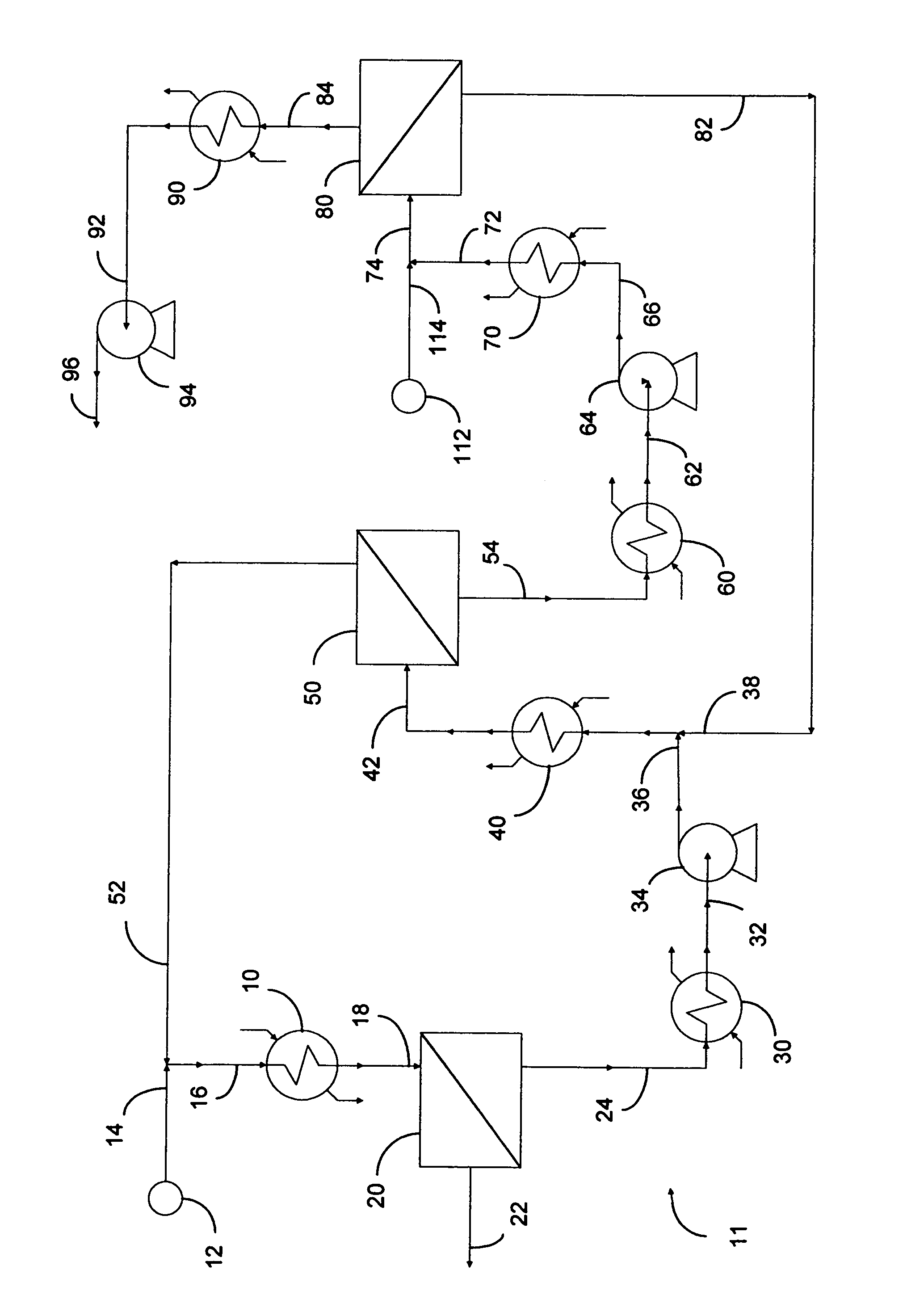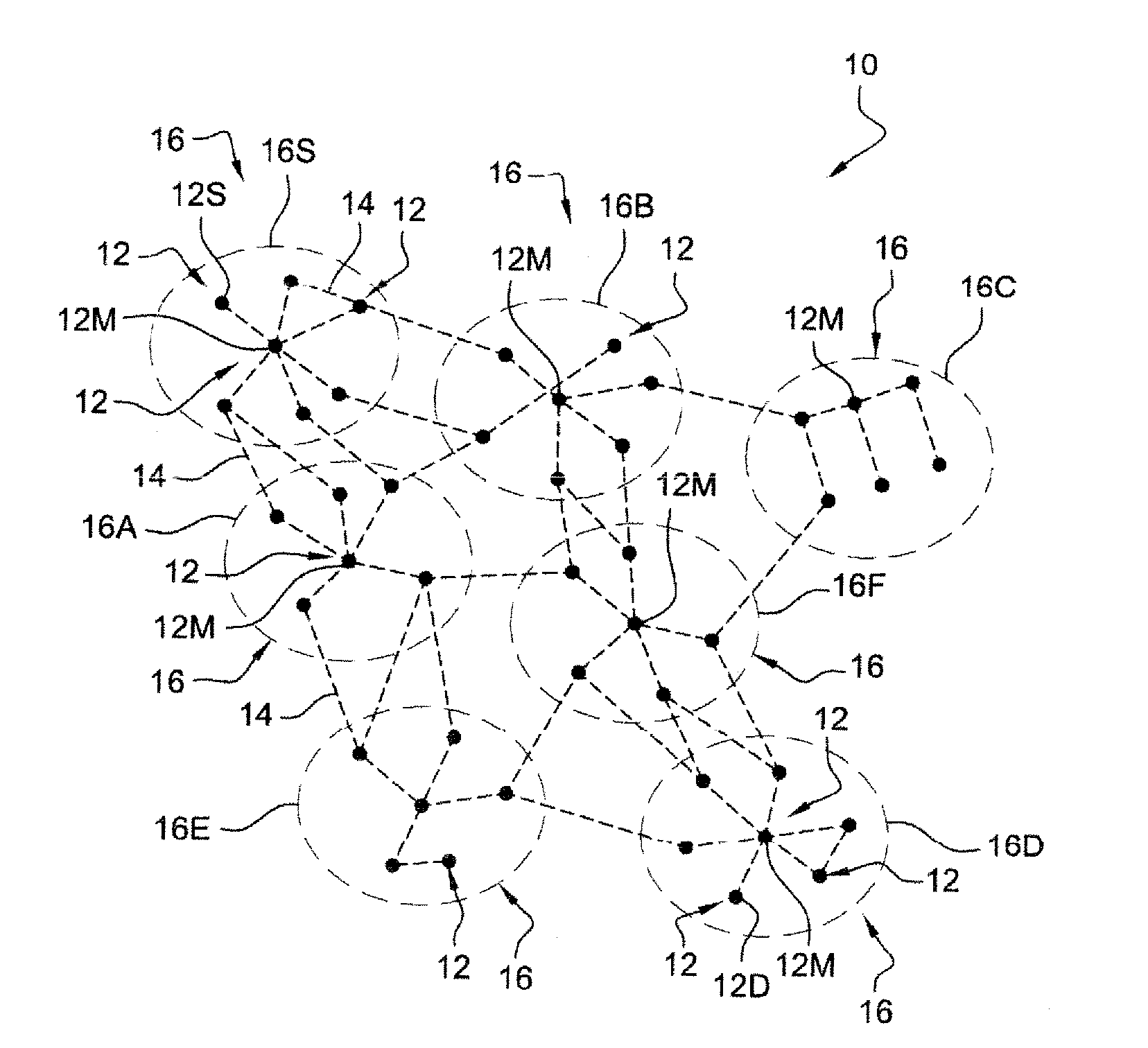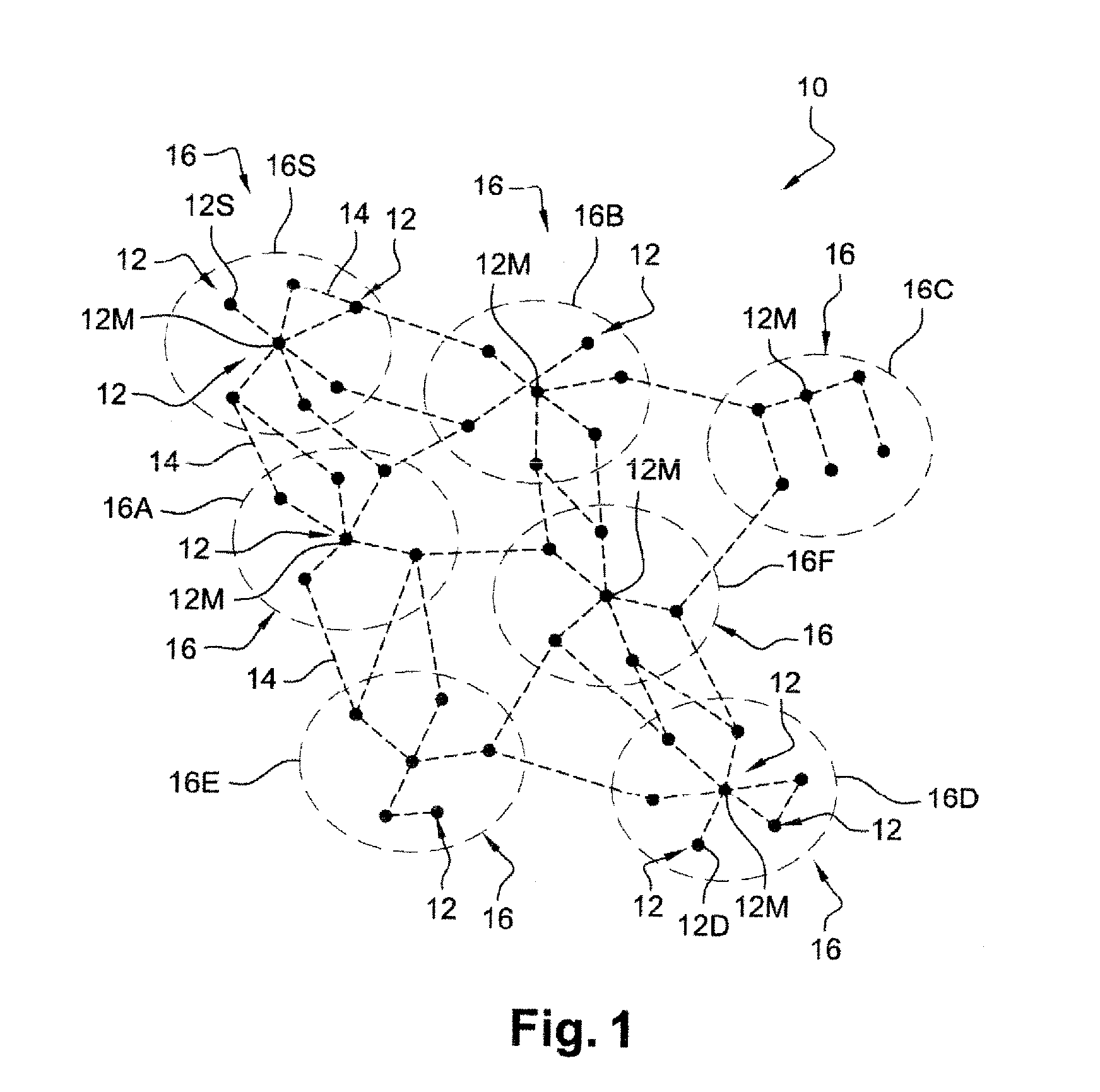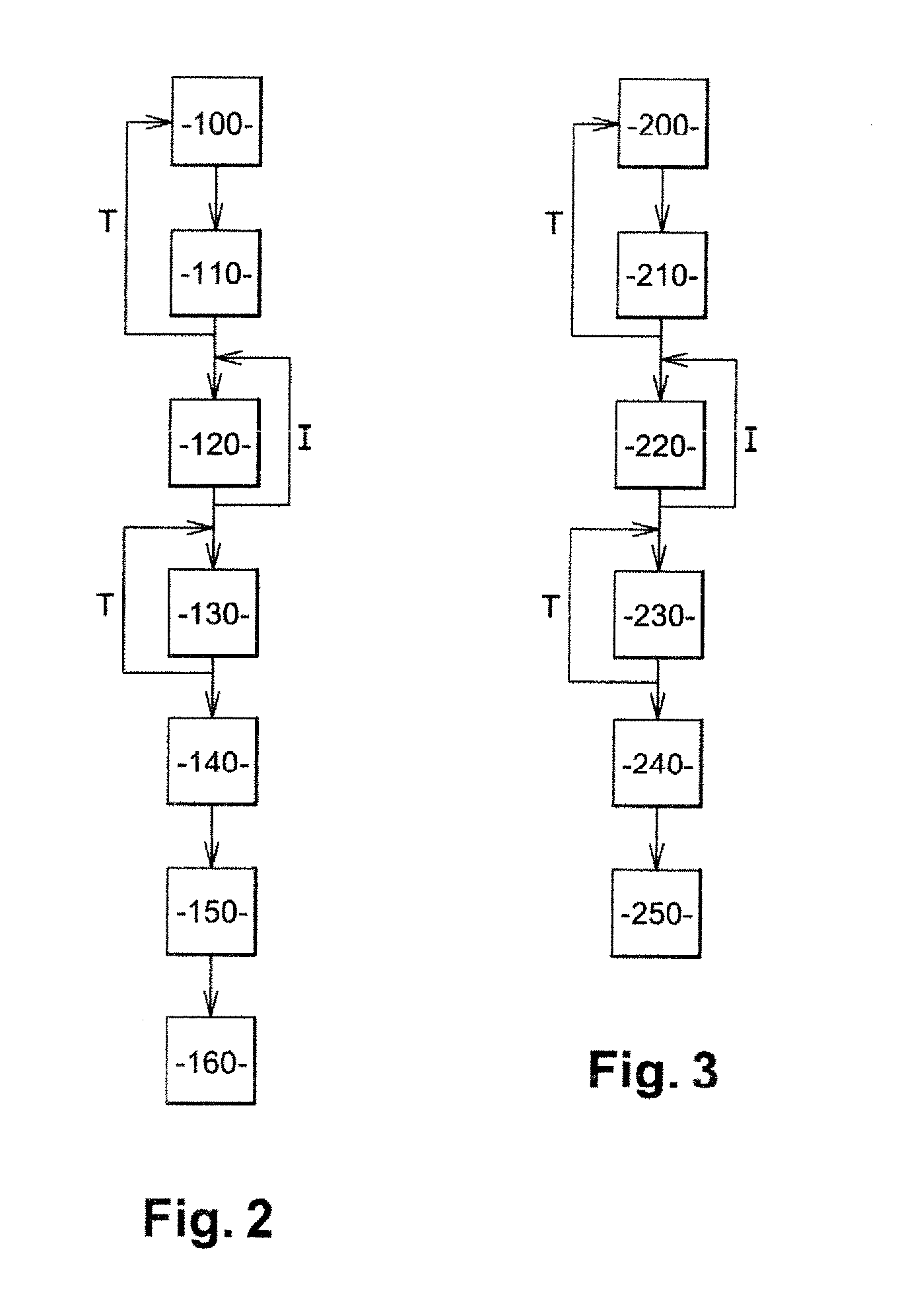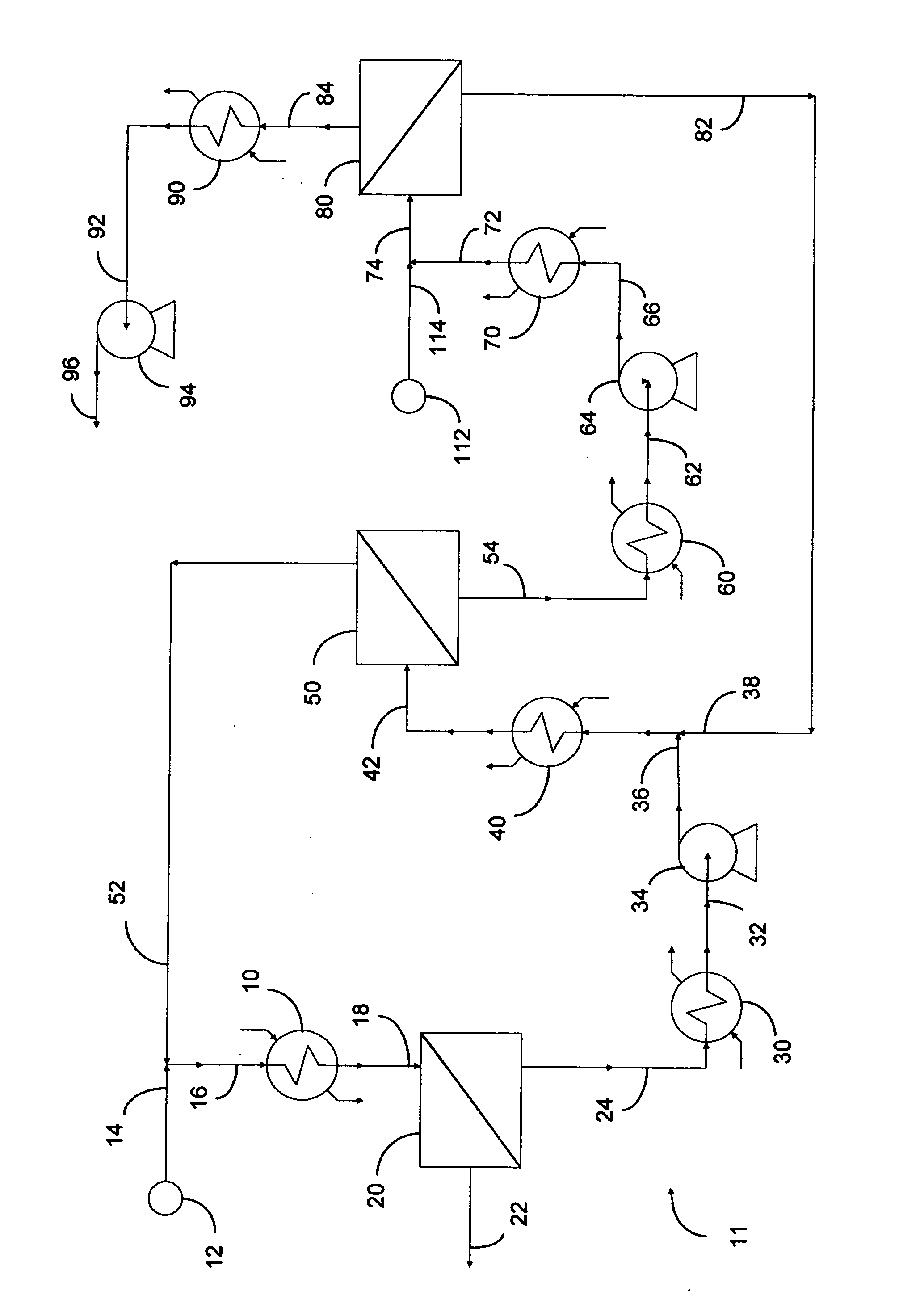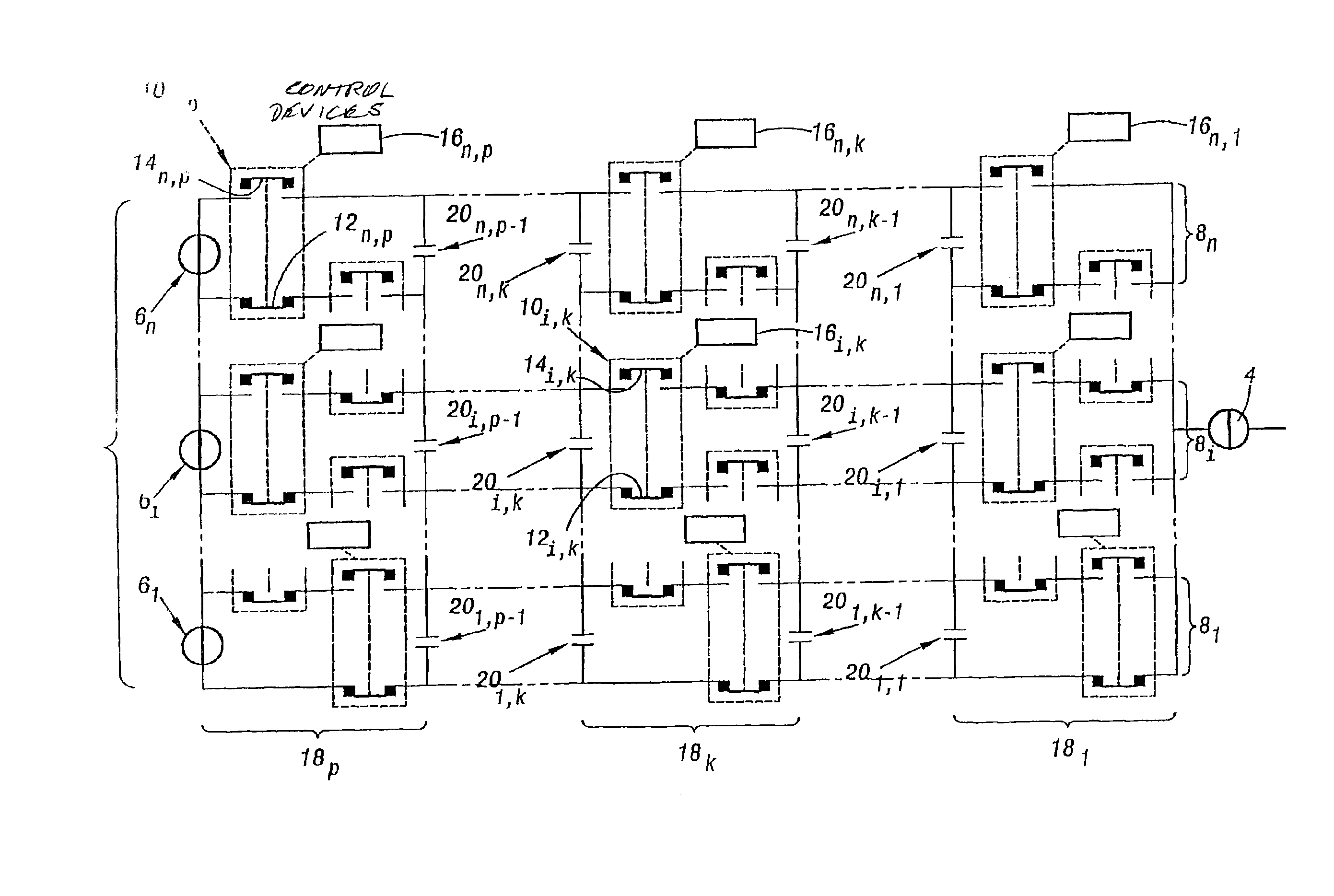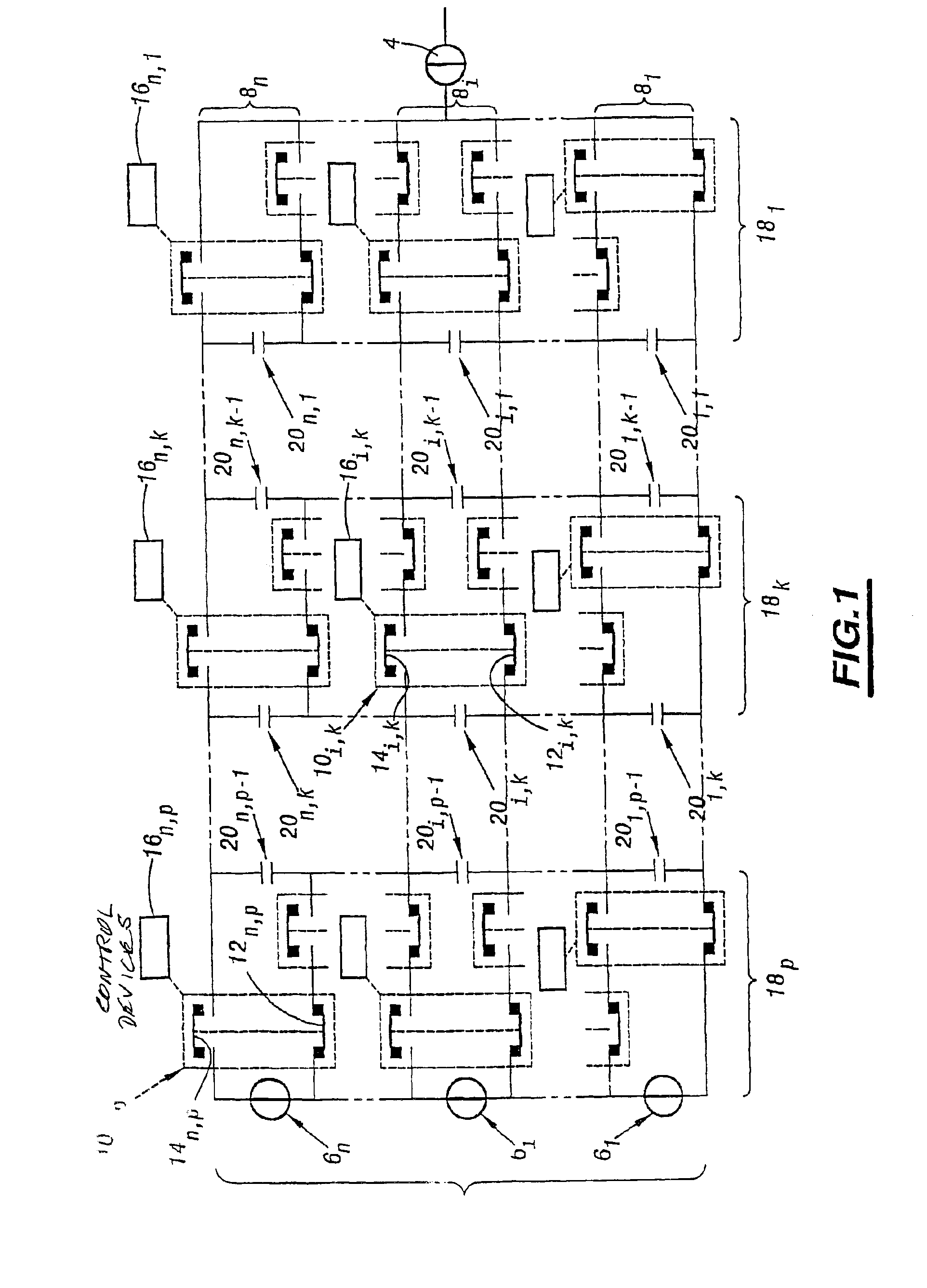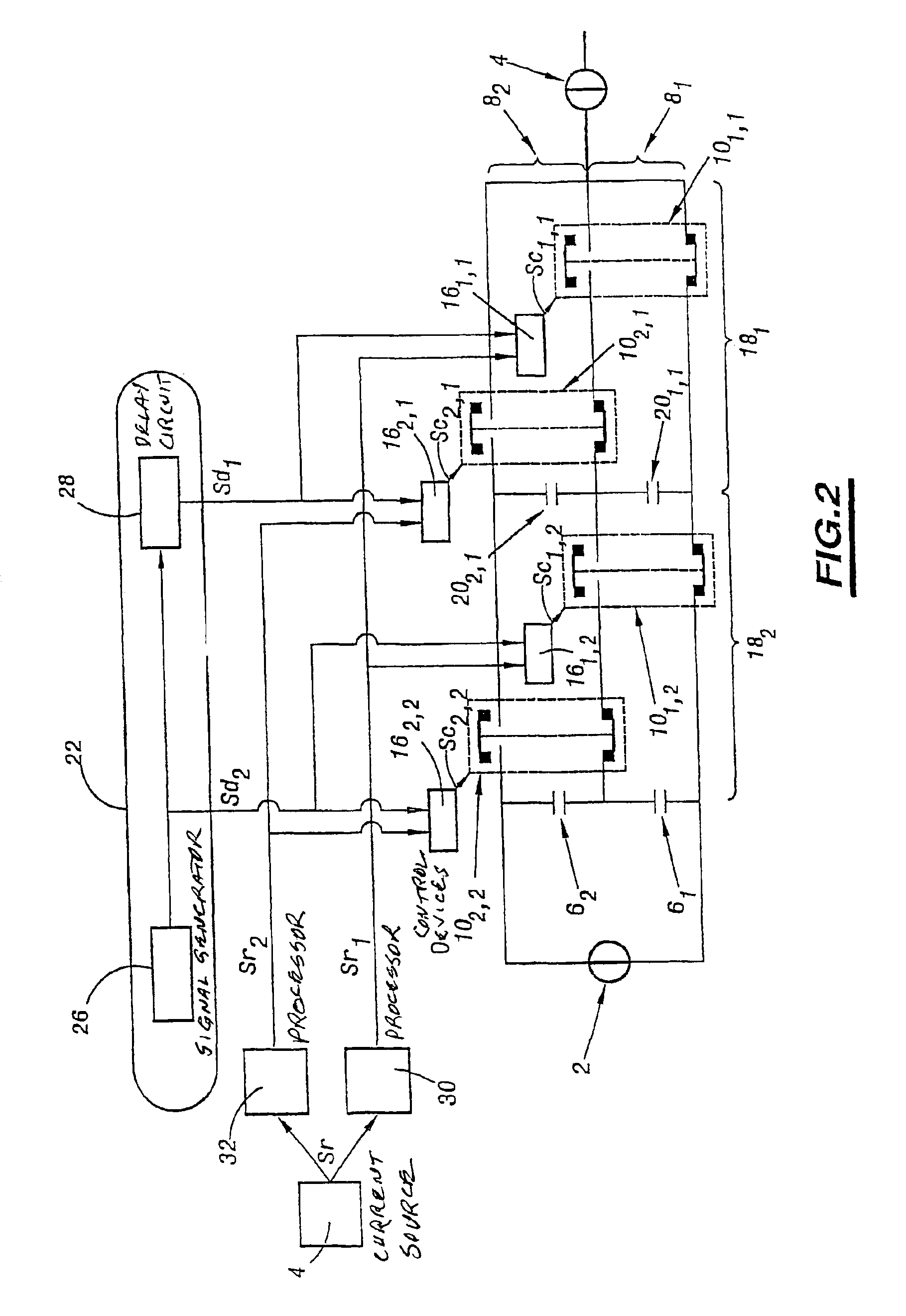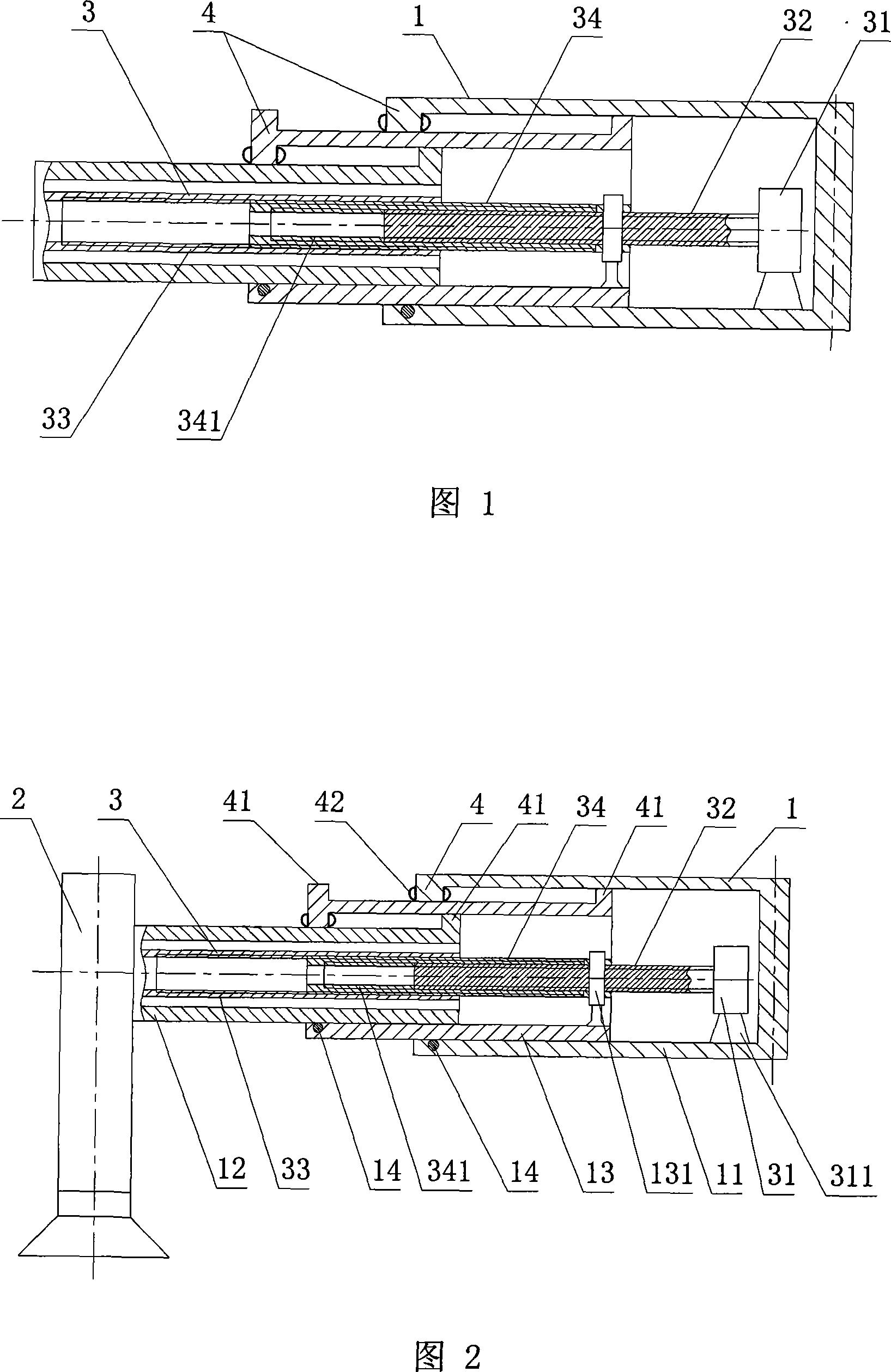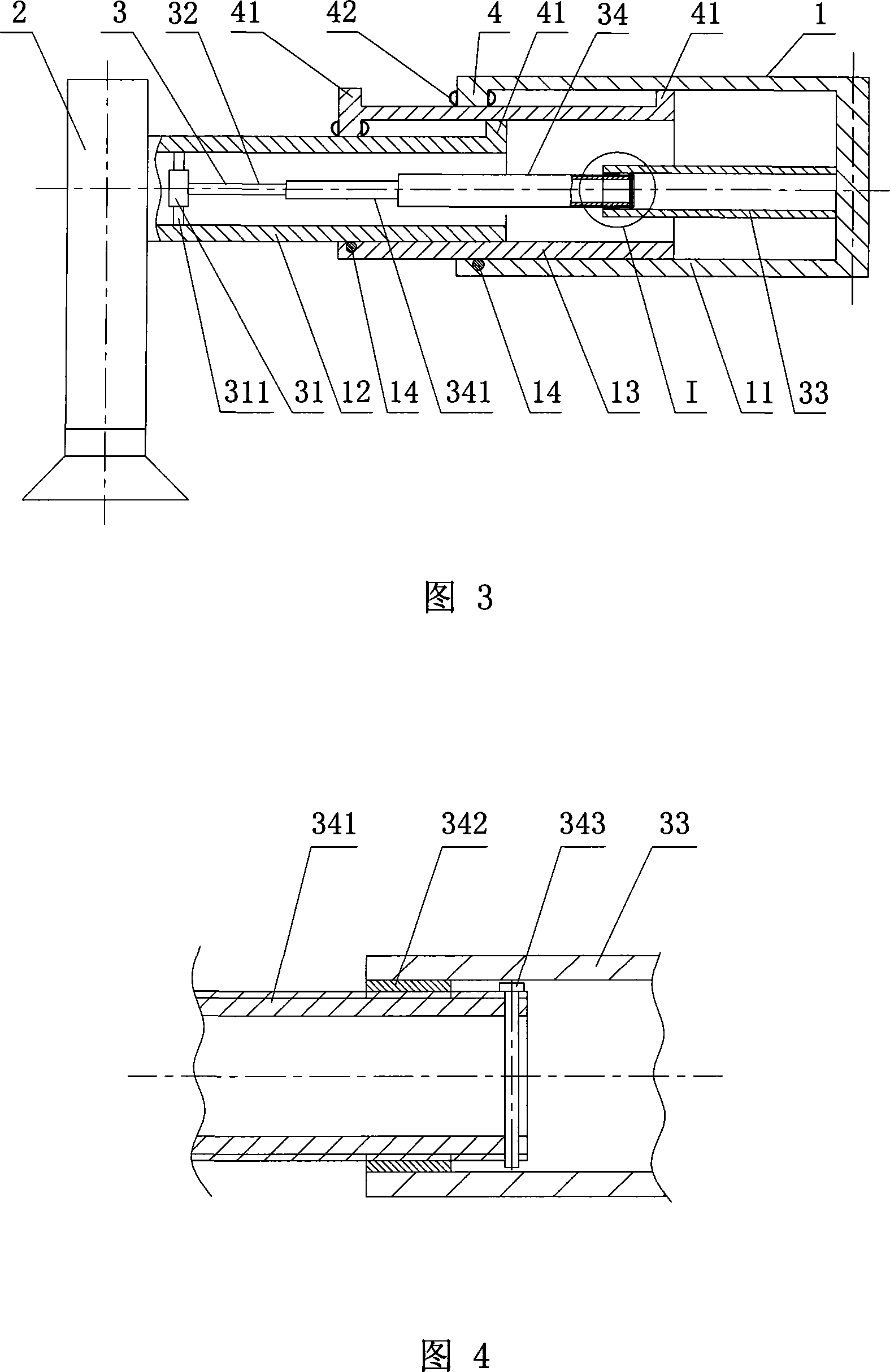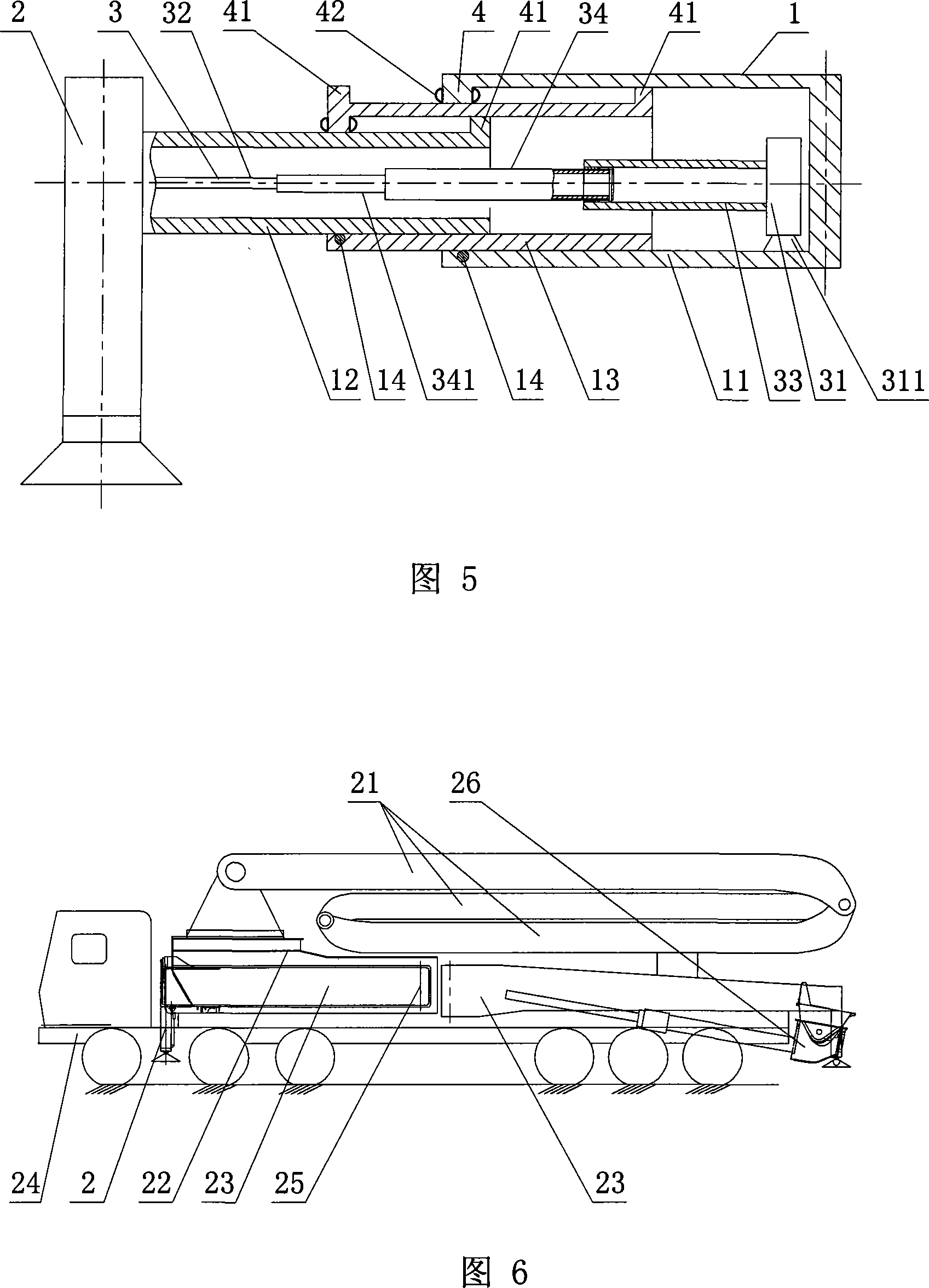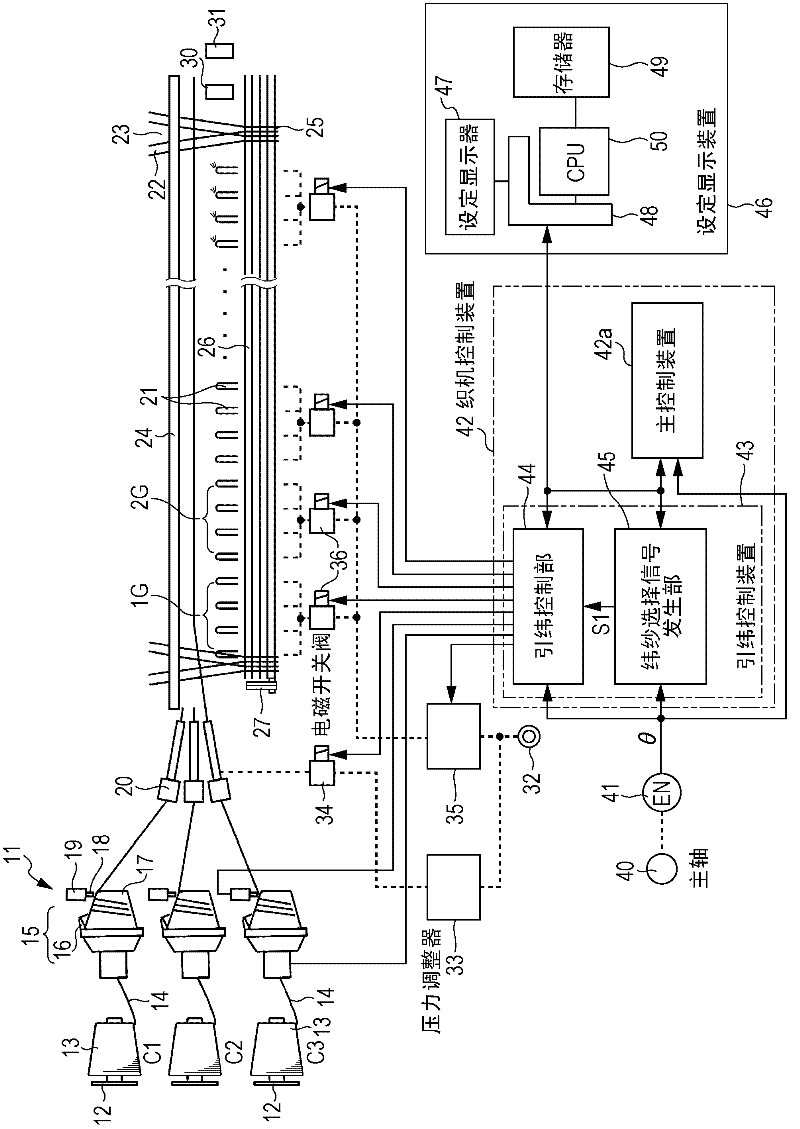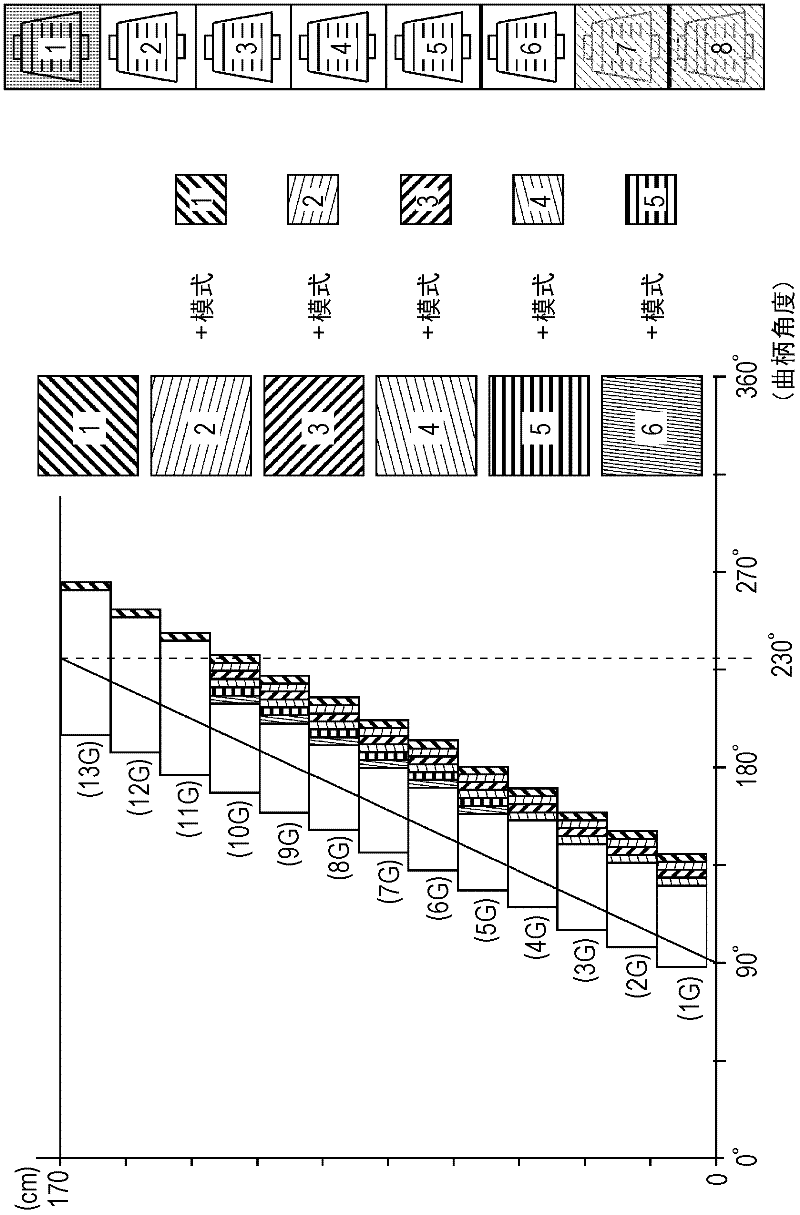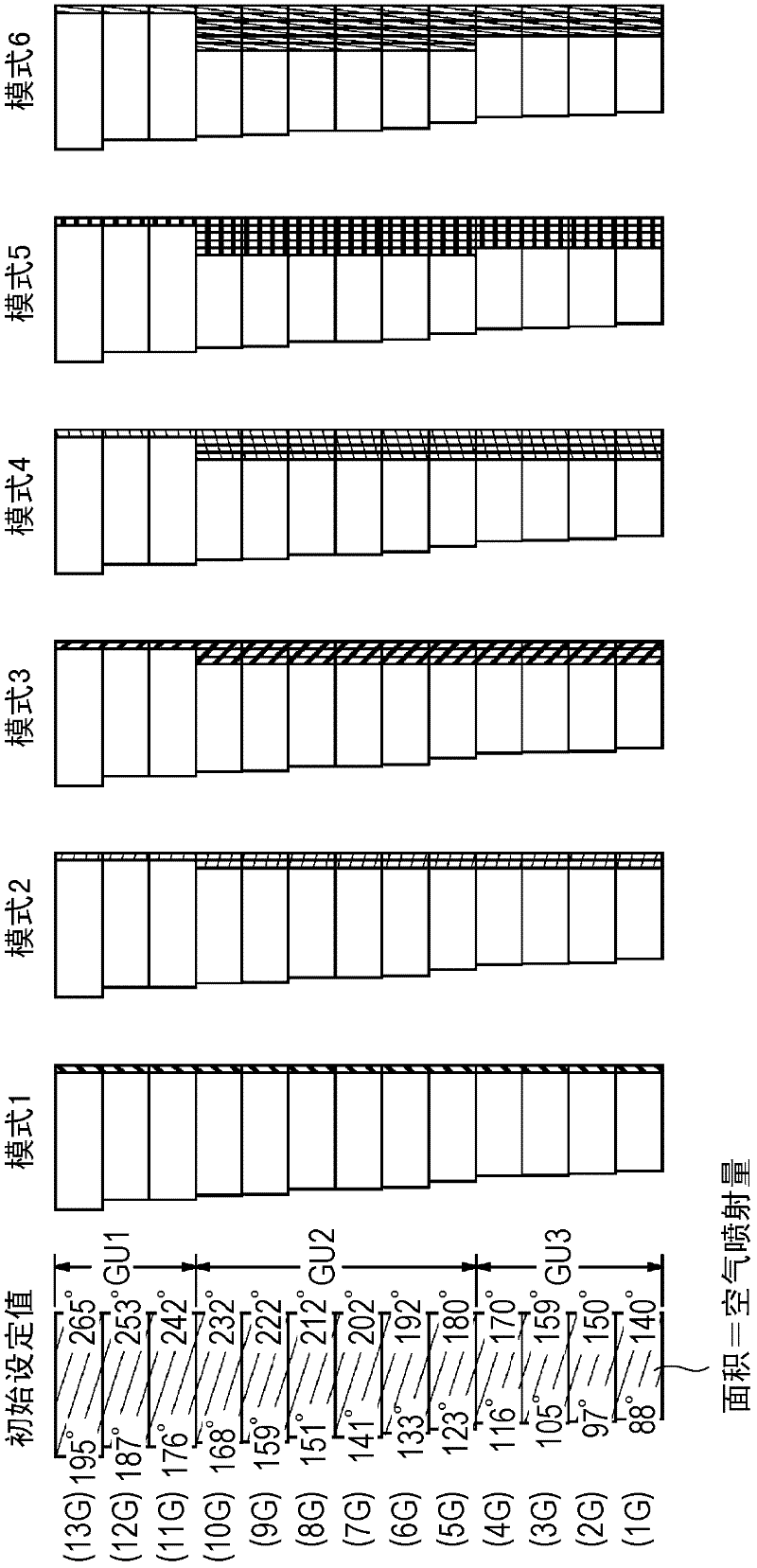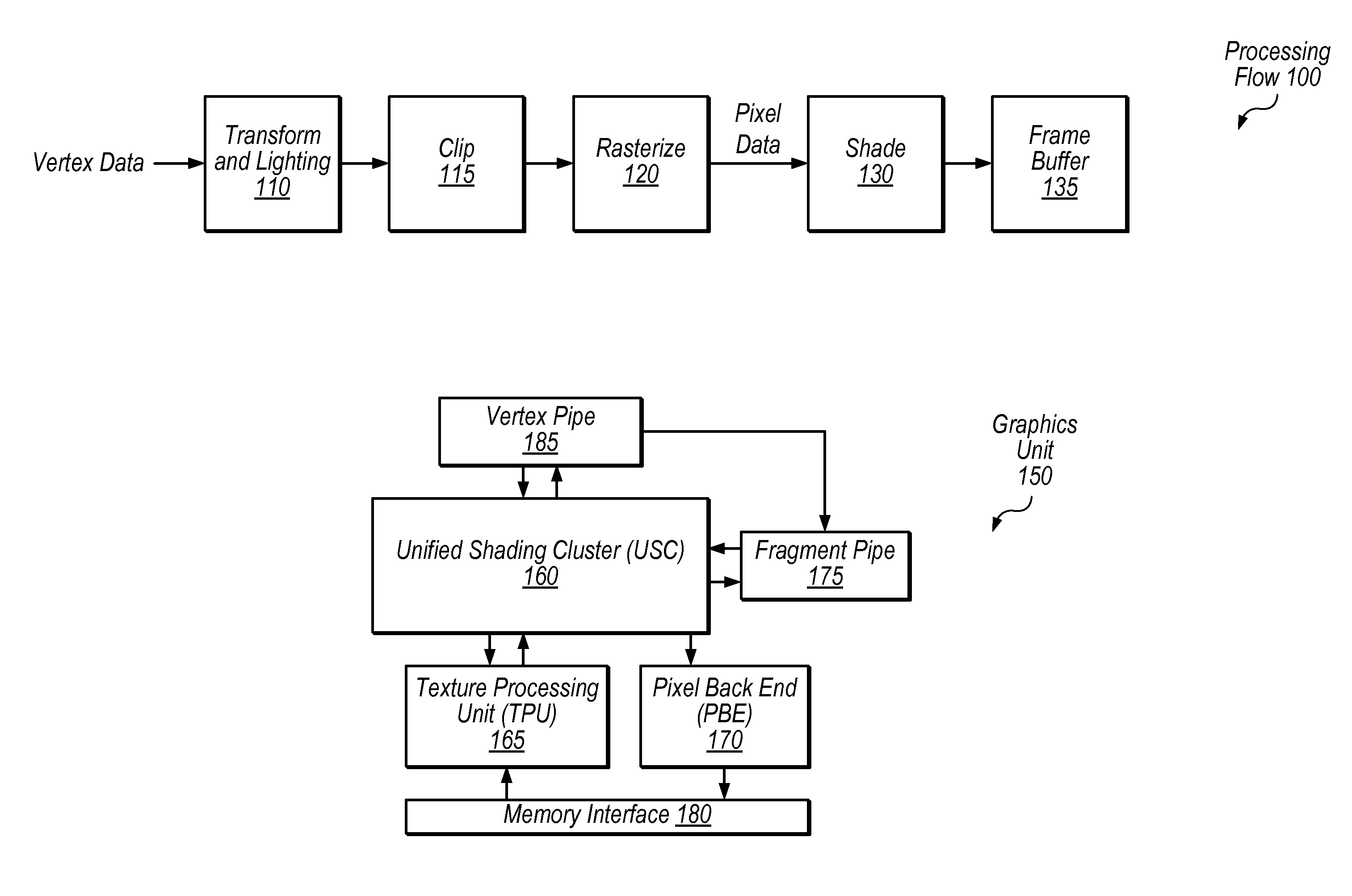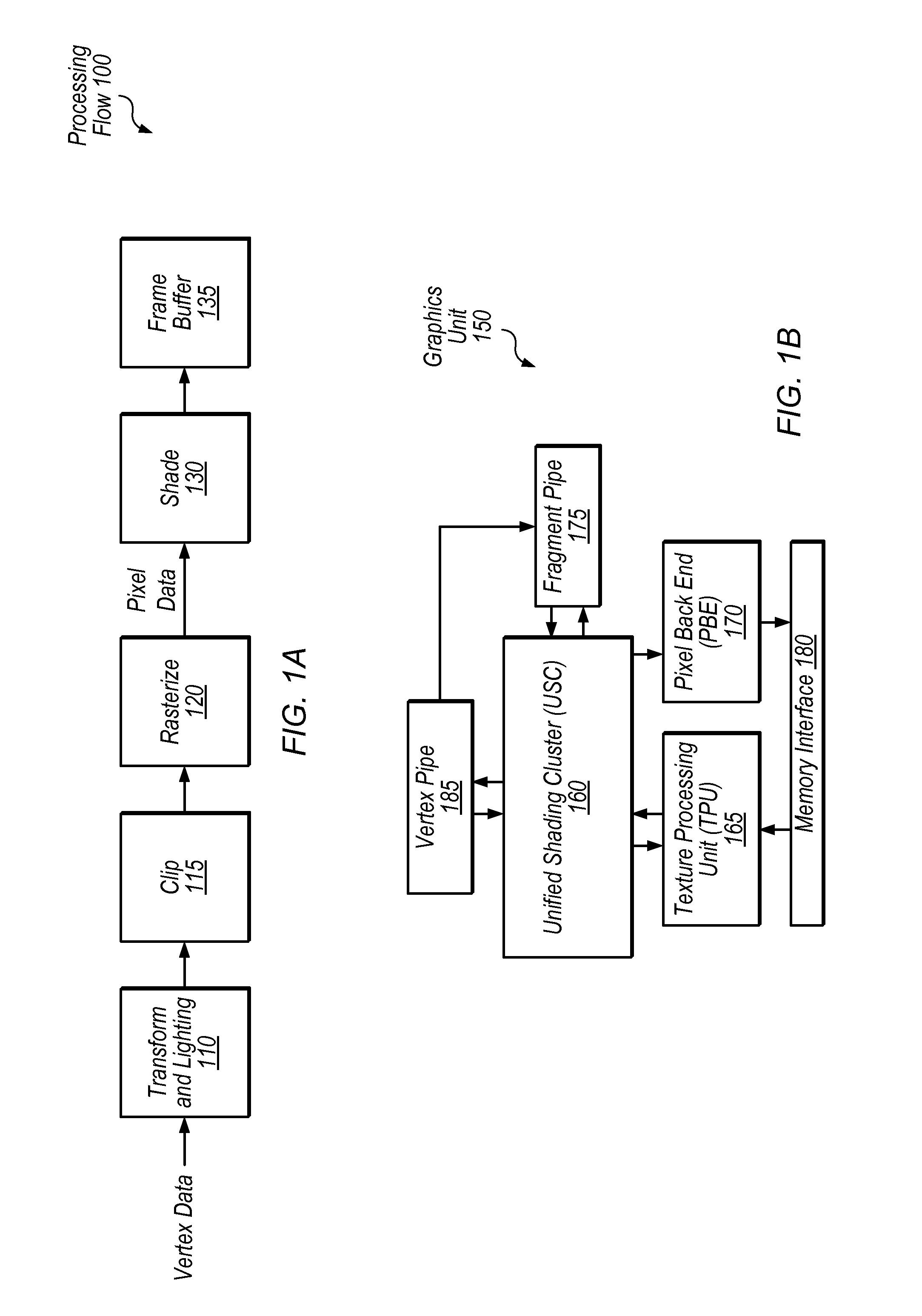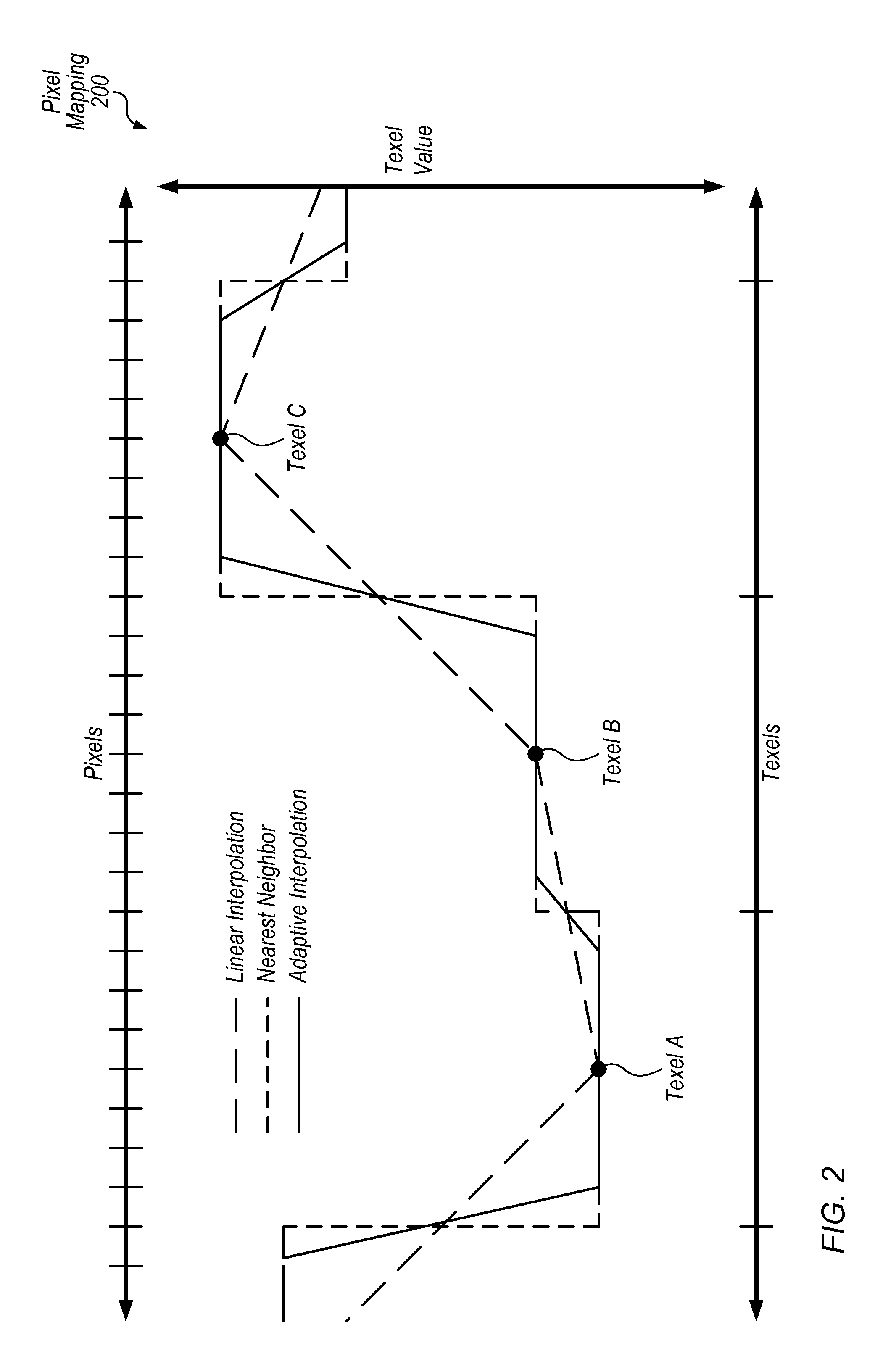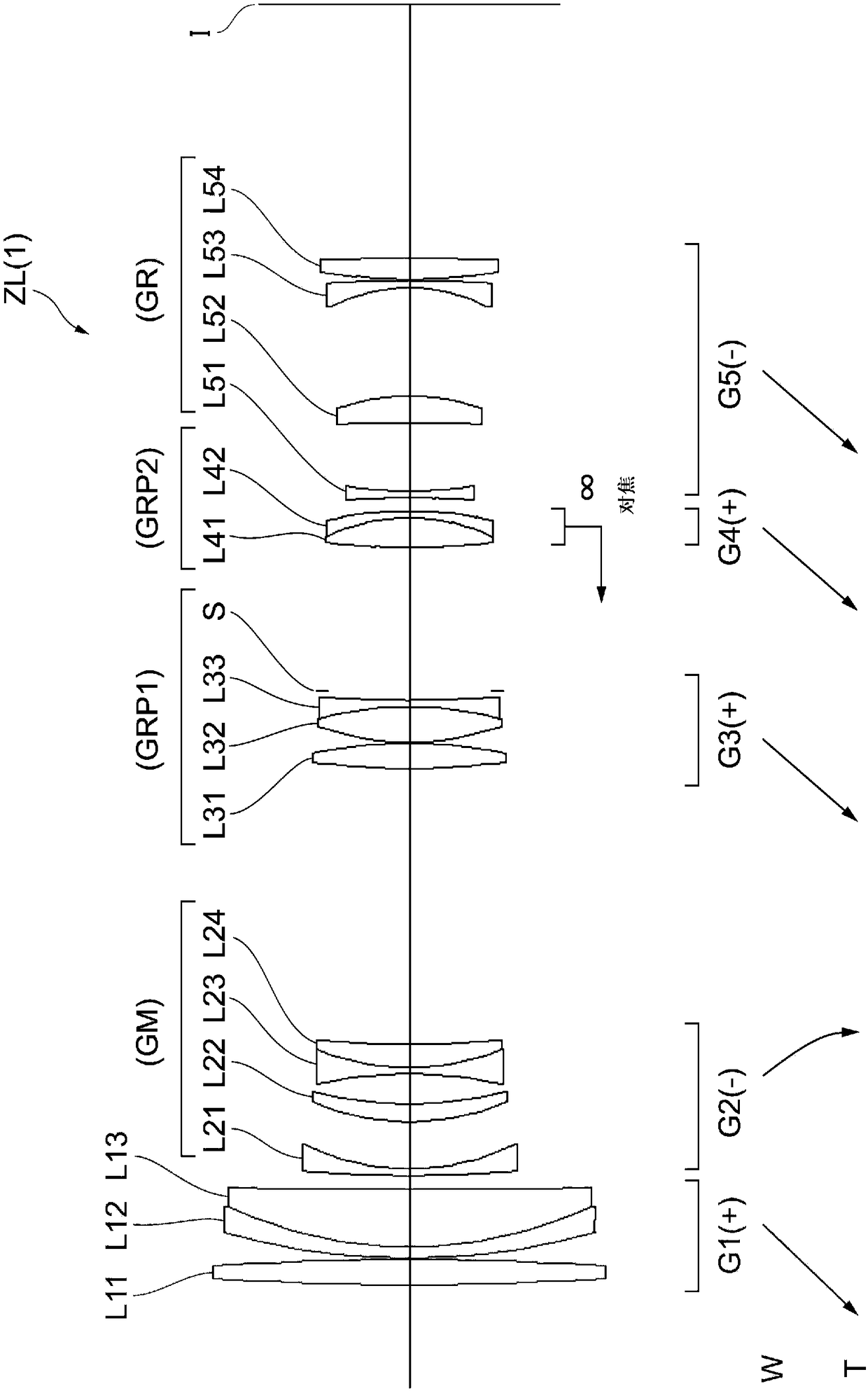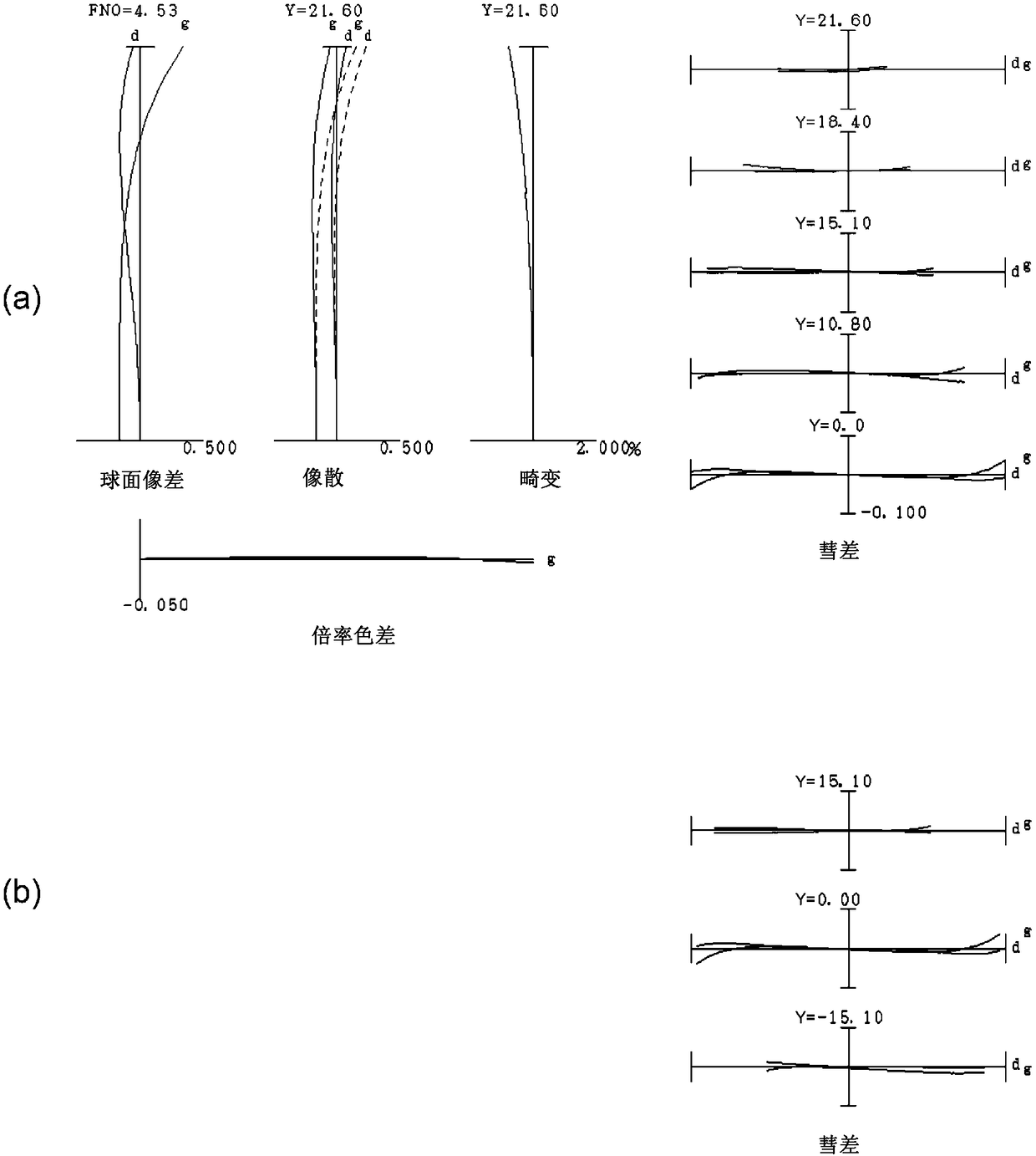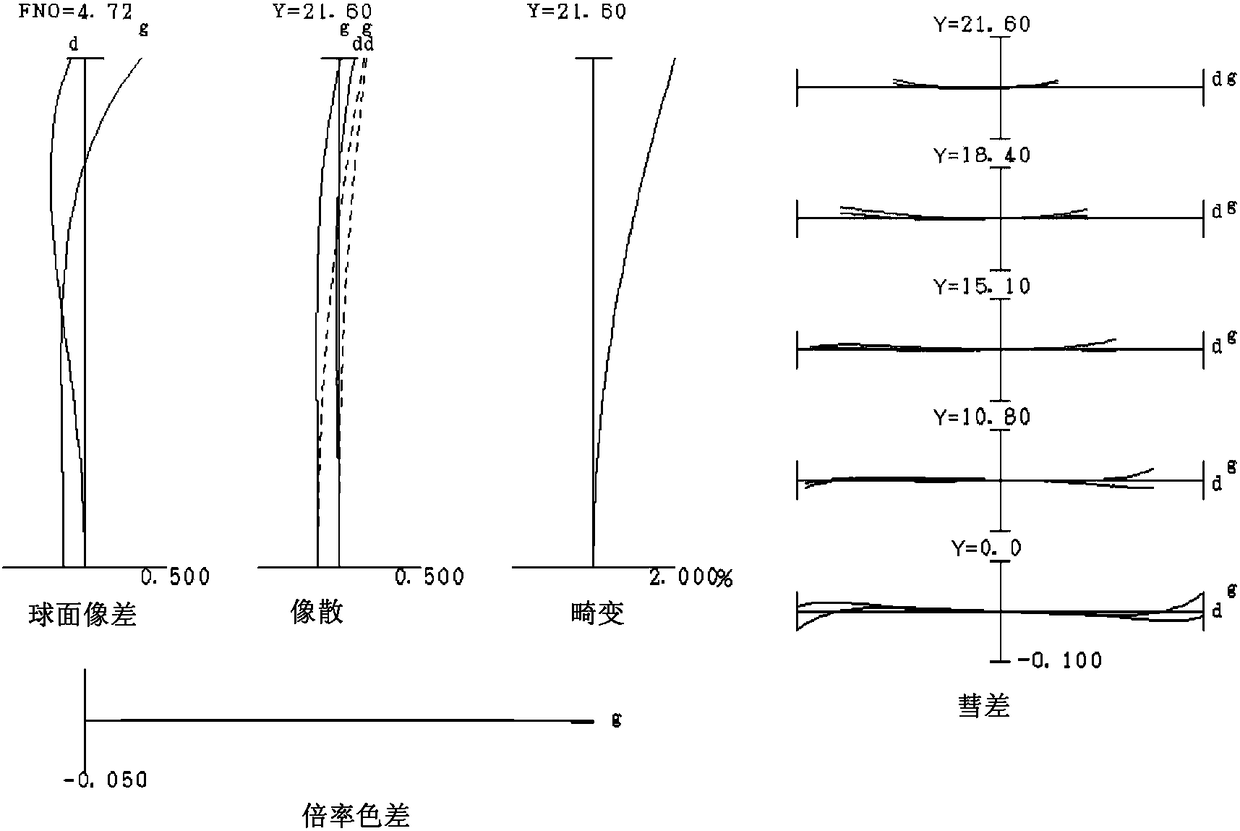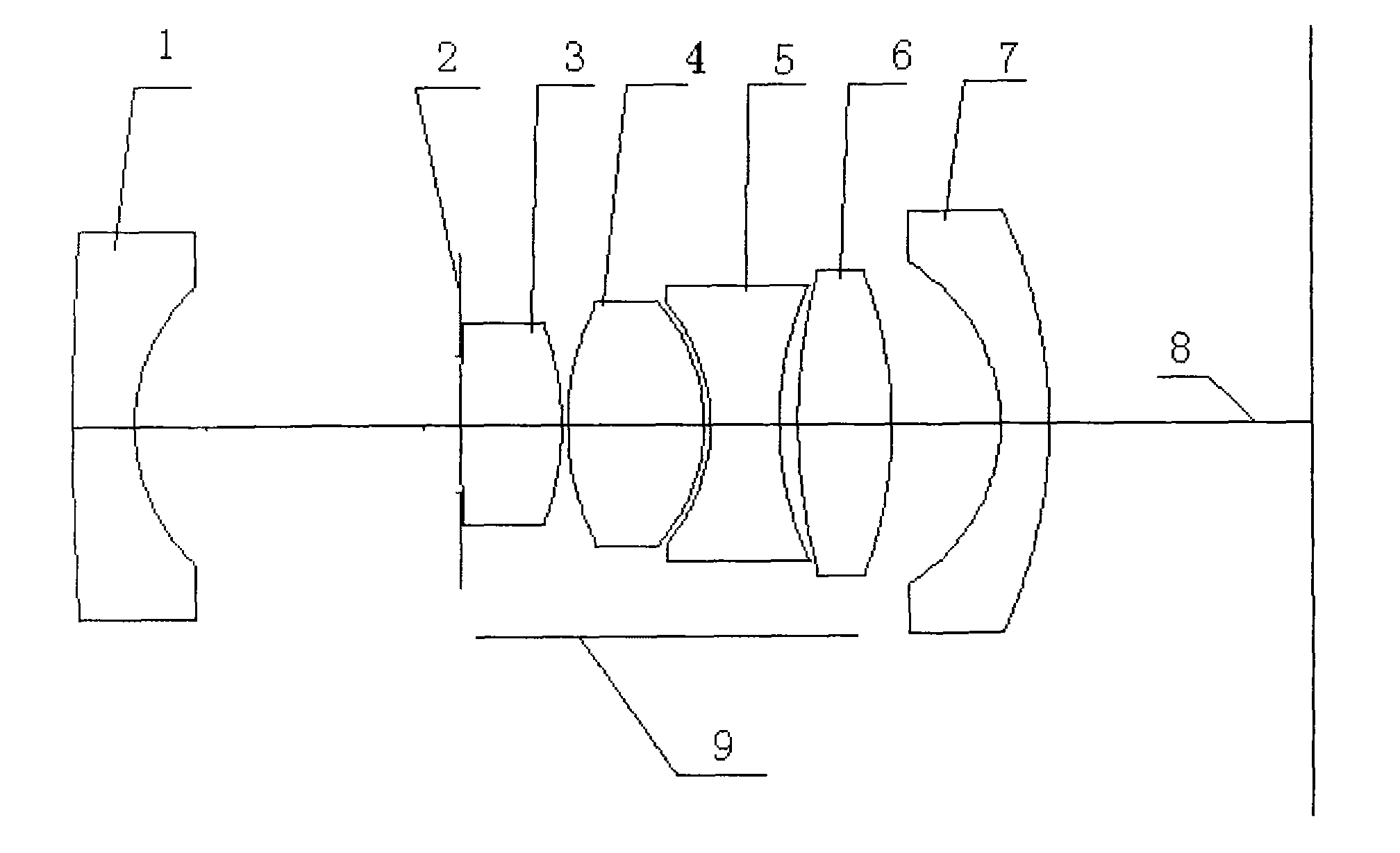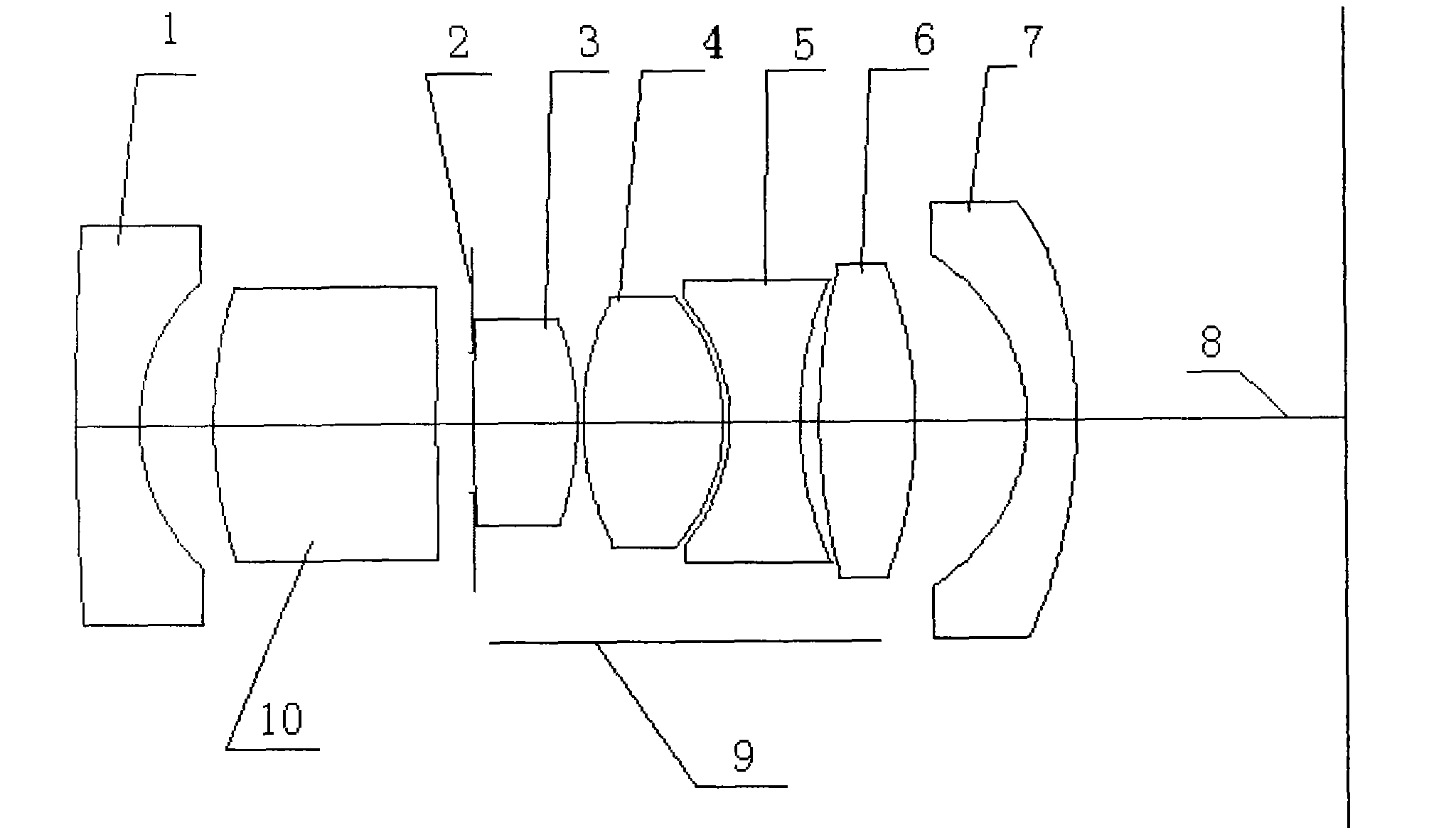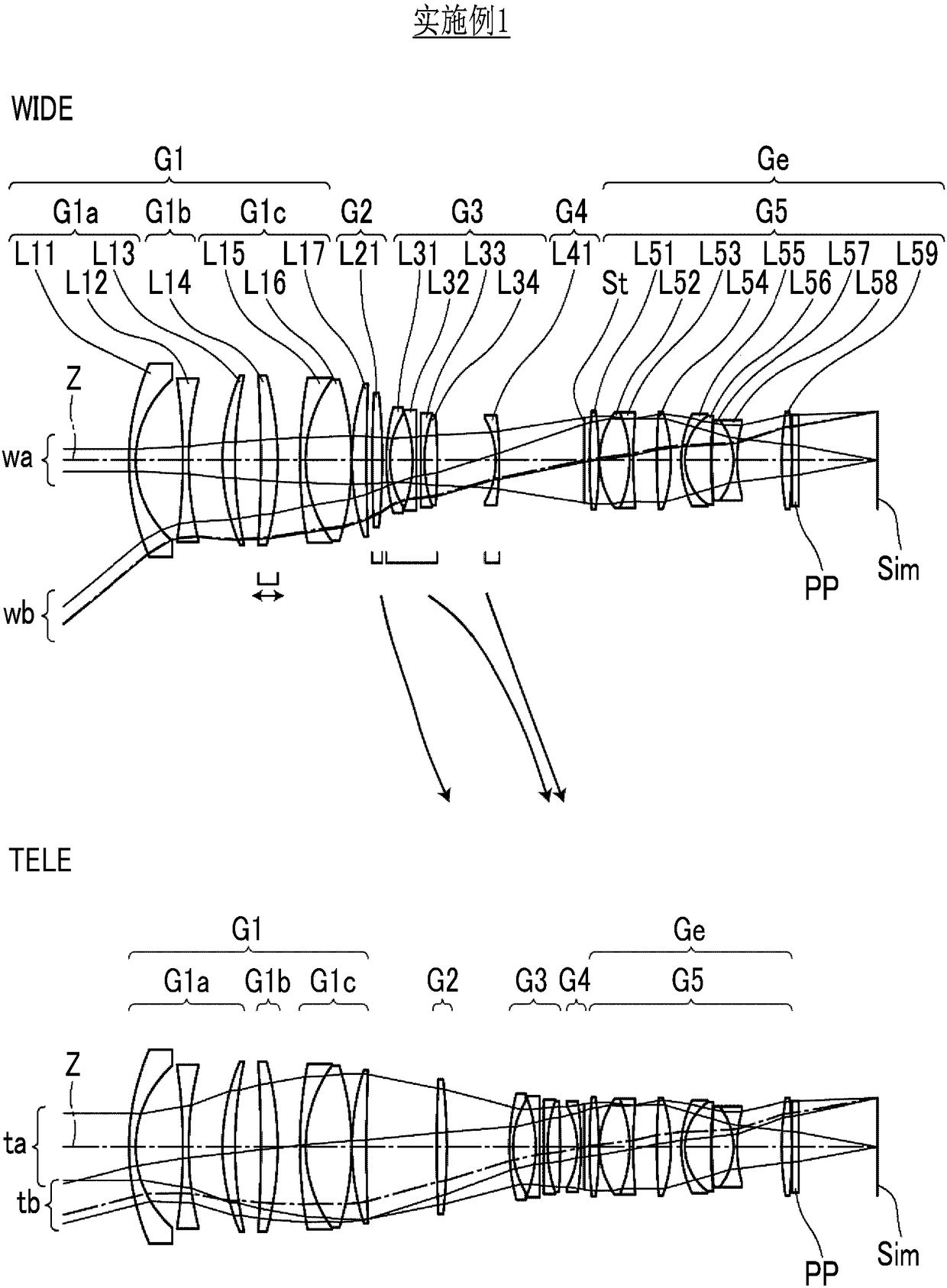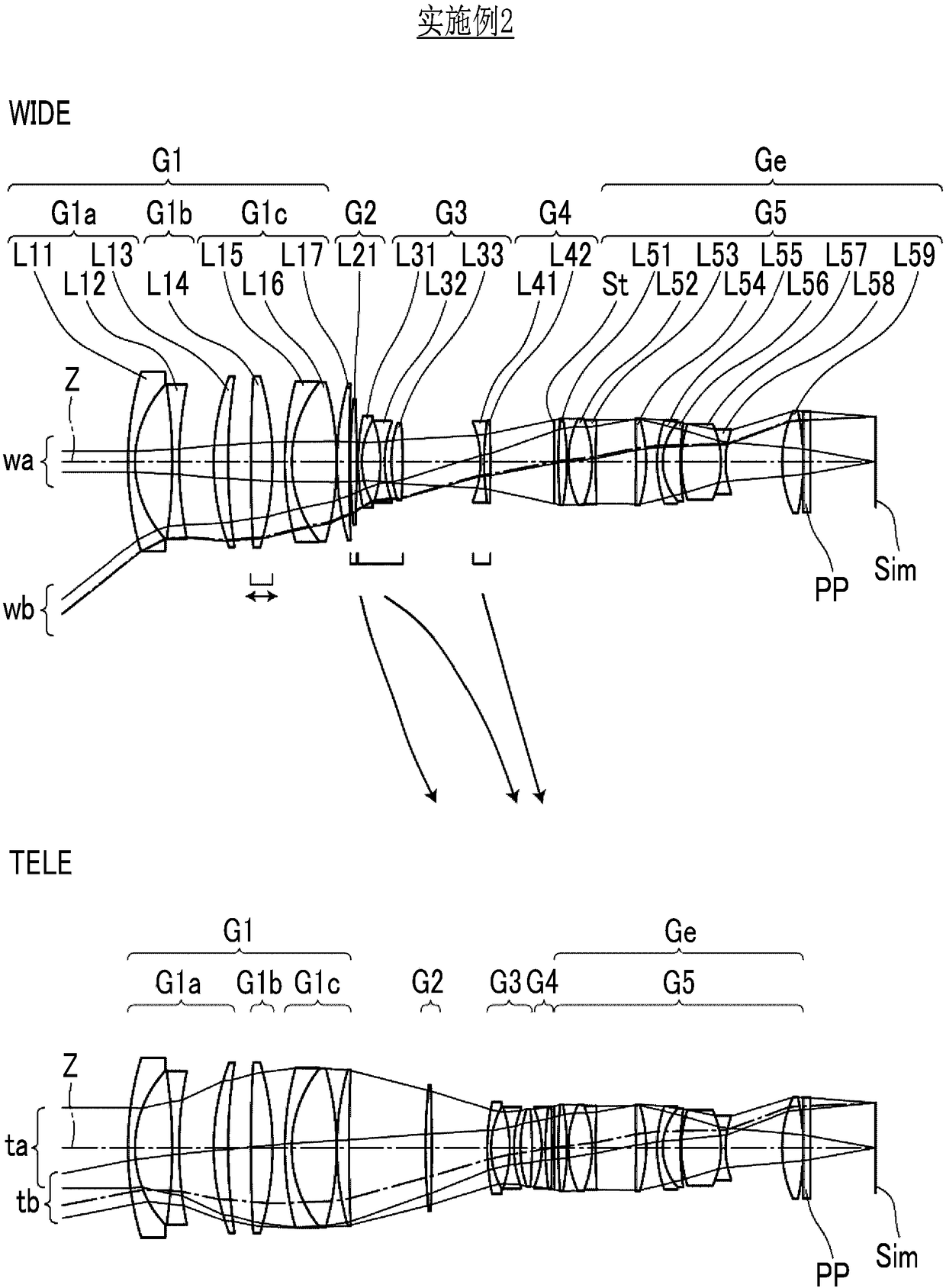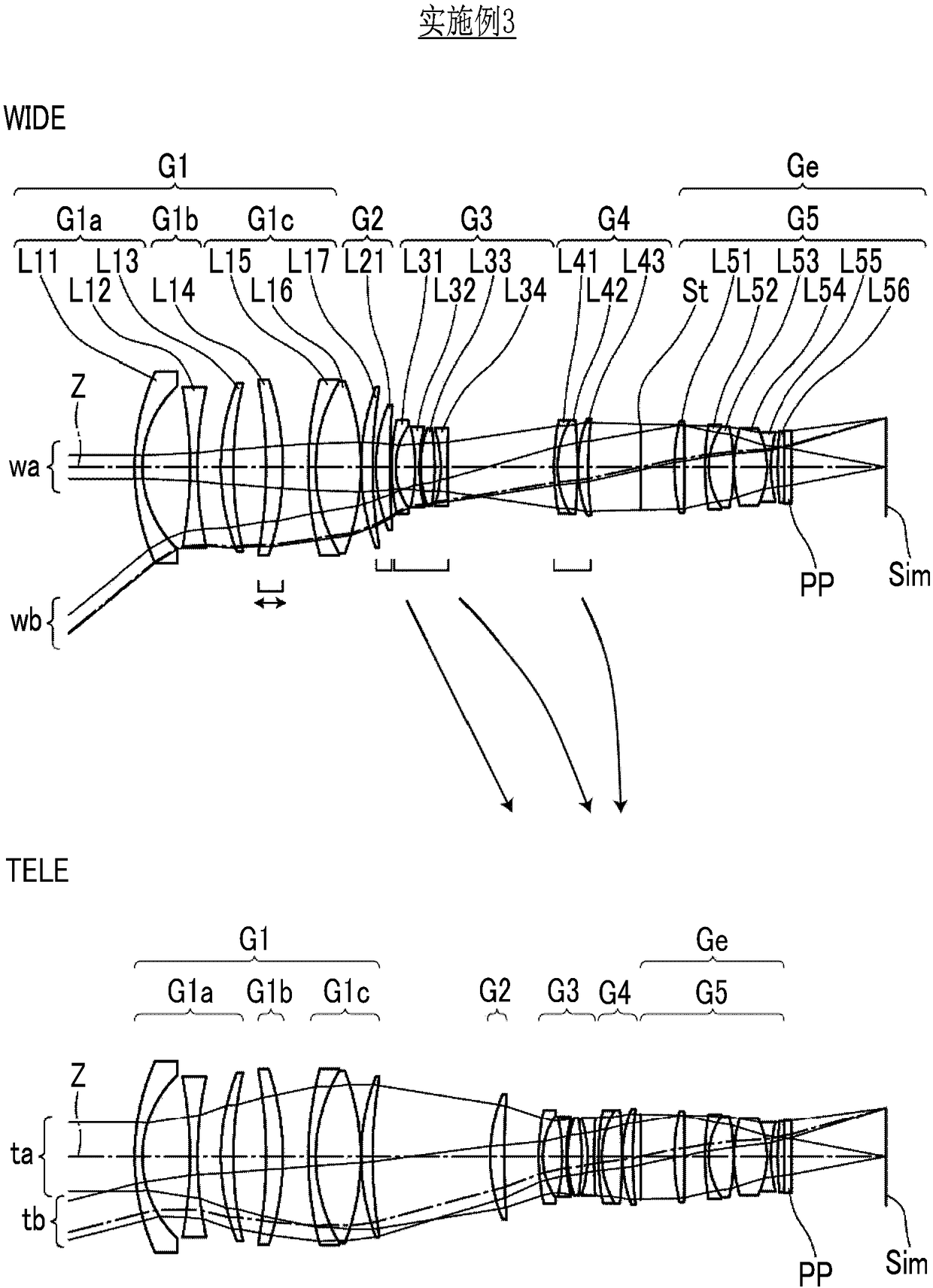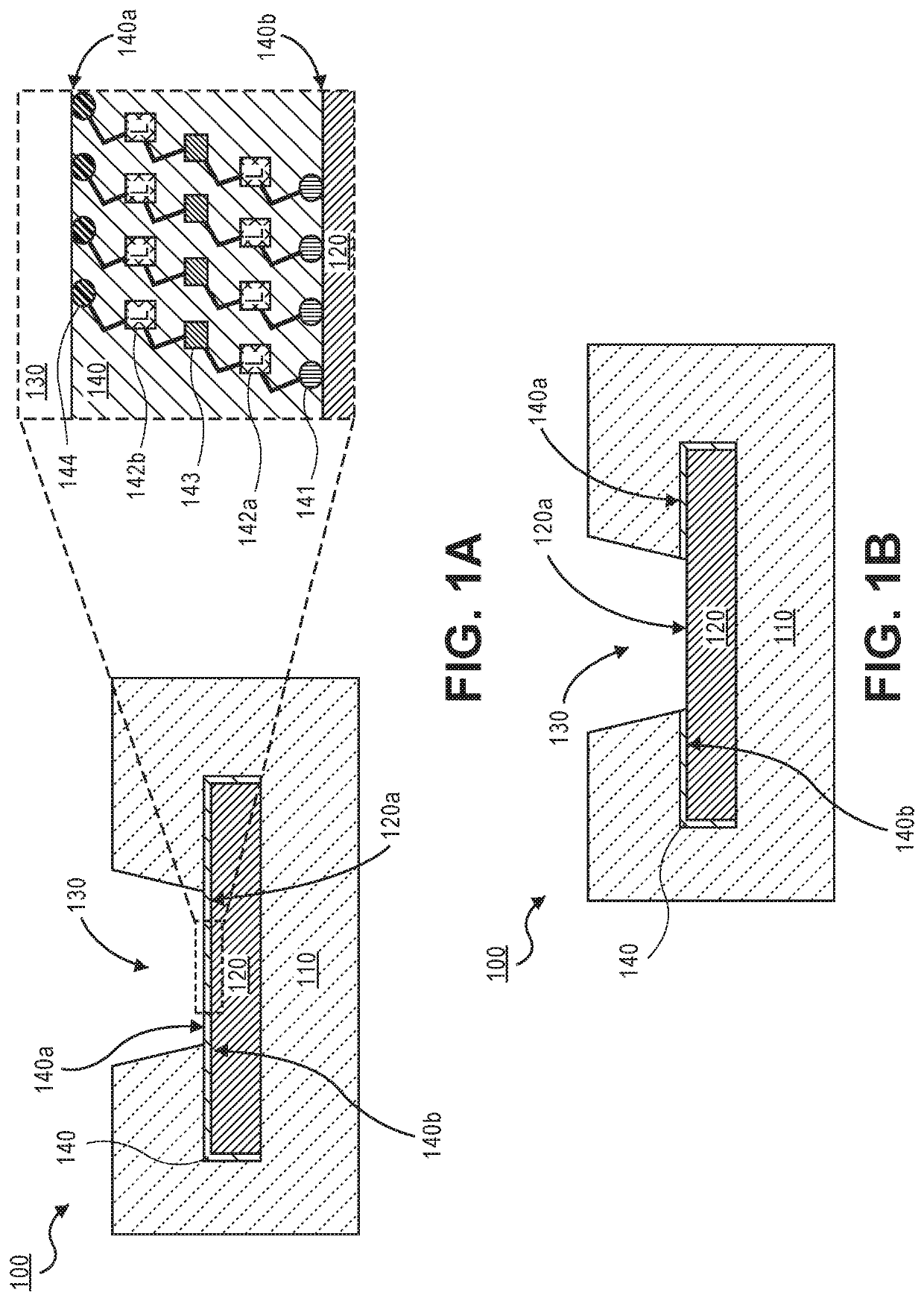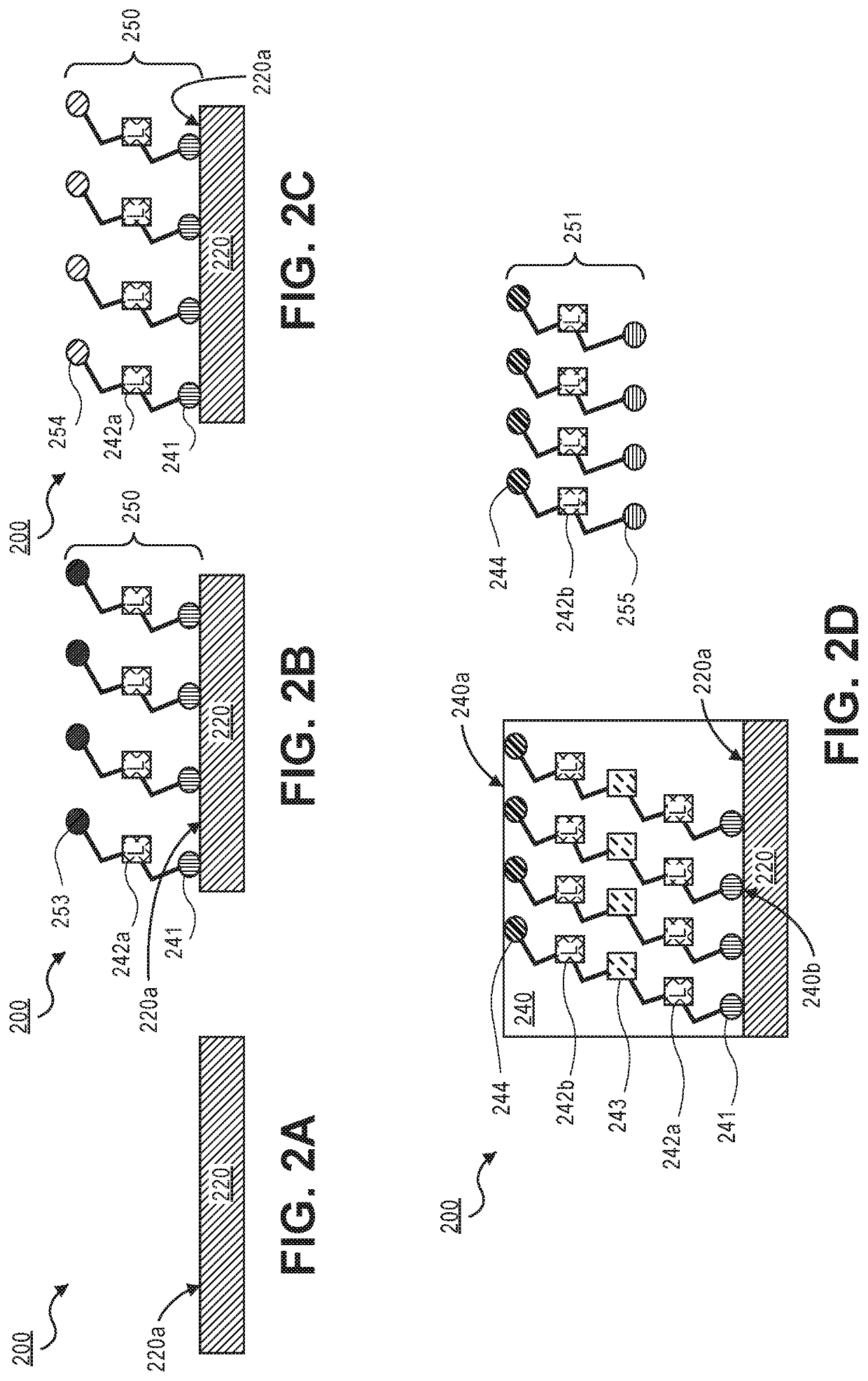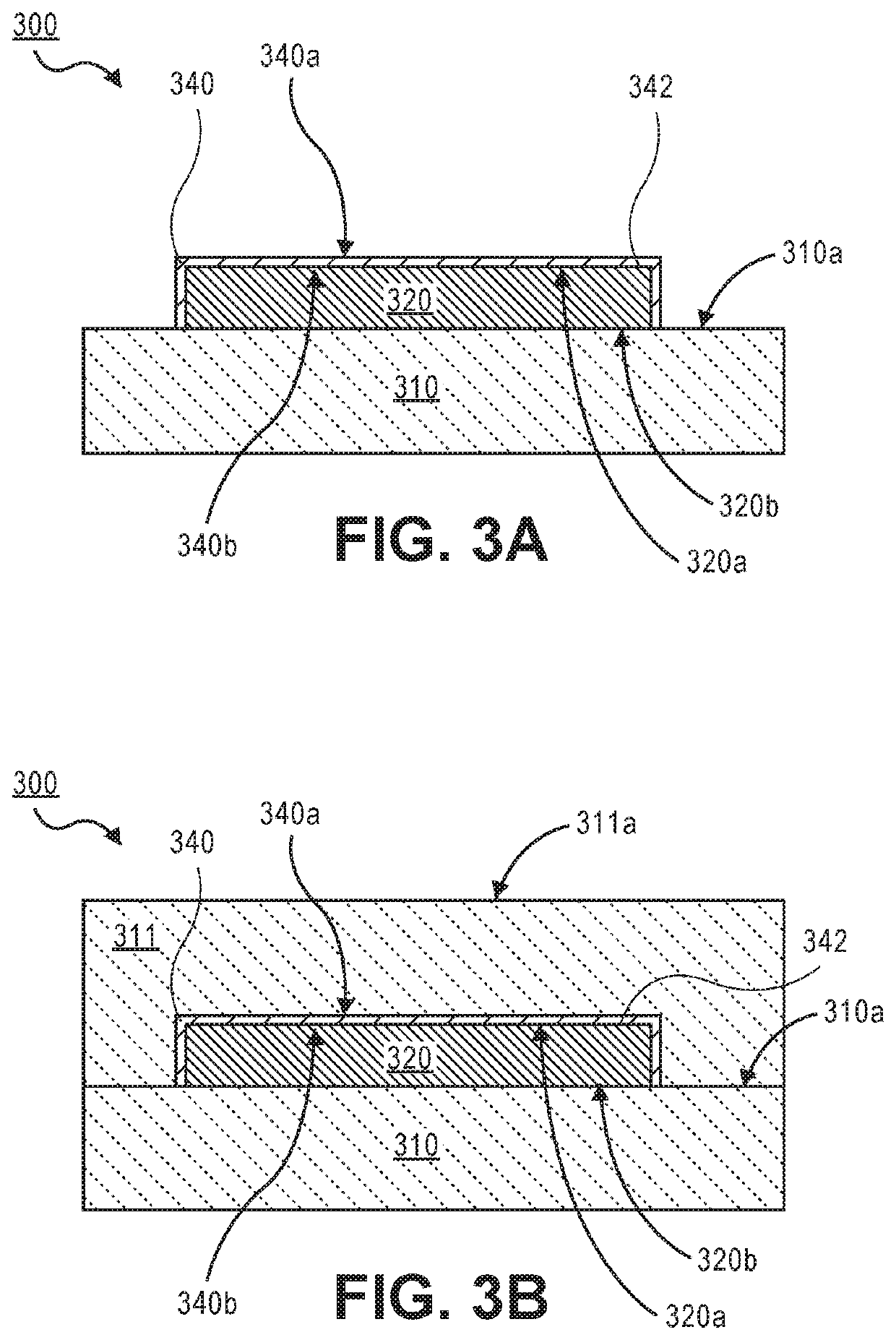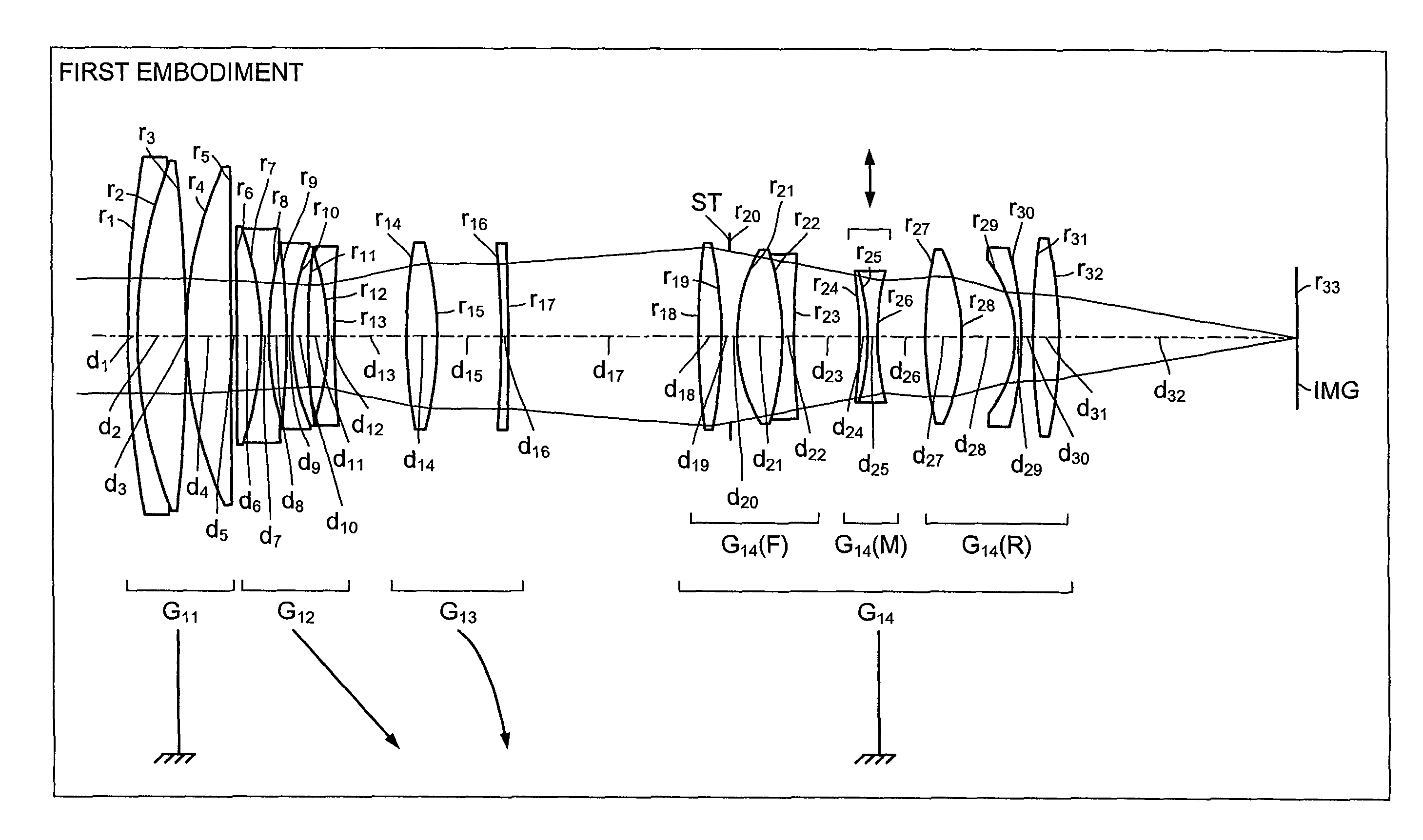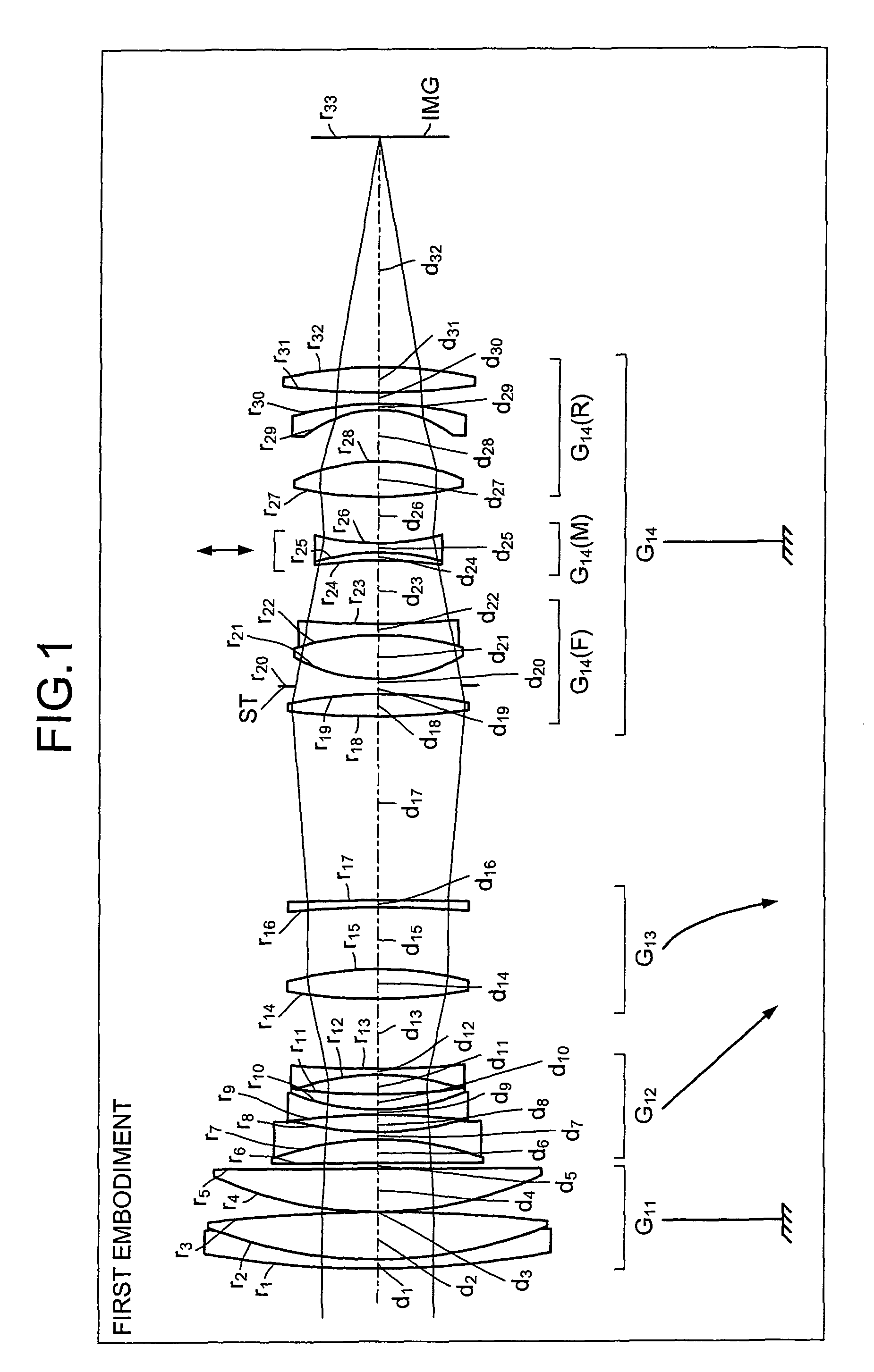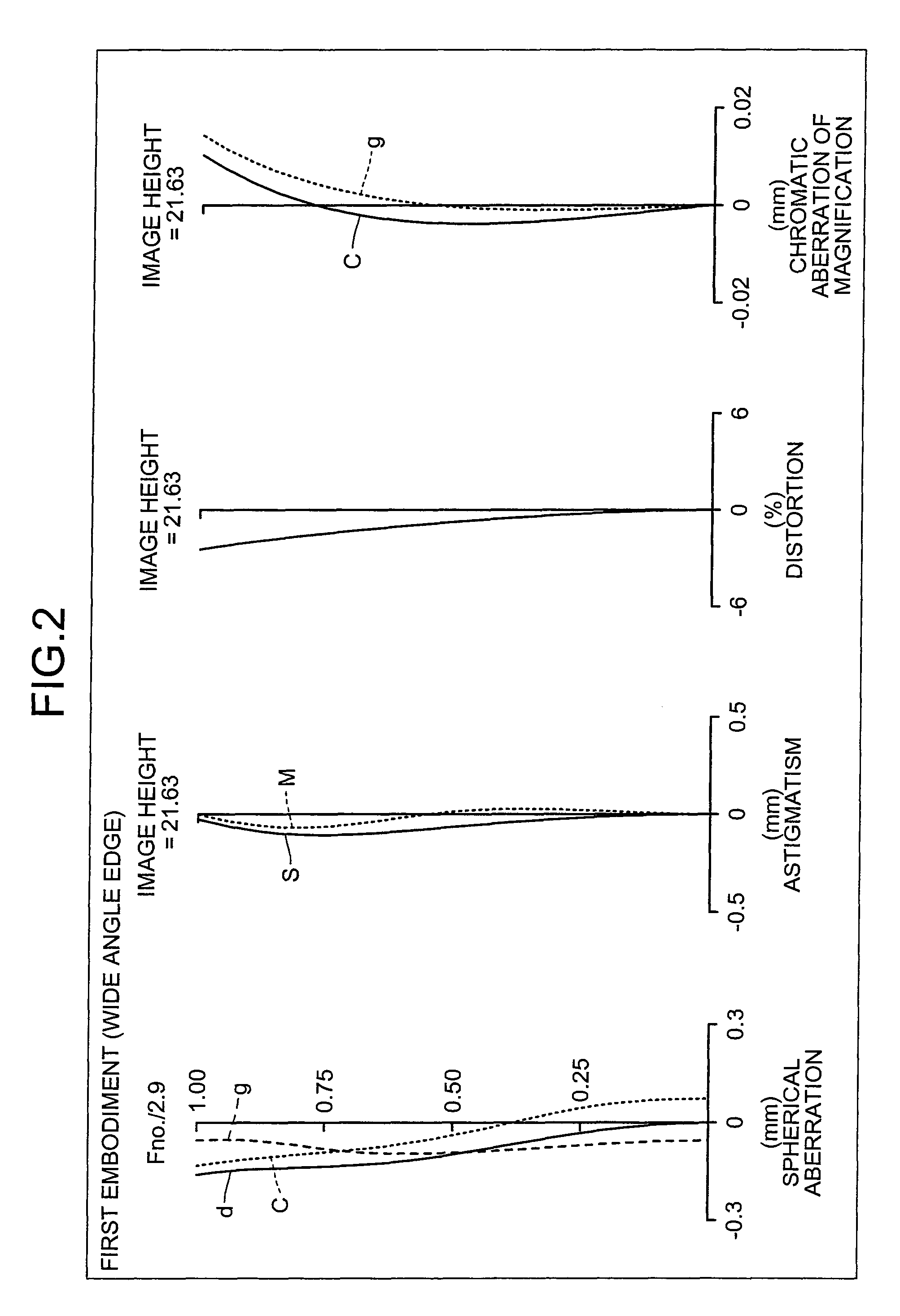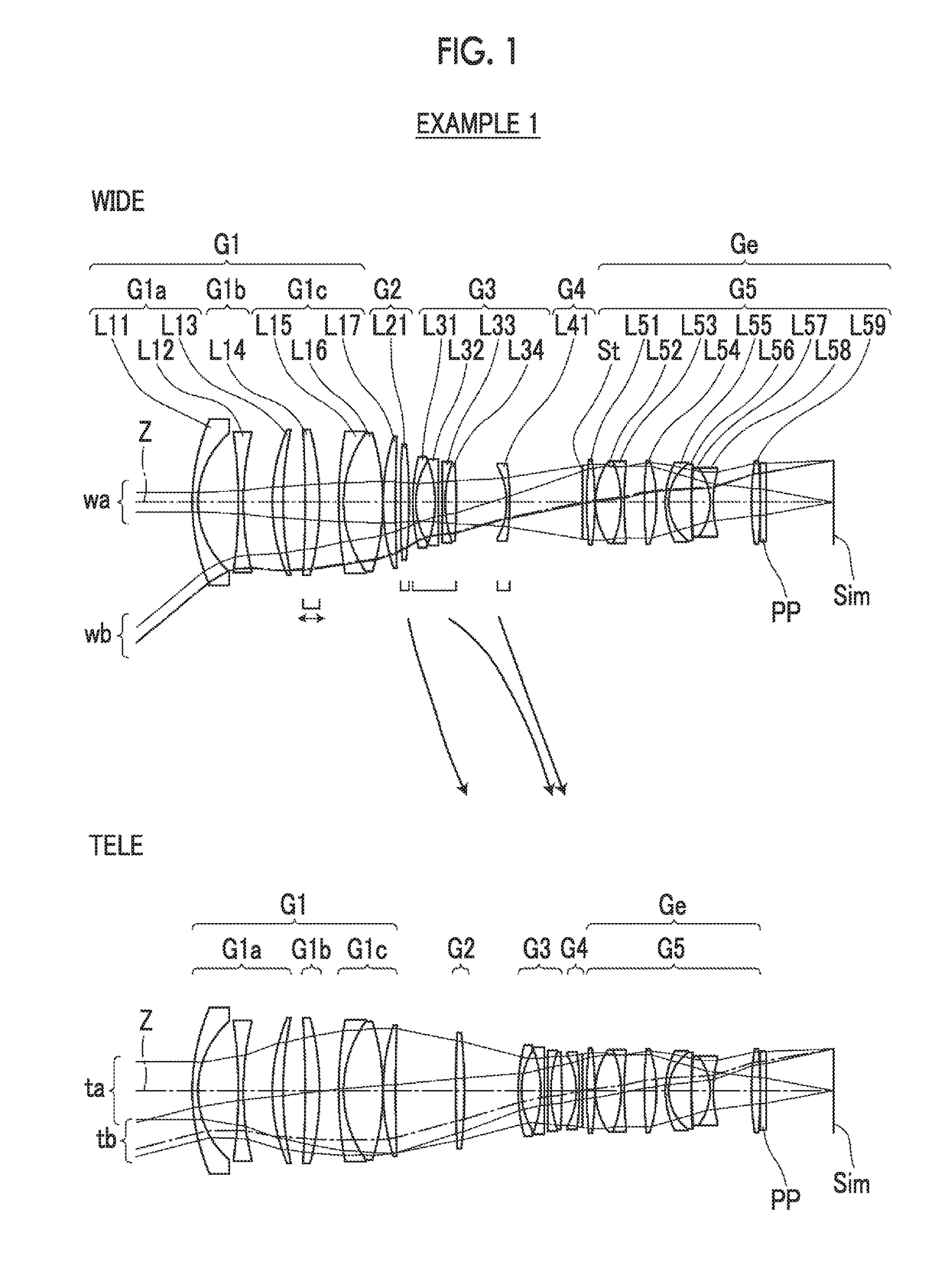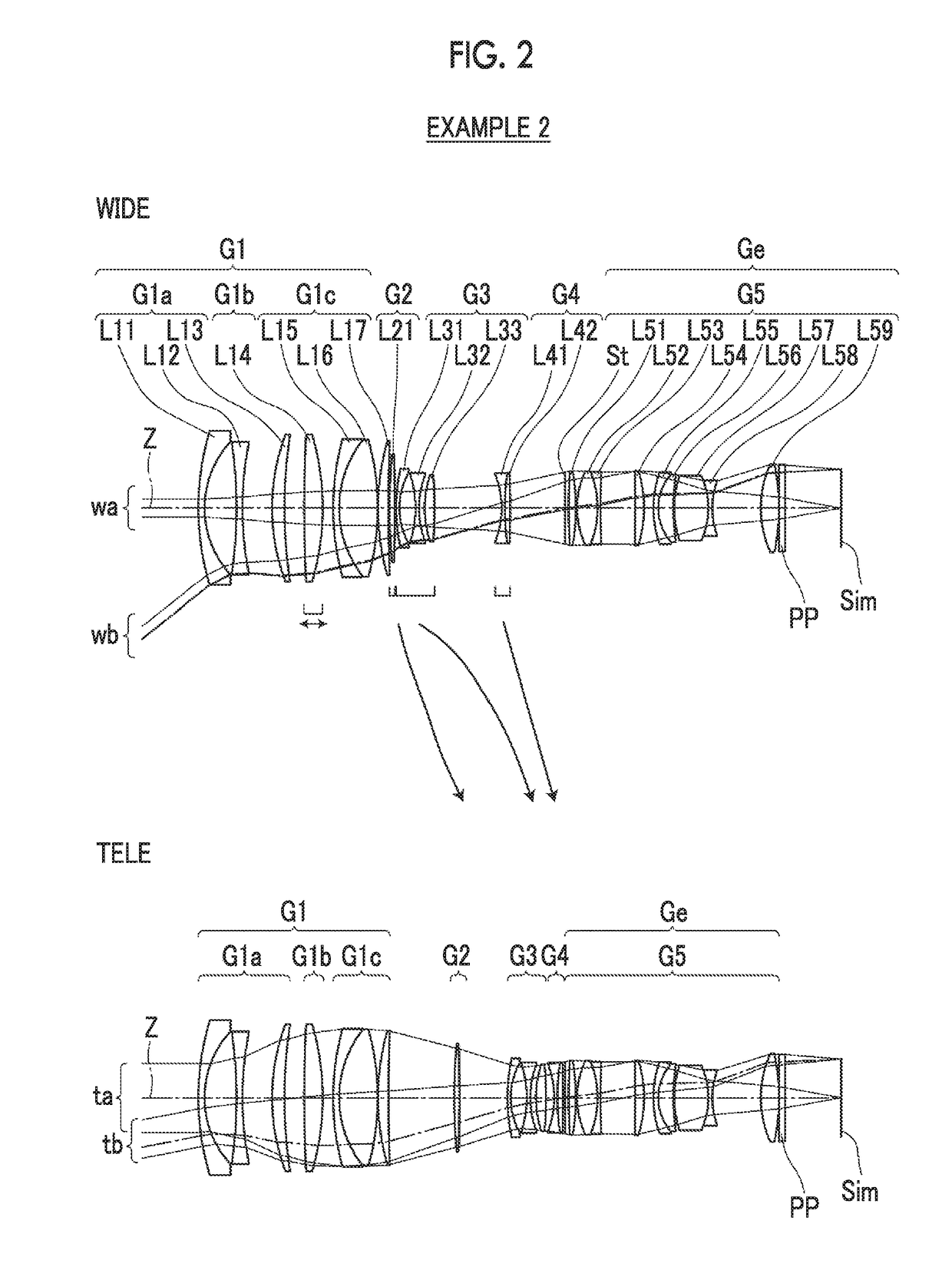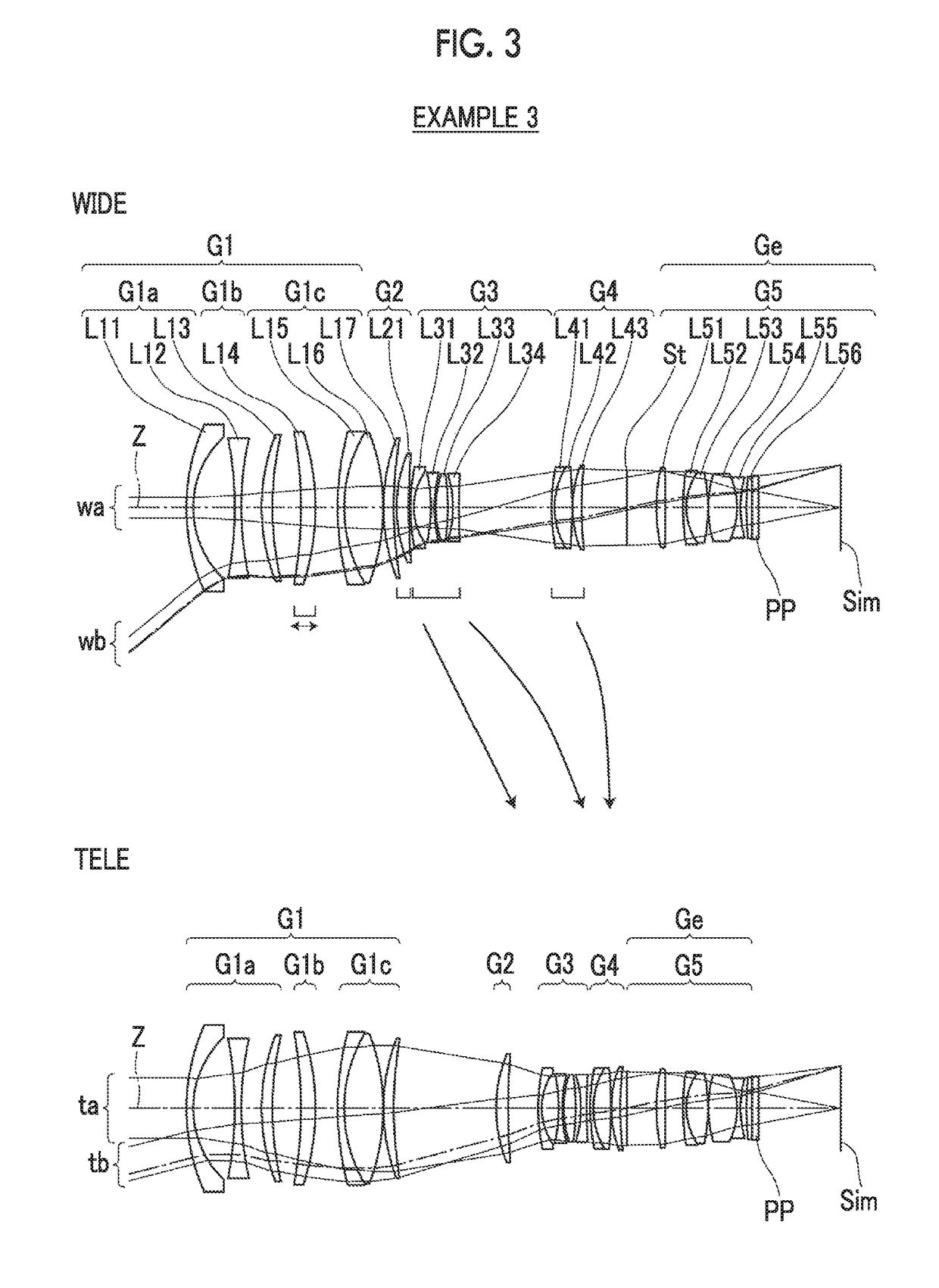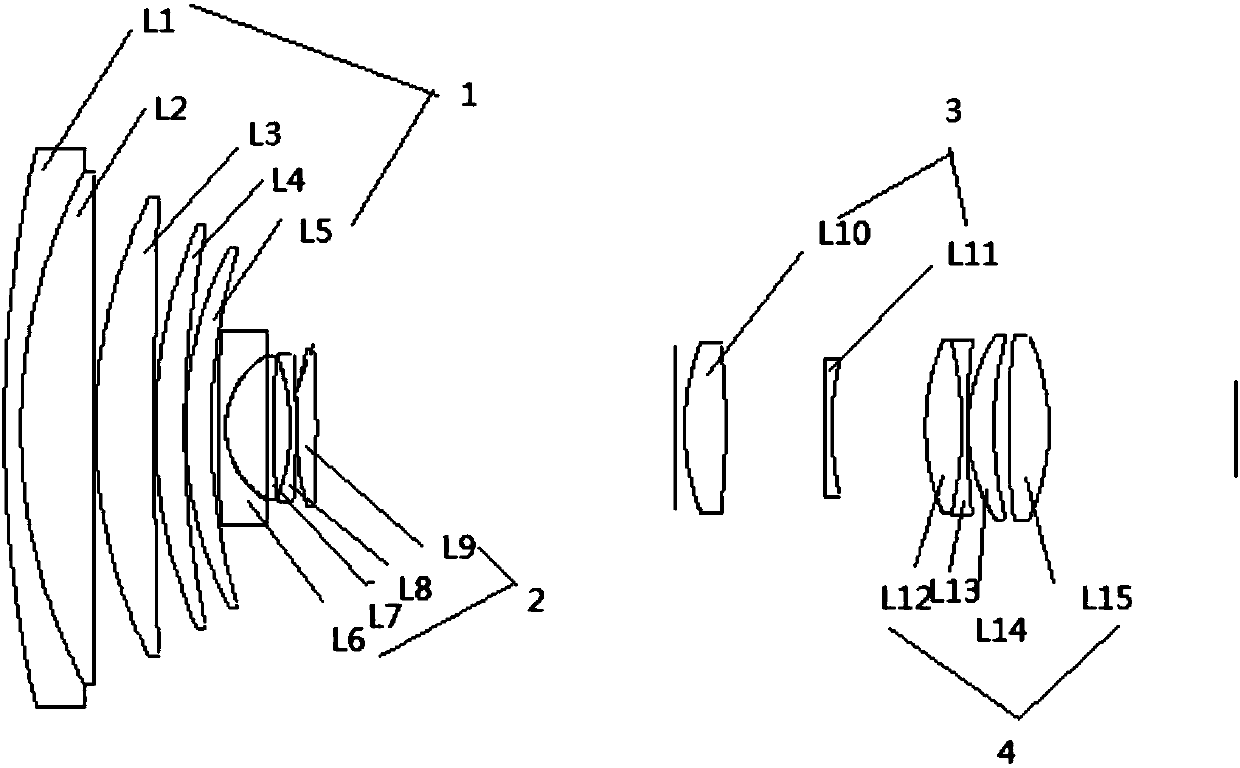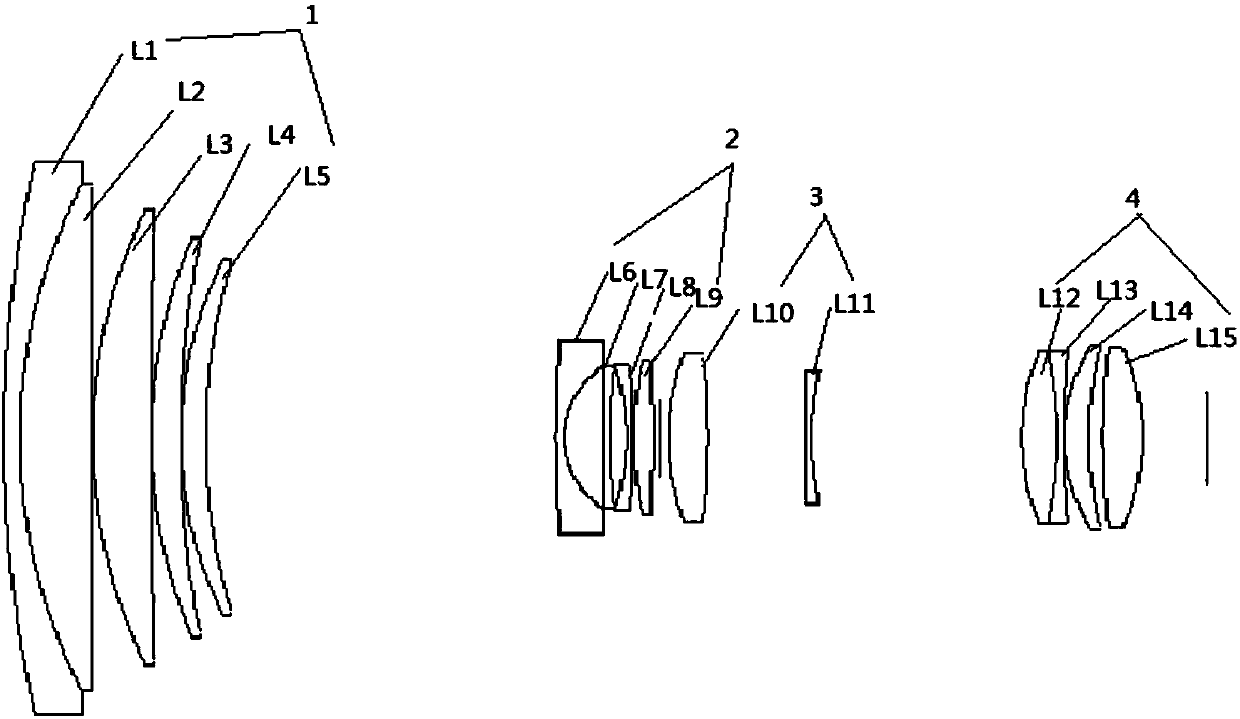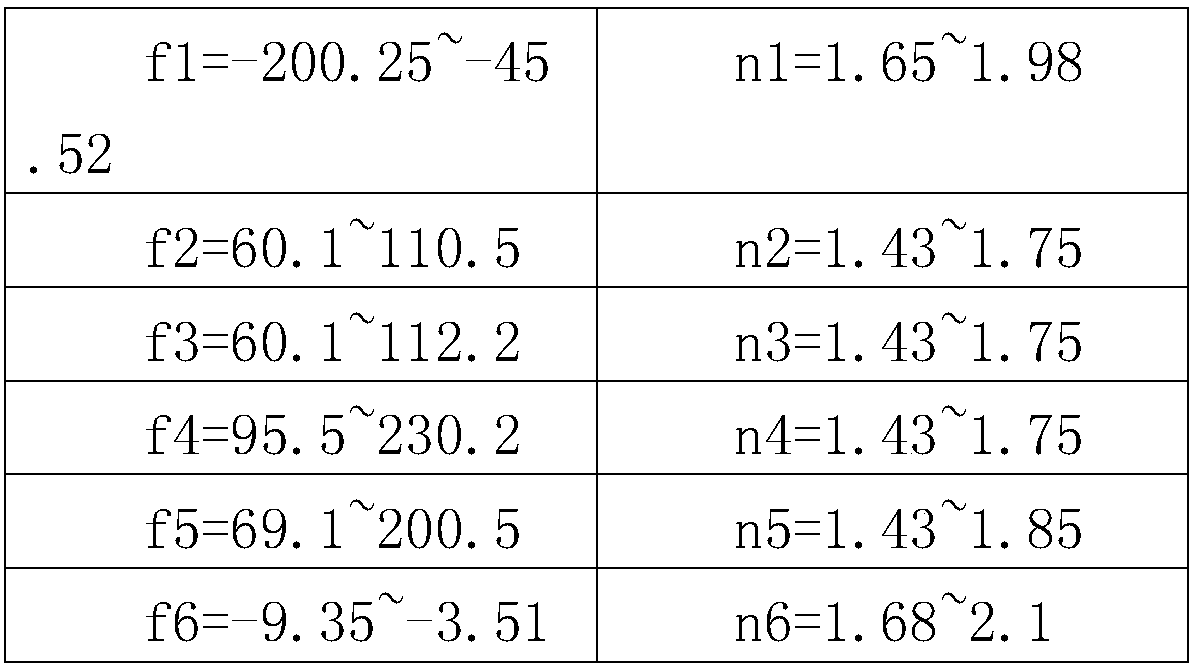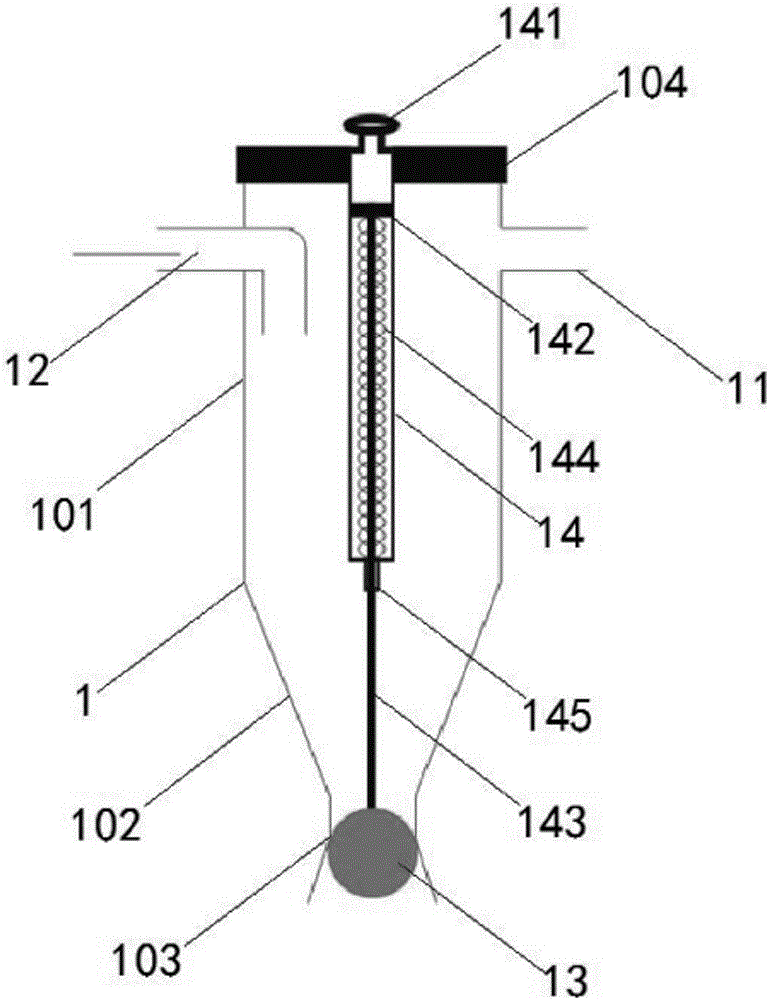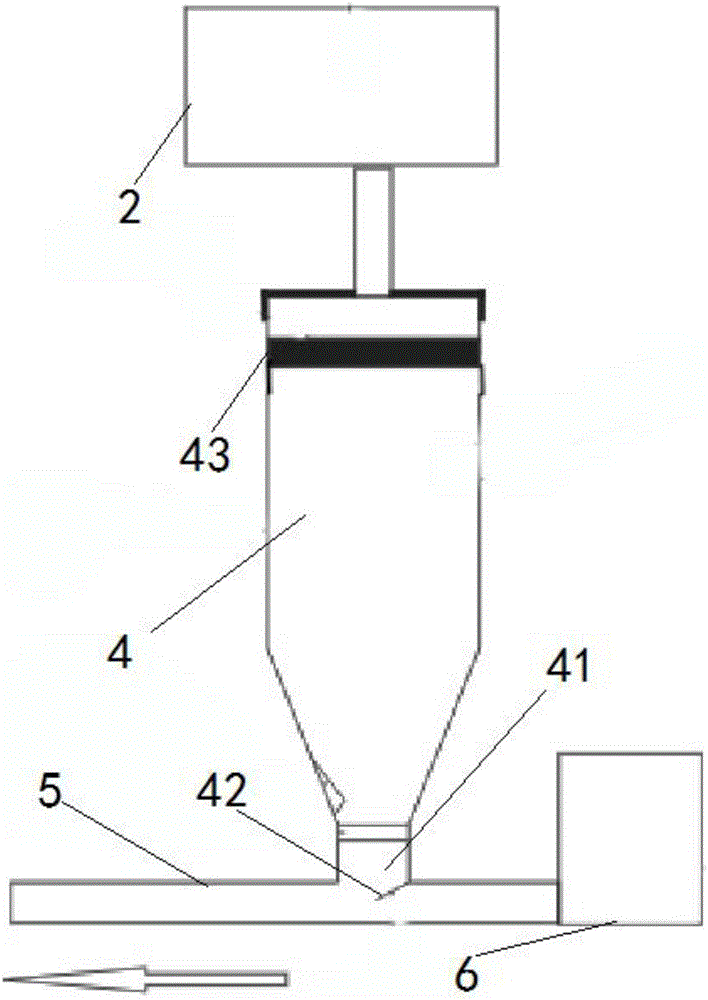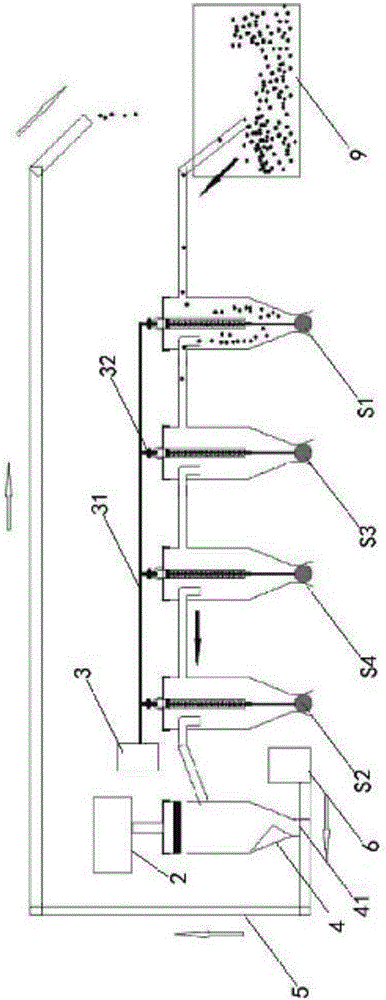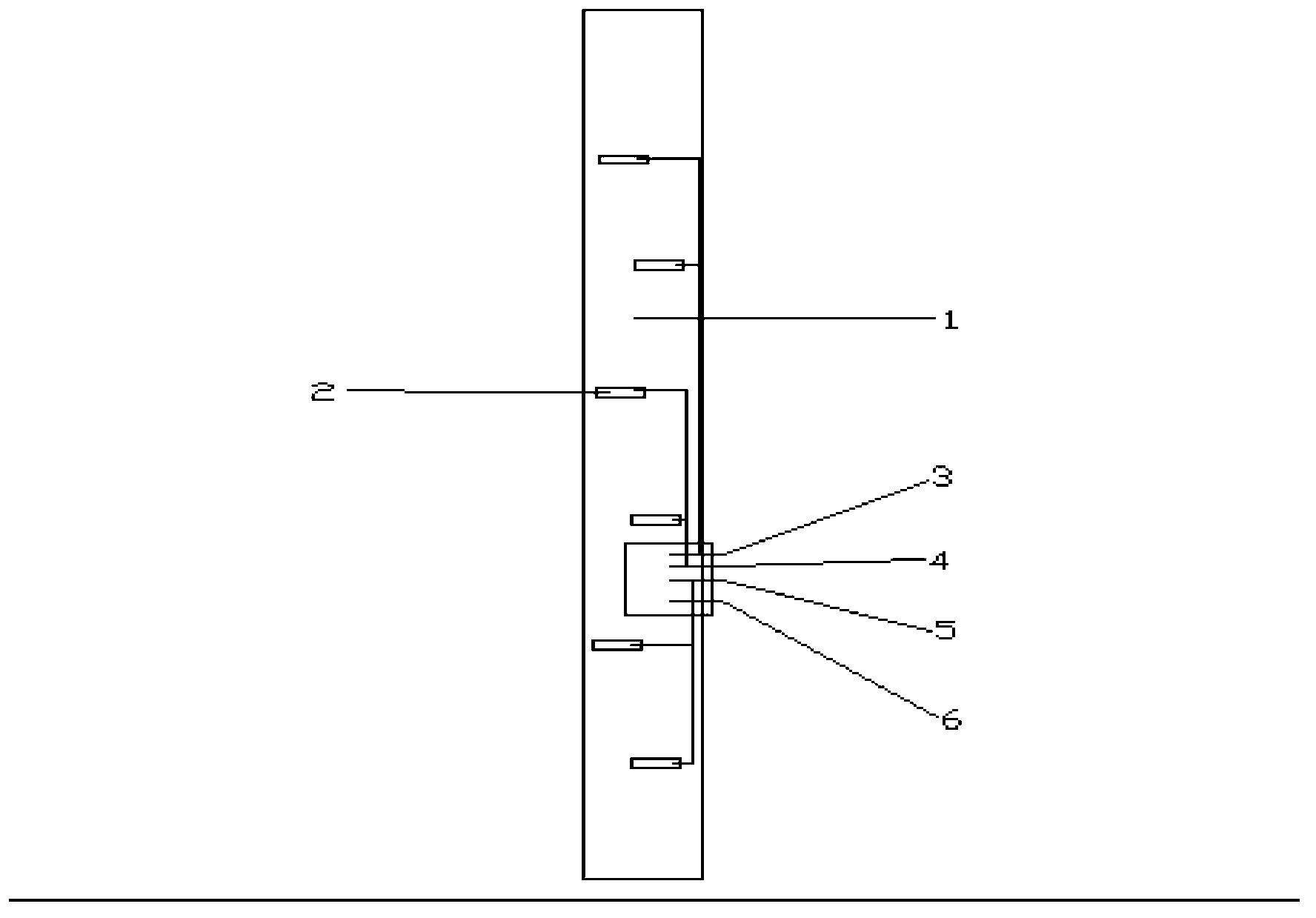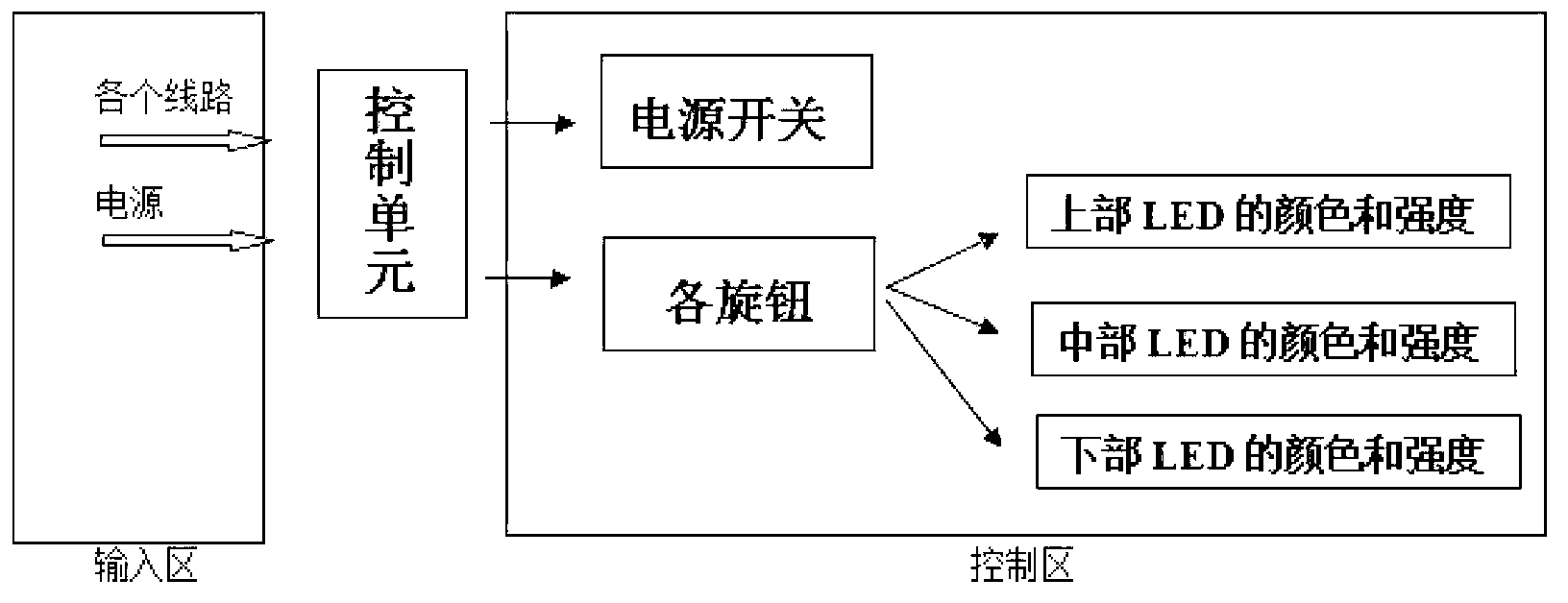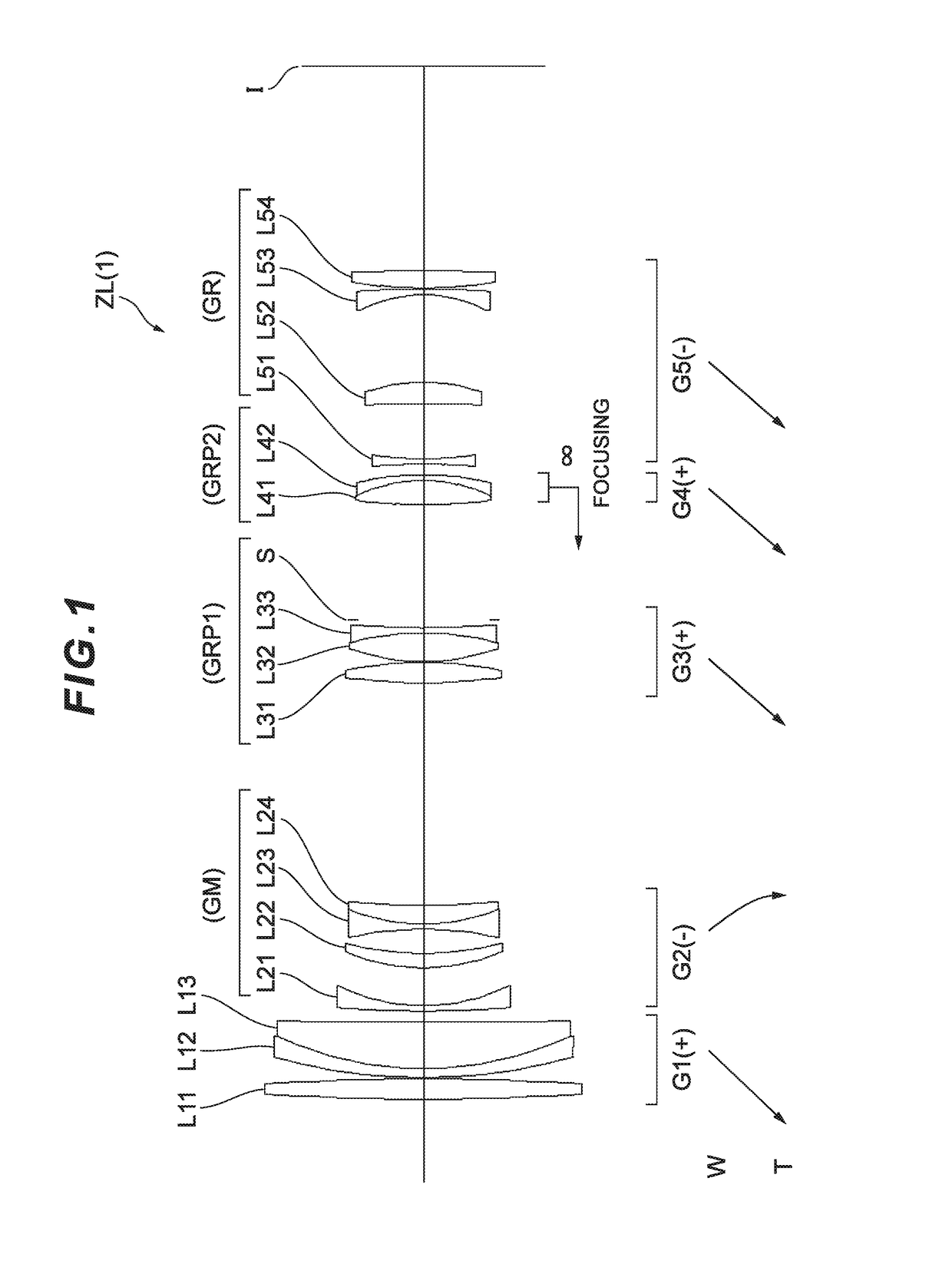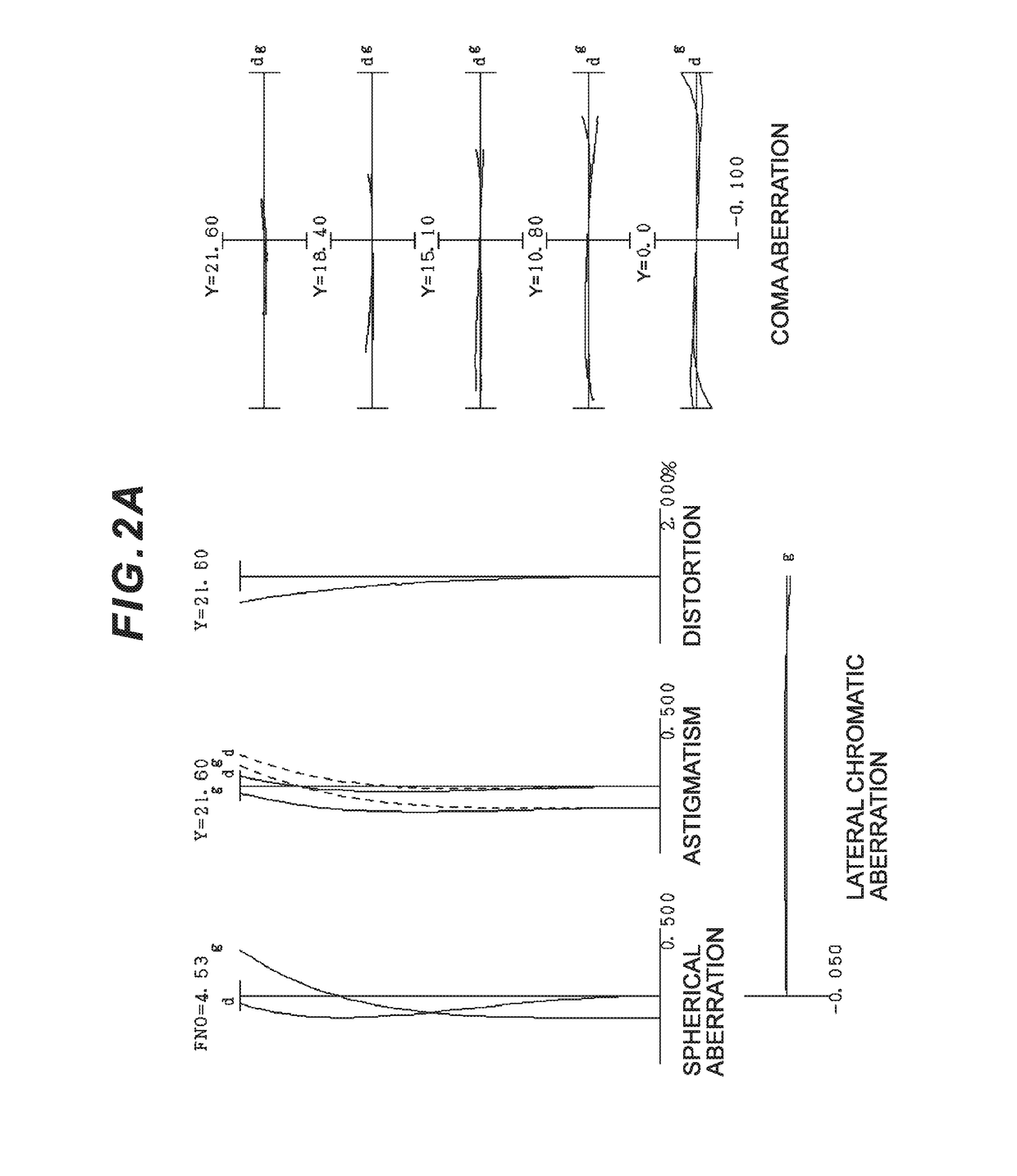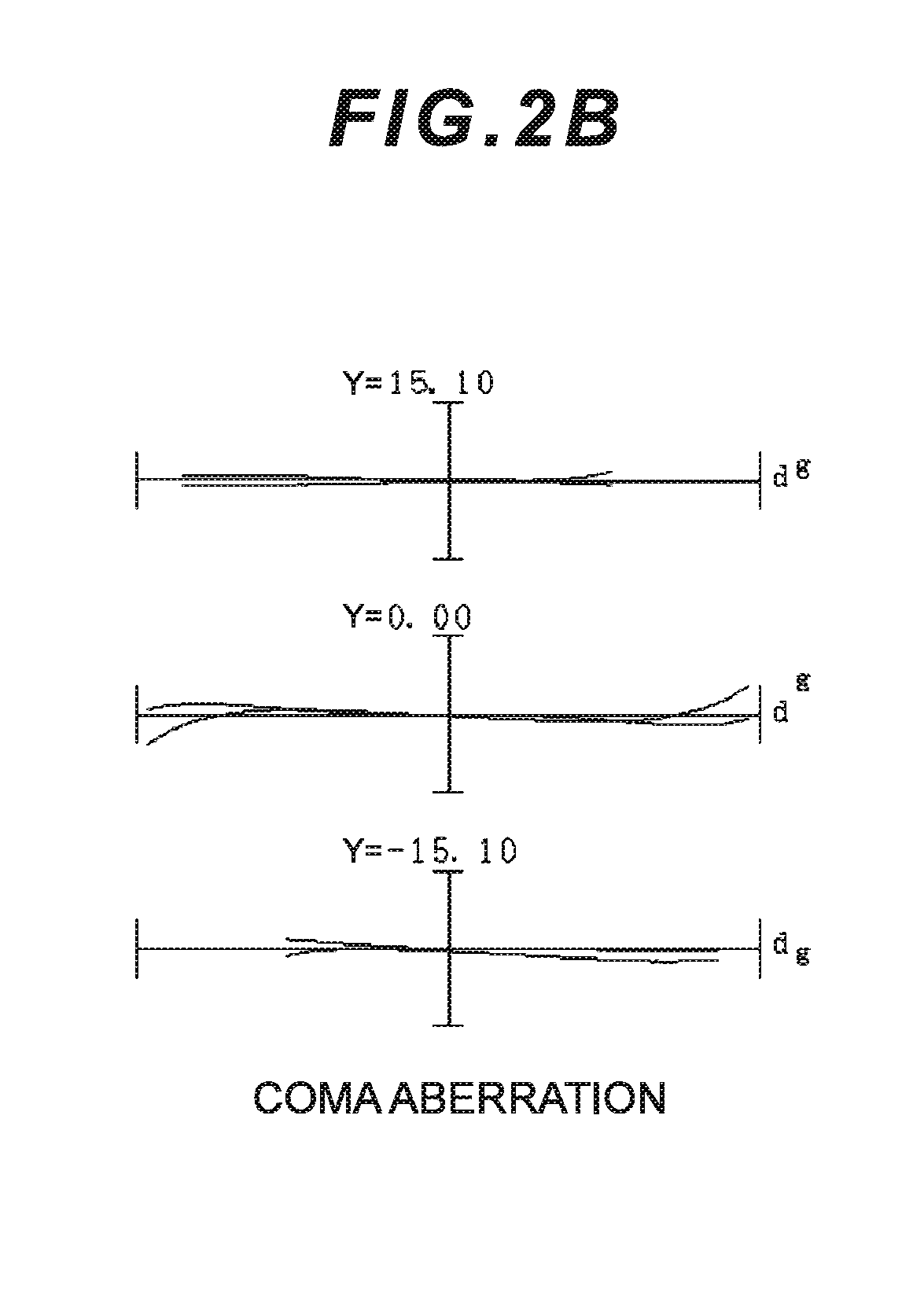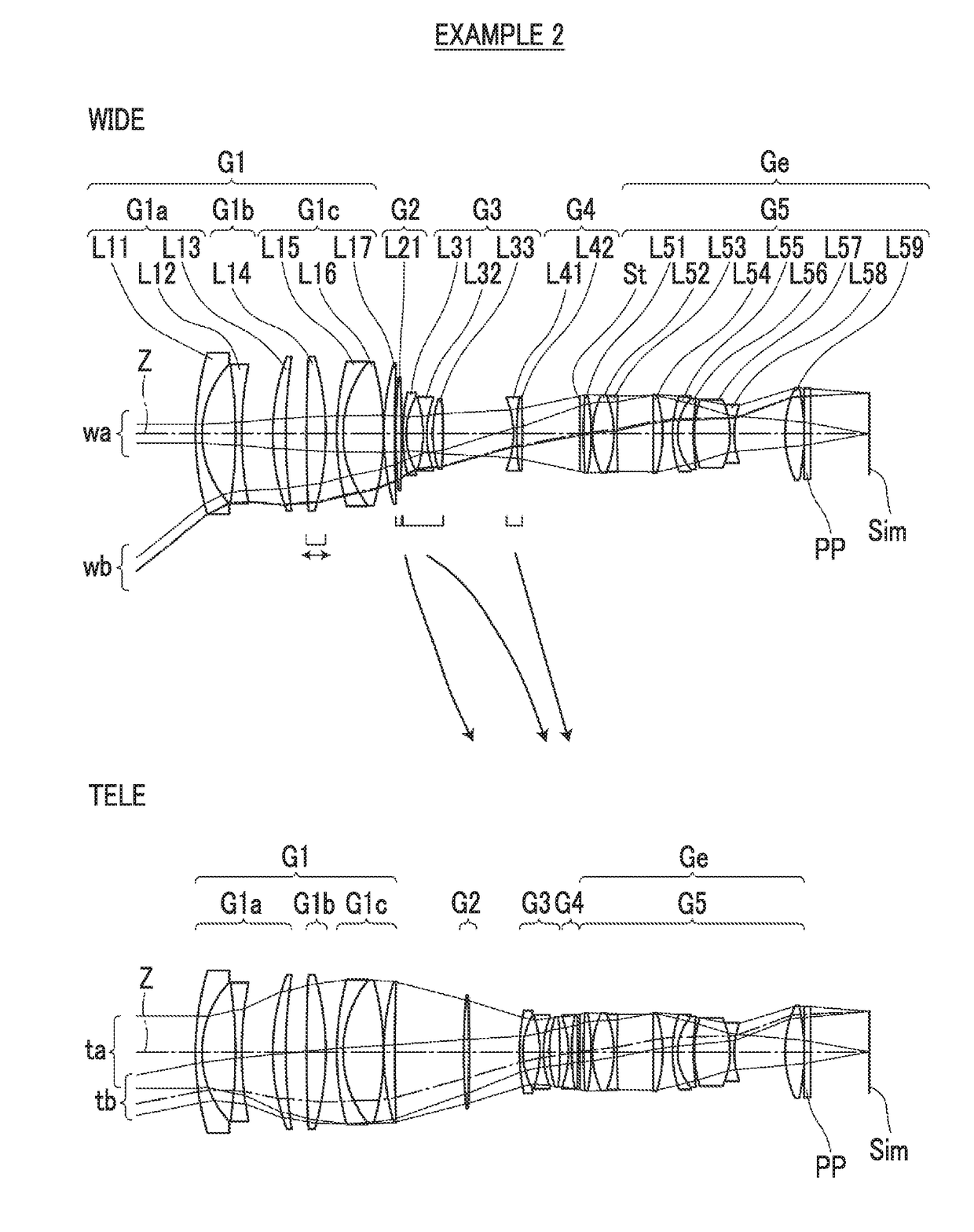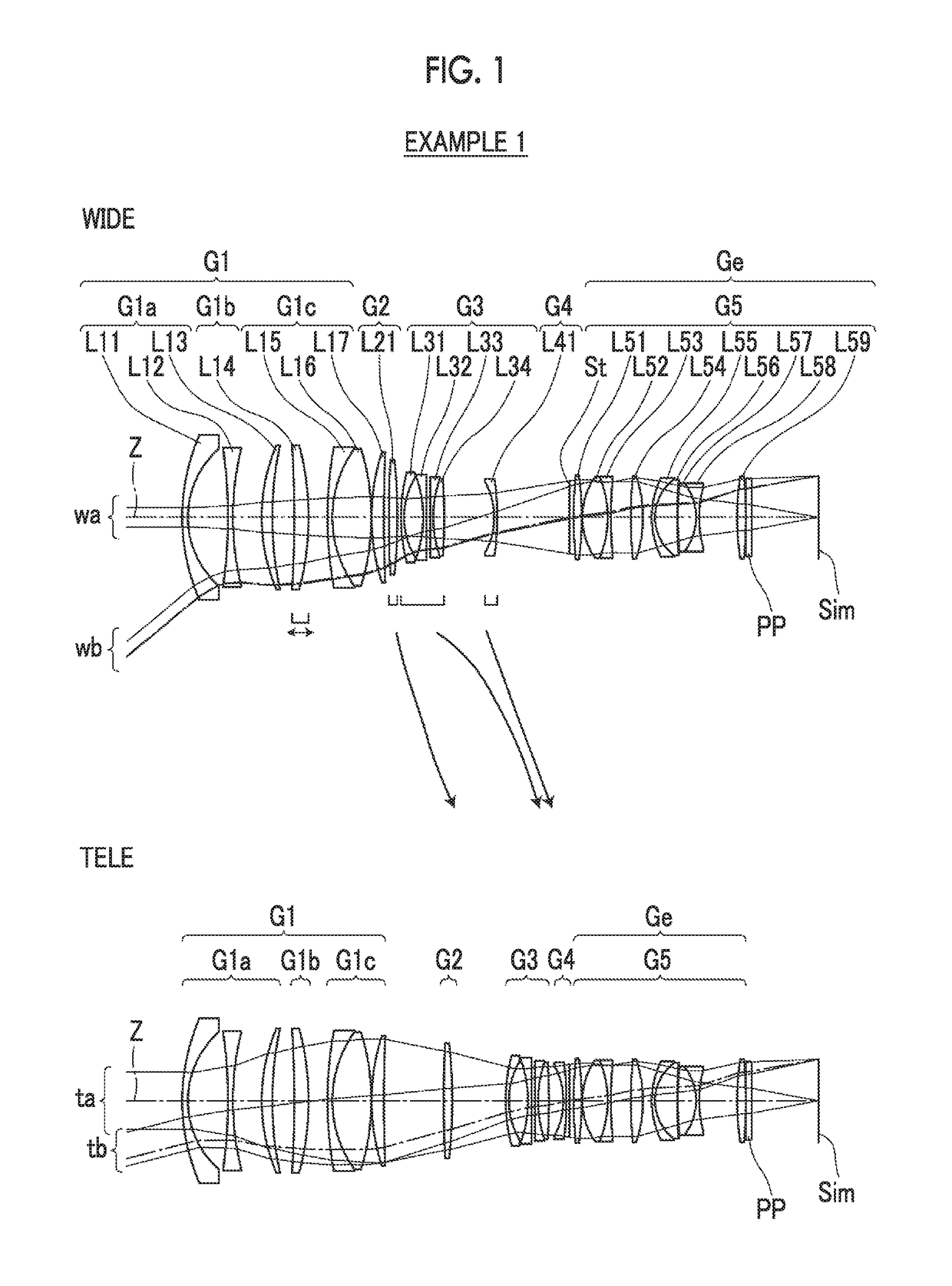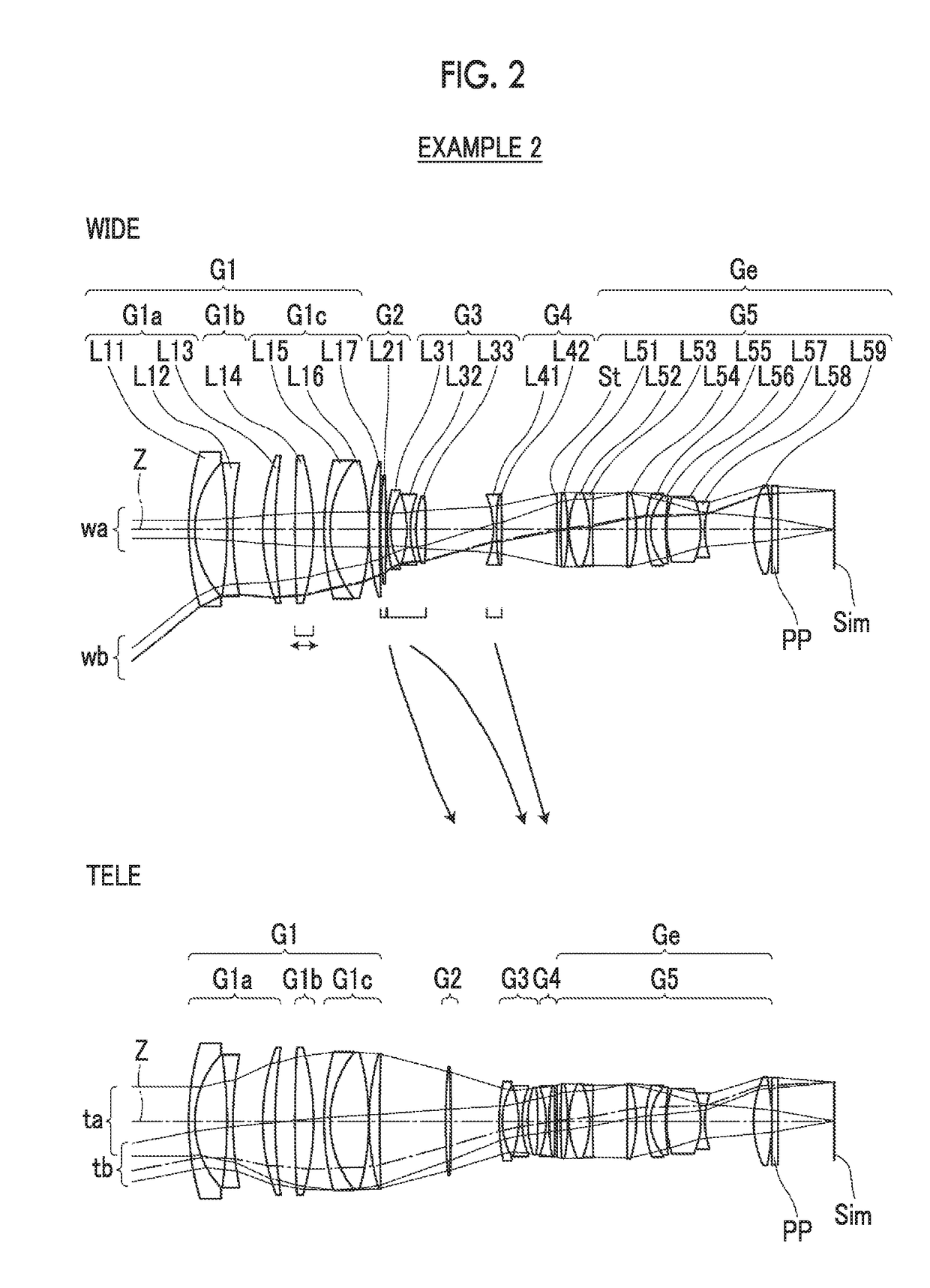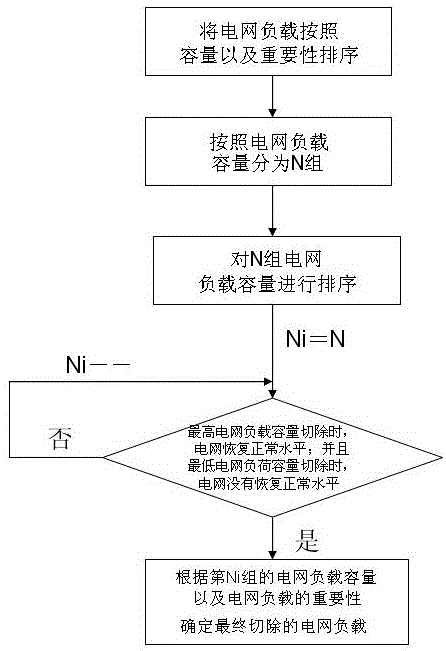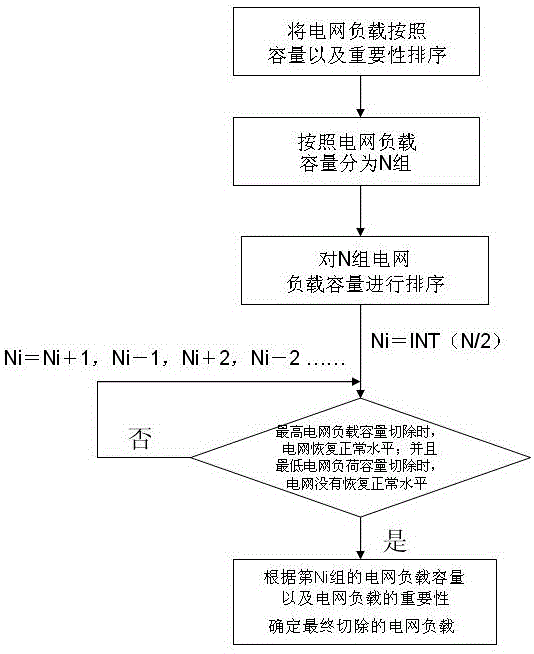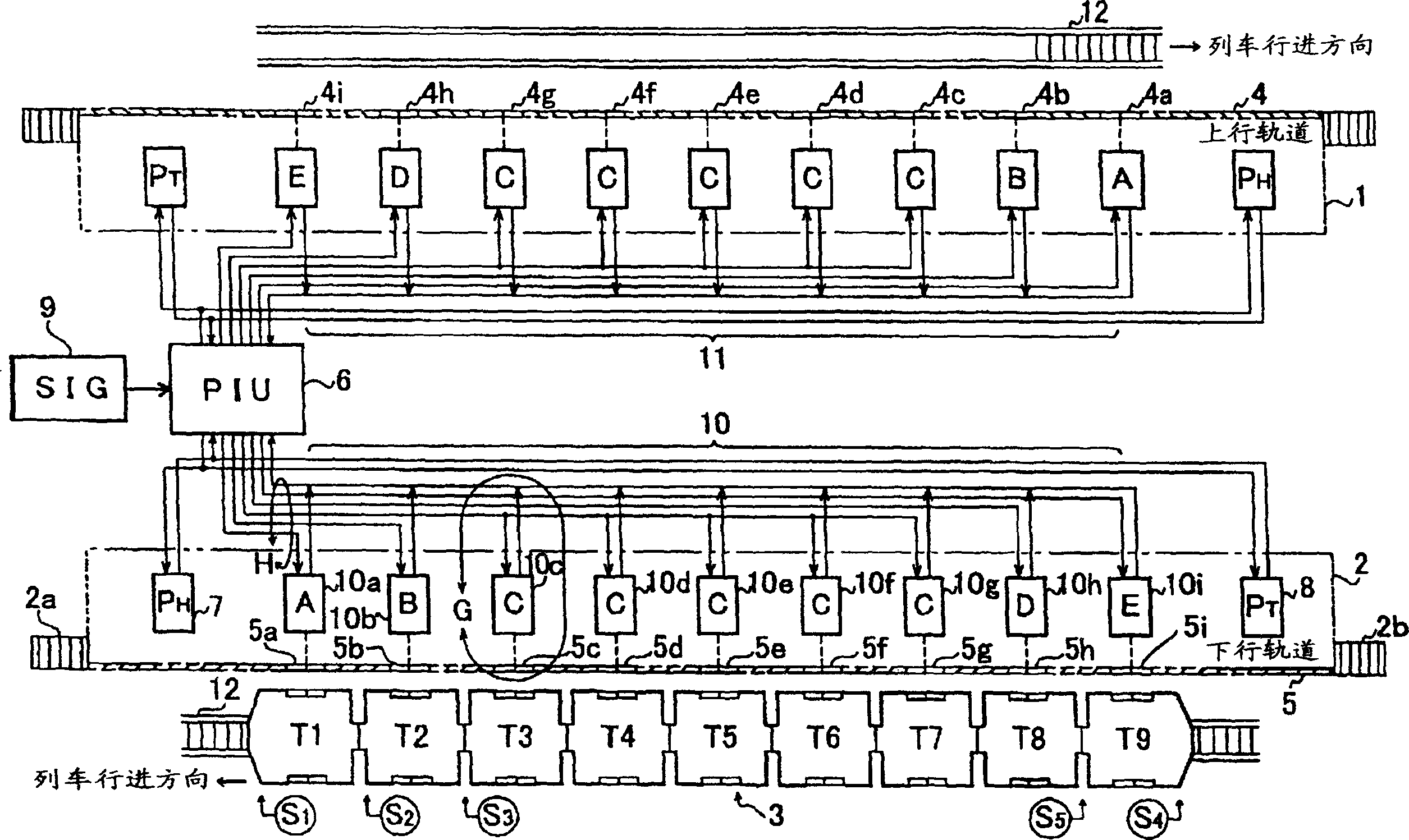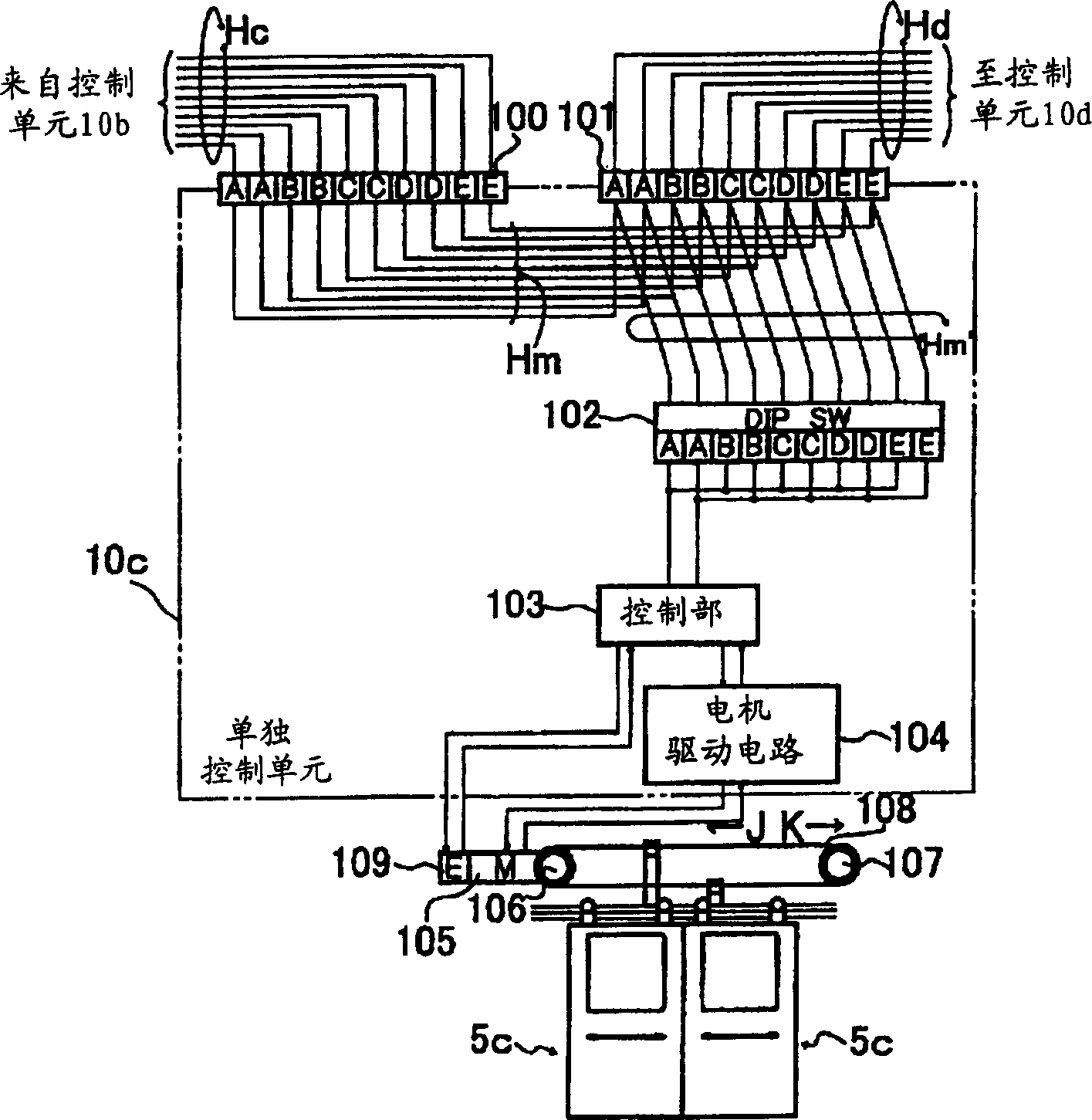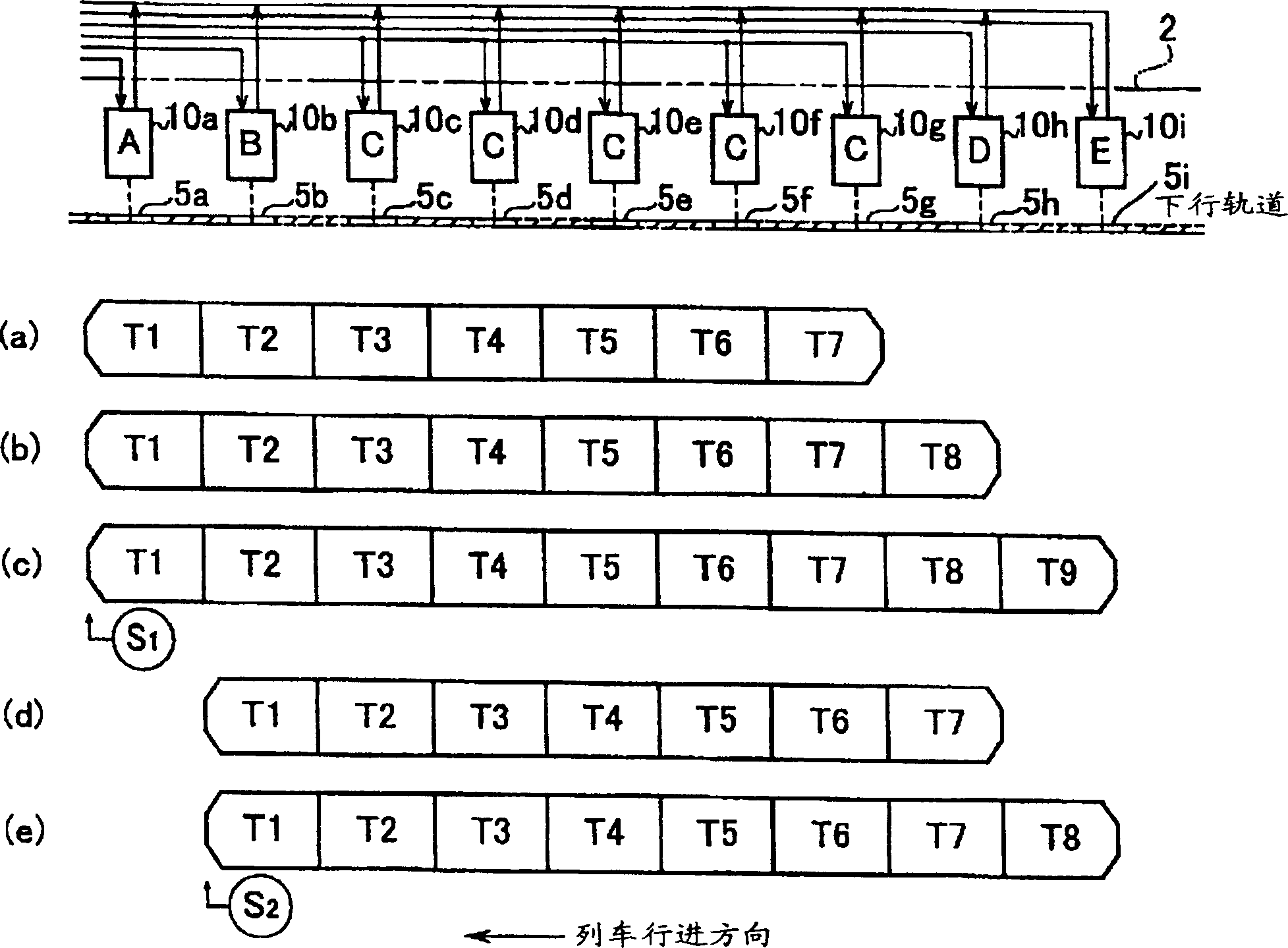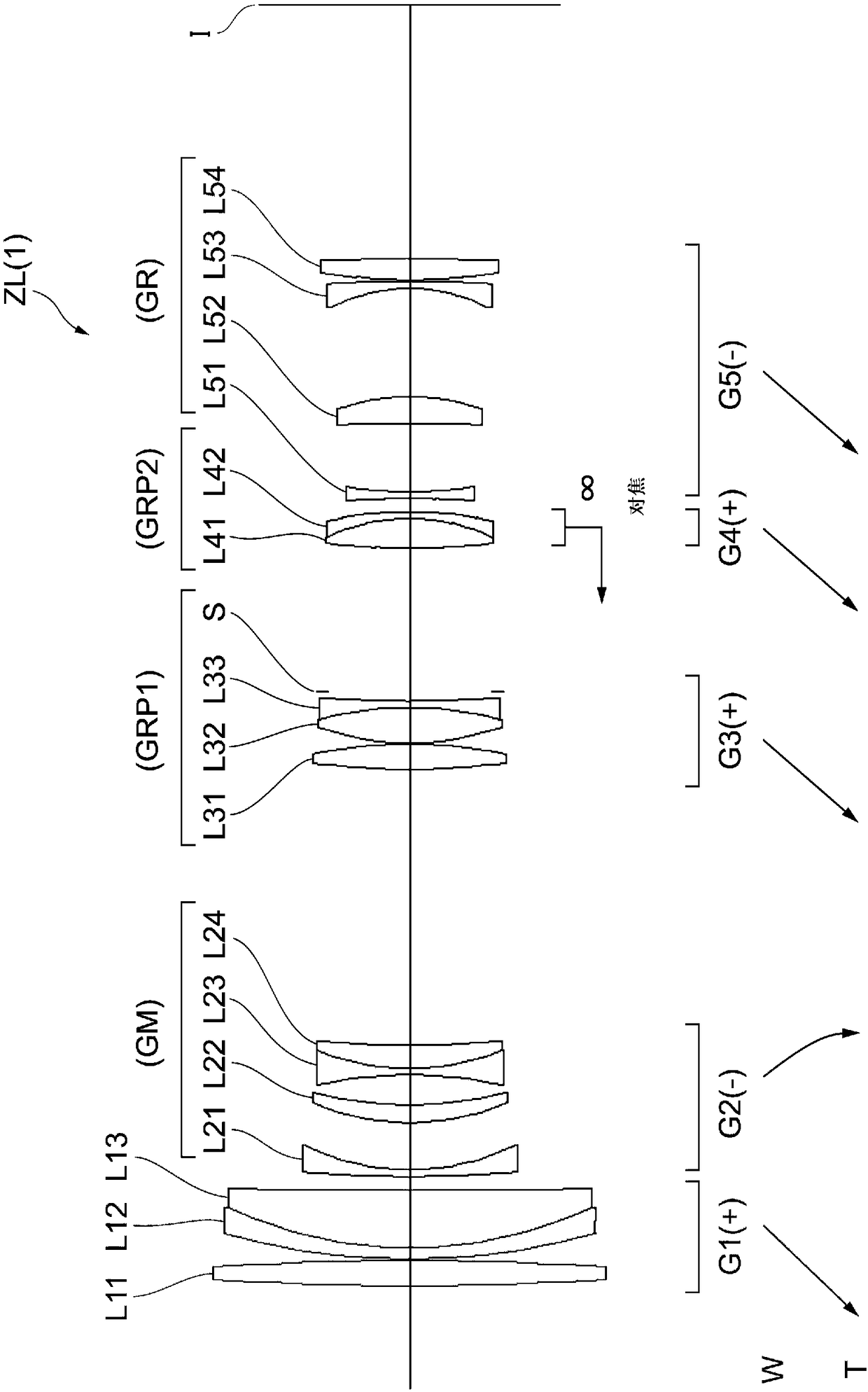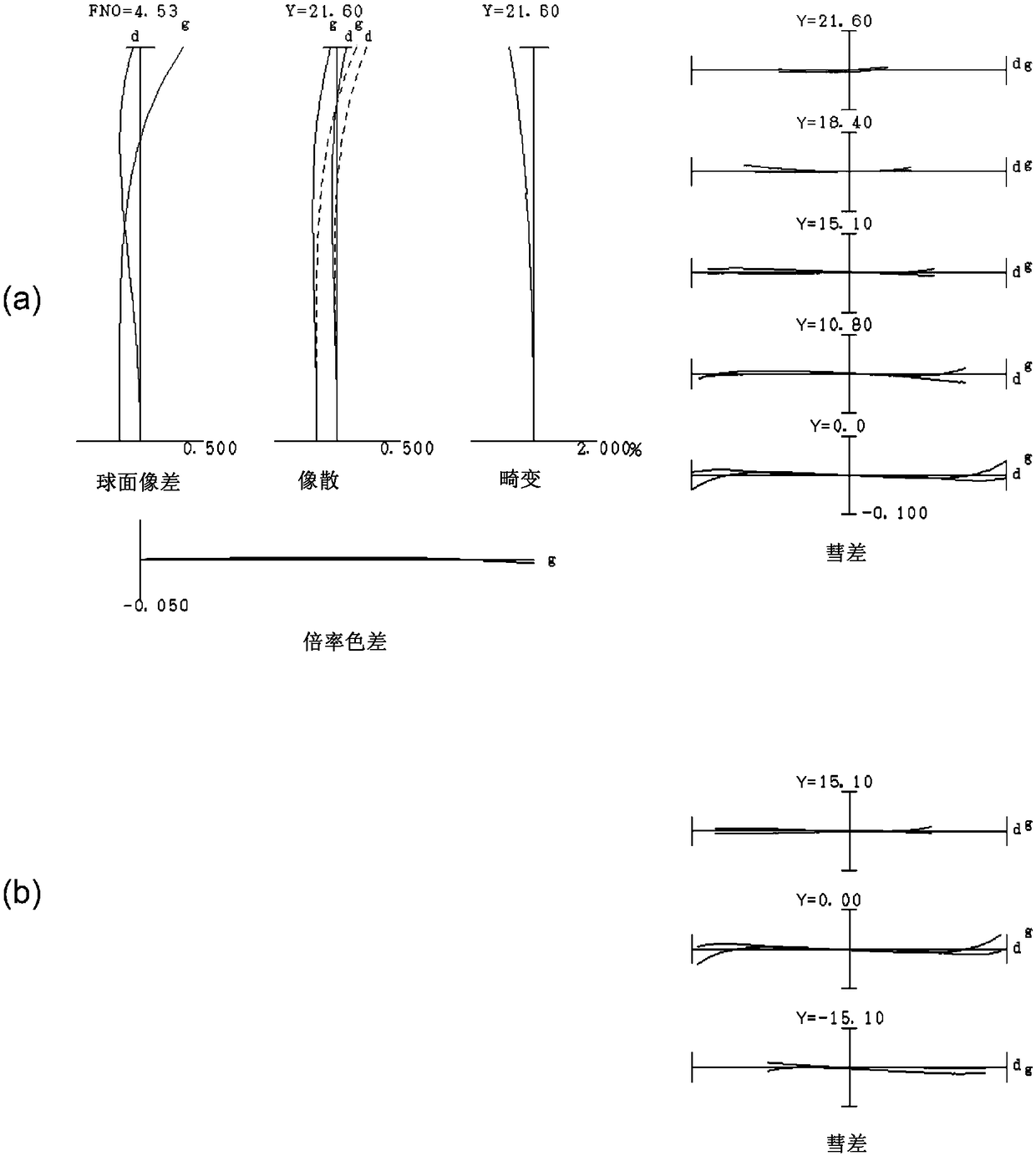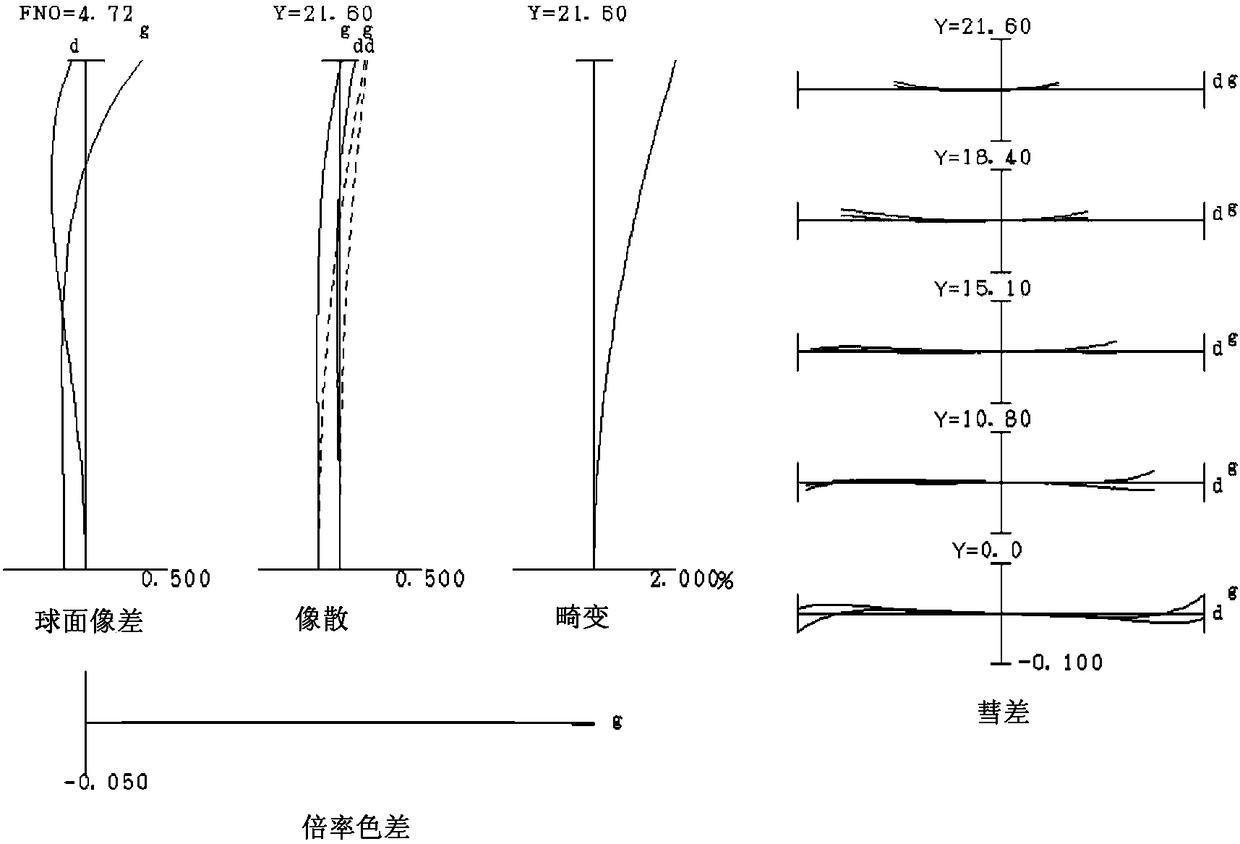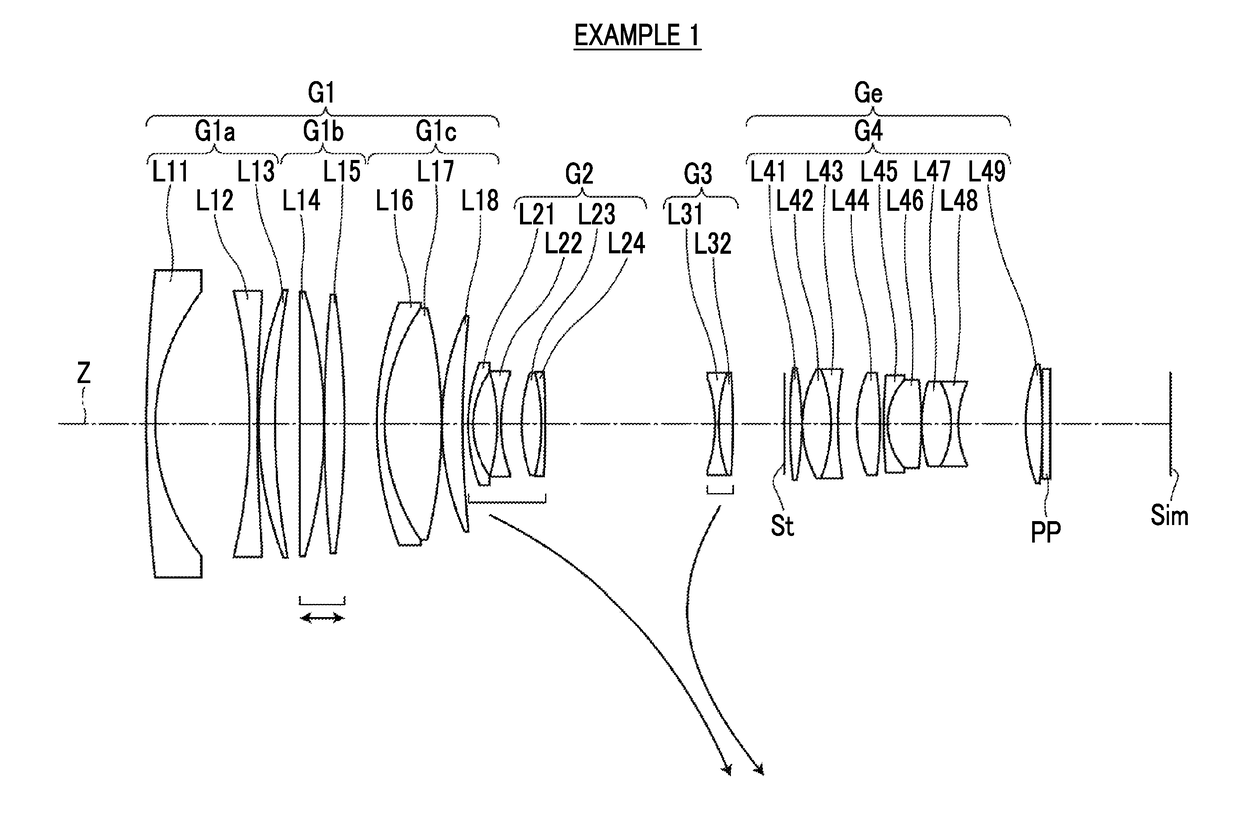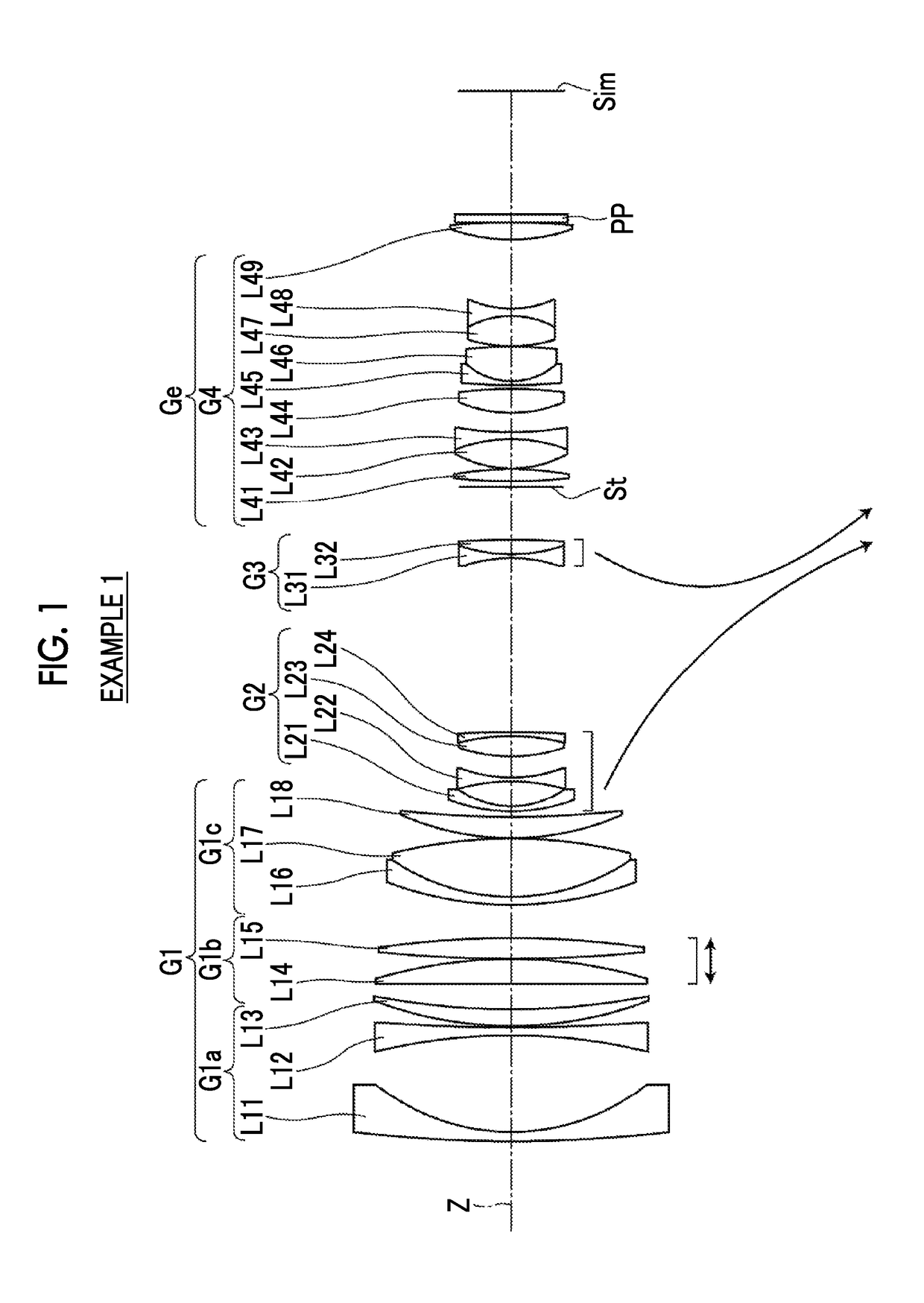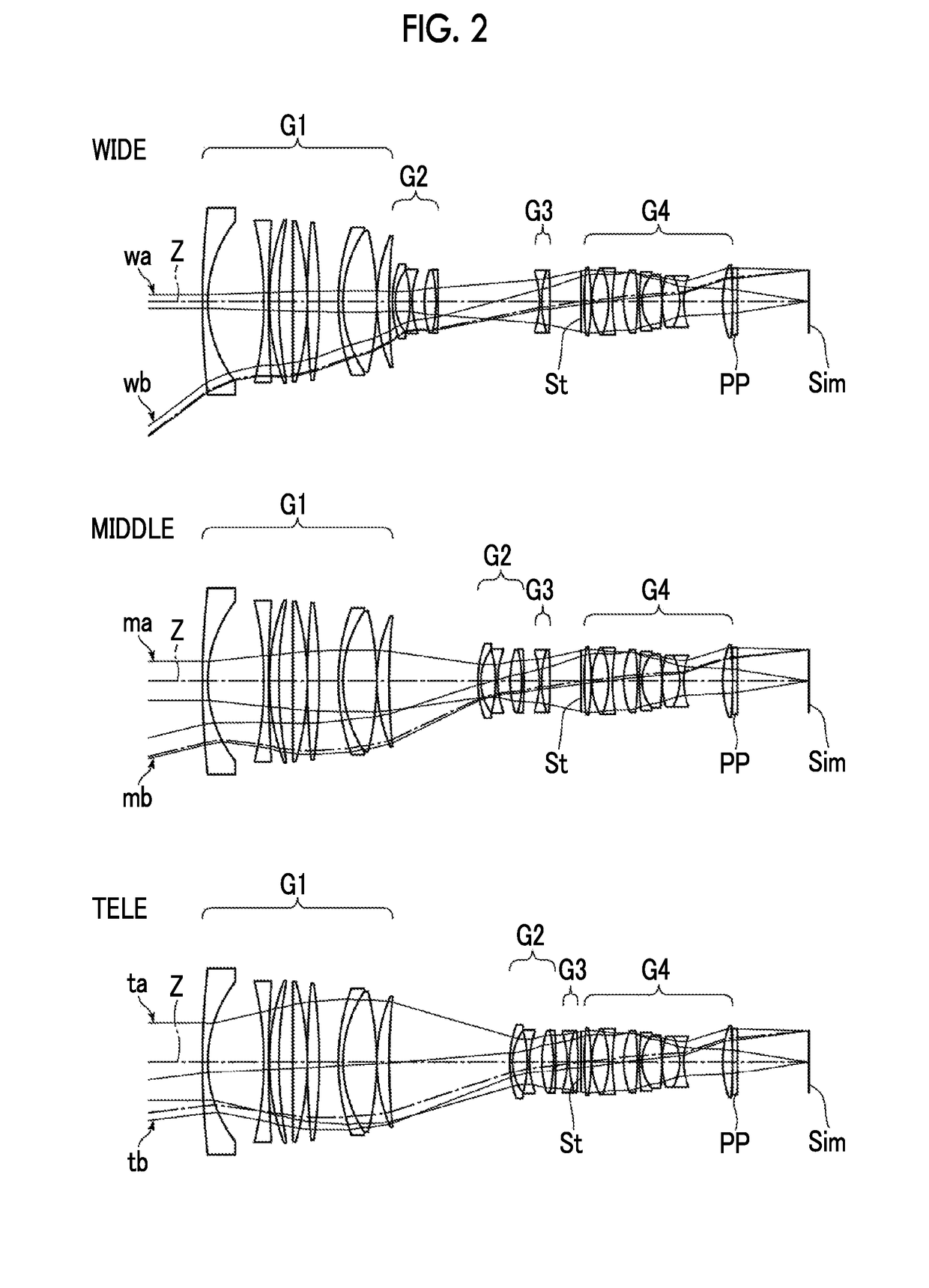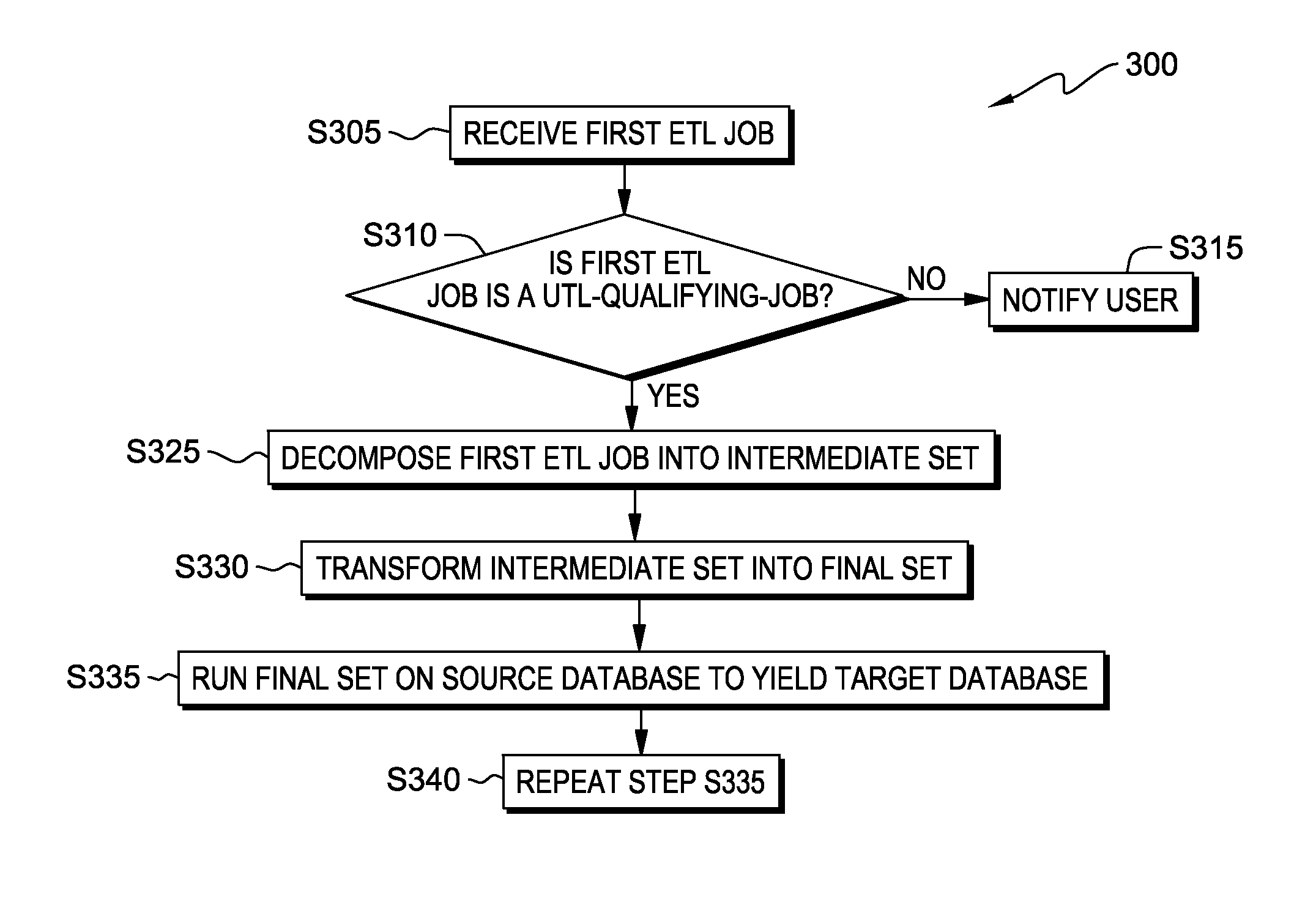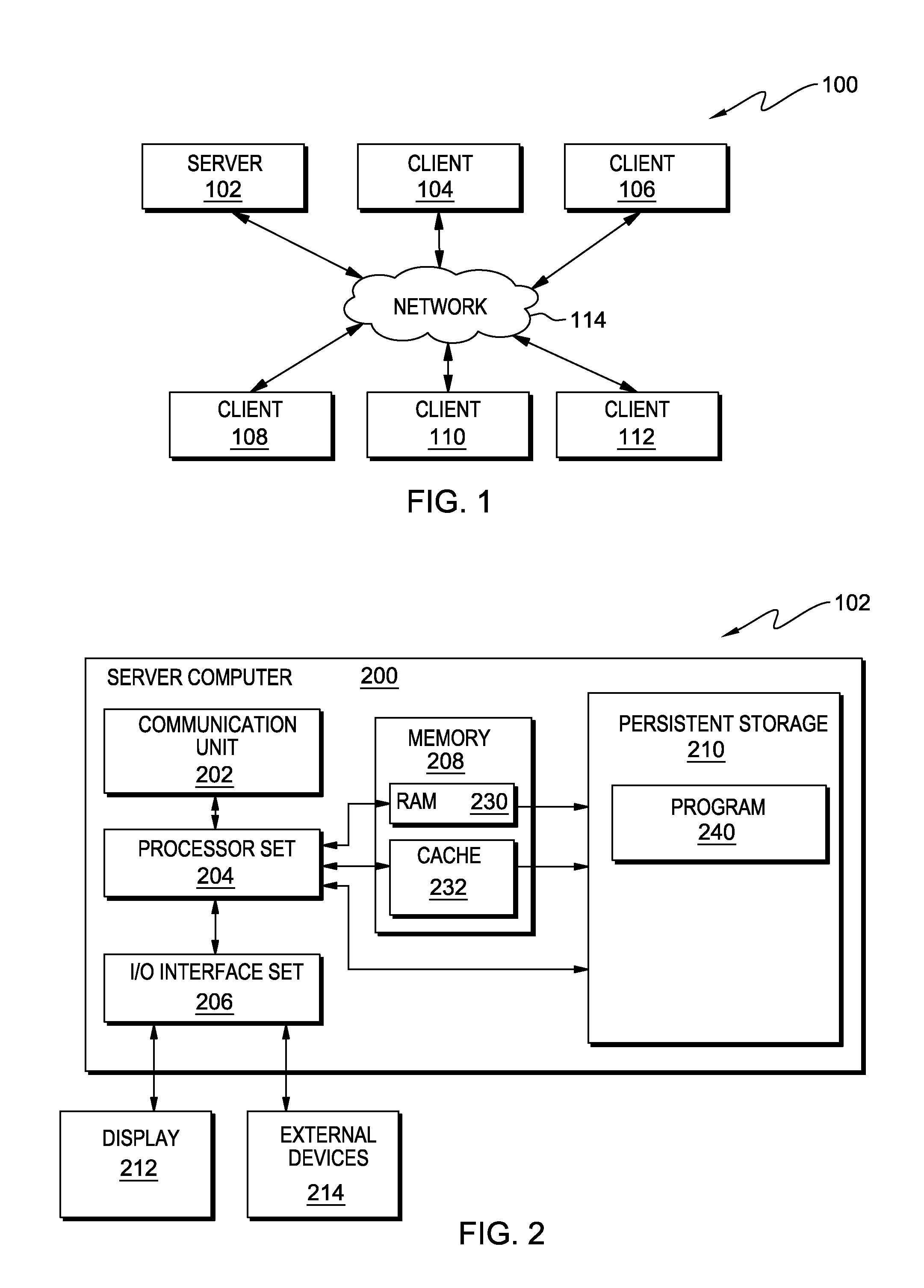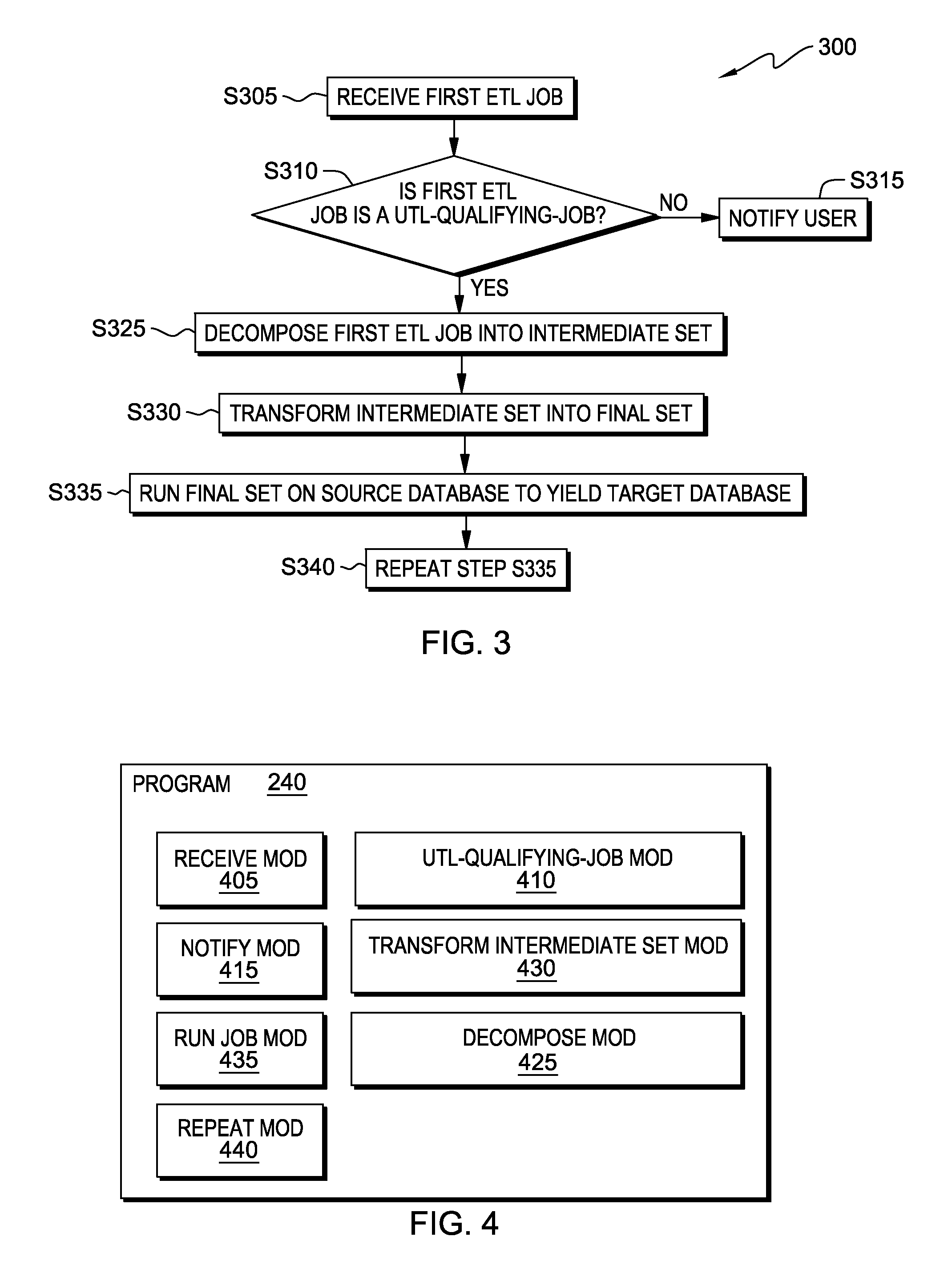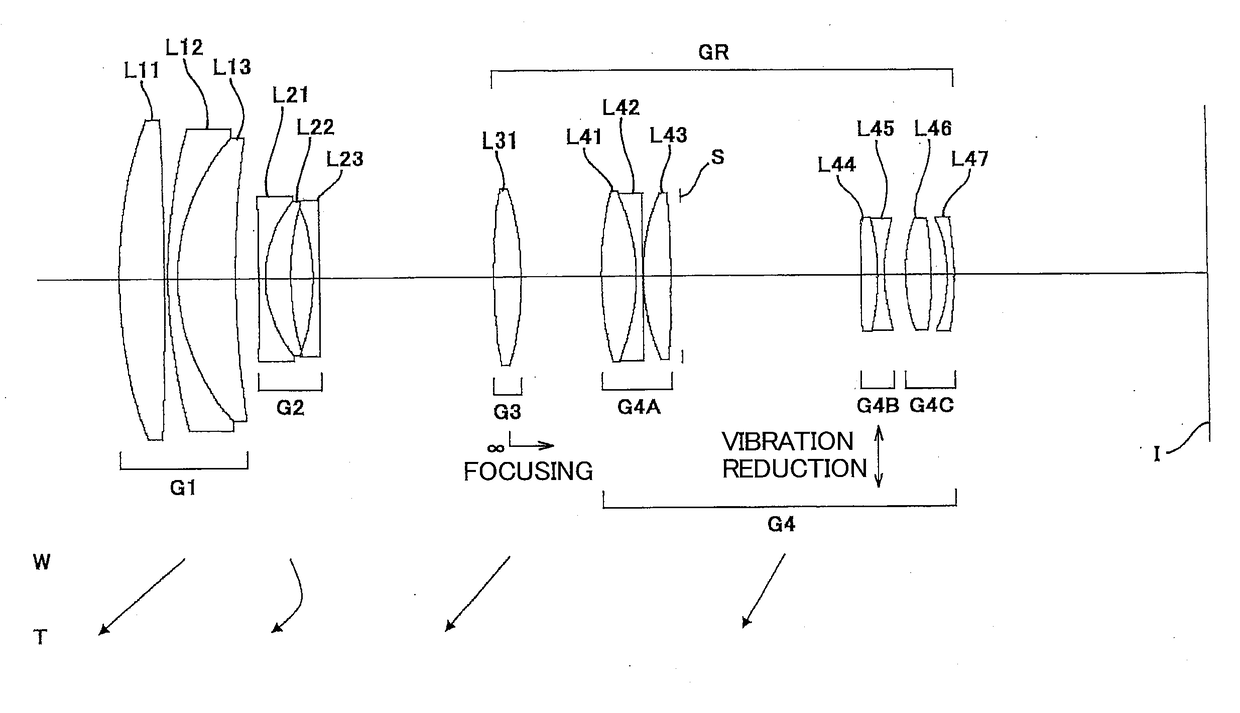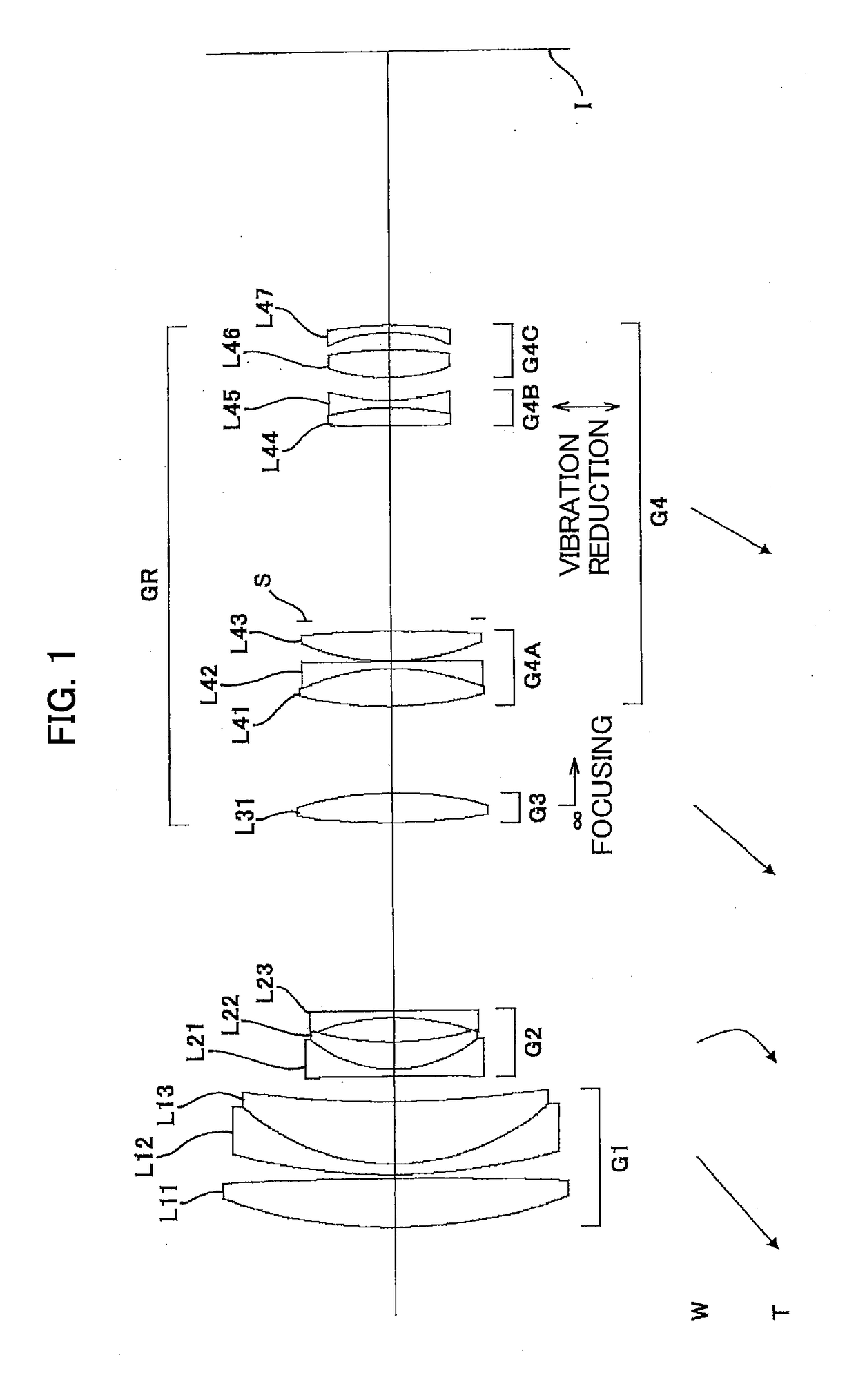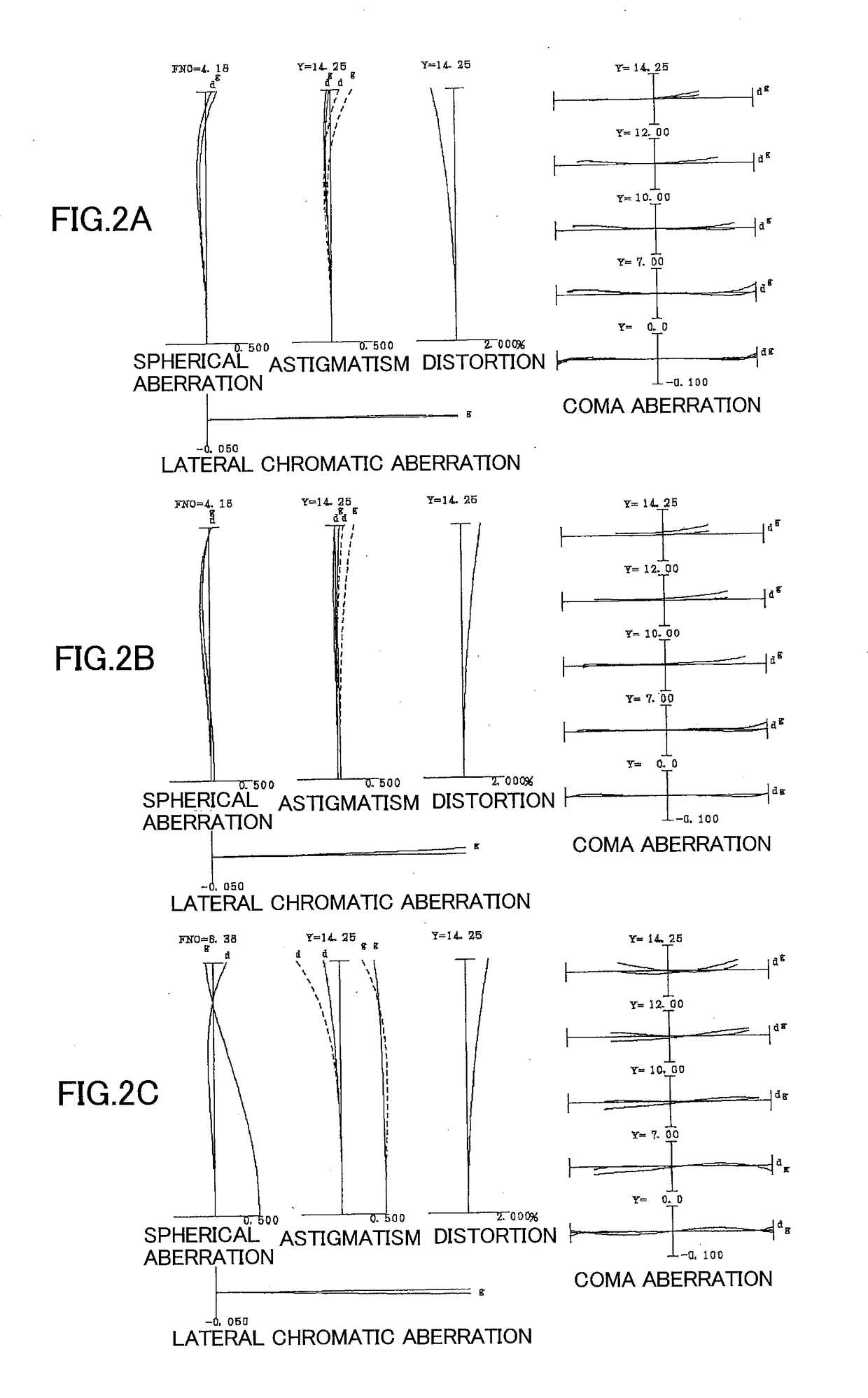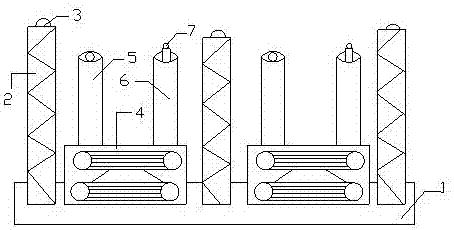Patents
Literature
Hiro is an intelligent assistant for R&D personnel, combined with Patent DNA, to facilitate innovative research.
43 results about "Intermediate group" patented technology
Efficacy Topic
Property
Owner
Technical Advancement
Application Domain
Technology Topic
Technology Field Word
Patent Country/Region
Patent Type
Patent Status
Application Year
Inventor
Selective separation of fluid compounds utilizing a membrane separation process
InactiveUS6986802B2Low costCost prohibitiveGas treatmentLiquid degasificationPermselective membraneControl equipment
Apparatus and processes are disclosed for economical separation of fluid mixtures utilizing perm-selective membranes. Broadly, apparatus of the invention comprises a plurality of membrane modules comprising a solid perm-selective membrane and equipment for controlling enthalpy of selected fluids within the apparatus. Advantageously, the membrane modules are disposed in a first product group, a second product group, and at least one intermediate group. Apparatus of the invention is particularly useful for simultaneous recovery of a very pure permeate product, and / or a desired non-permeate stream, from fluid mixtures of two or more compounds which when subjected to appropriately altered conditions of temperature and / or pressure exhibit a bubble point.
Owner:BP CORP NORTH AMERICA INC
Method of routing data in a network comprising nodes organized into clusters
InactiveUS20100011244A1Data transmission quality efficiently and reliablyImprove transmission qualityMultiple digital computer combinationsBroadcast service distributionQuality levelData transmission
A method relates to routing data in a network, between source nodes and destination nodes pertaining respectively to distinct source groups and destination groups. The network includes intermediate groups forming at least two potential data transmission paths through which the data can be transmitted. The method includes a determination step, for each group of nodes of the network, including feedback by the nodes of the information group for determination of a quality level, representing quality of the data transmission through this group, and a step of selecting at least one transmission path from among the potential paths, for the transmission of data between the source nodes and destination nodes through the selected transmission path. The selection is made based on the quality levels of the intermediate groups of the network.
Owner:FRANCE TELECOM SA
Selective separation of fluid compounds utilizing a membrane separation process
InactiveUS20050045029A1Reduced capitalReduce stepsGas treatmentLiquid degasificationMembrane configurationProduct group
Apparatus and processes are disclosed for economical separation of fluid mixtures utilizing perm-selective membranes. Broadly, apparatus of the invention comprises a plurality of membrane modules comprising a solid perm-selective membrane and means for controlling enthalpy of selected fluids within the apparatus. Advantageously, the membrane modules are disposed in a first product group, a second product group, and at least one intermediate group. Apparatus of the invention is particularly useful for simultaneous recovery of a very pure permeate product, and / or a desired non-permeate stream, from fluid mixtures of two or more compounds which when subjected to appropriately altered conditions of temperature and / or pressure exhibit a bubble point.
Owner:BP CORP NORTH AMERICA INC
Chemical vapor deposition preparation method for Fe-doped monolayer MoS2
The invention belongs to the production of two-dimensional nano-materials, and concretely relates to a chemical vapor deposition preparation method for an Fe-doped monolayer MoS2. Sublimed sulfur is used as a sulfur source, molybdenum trioxide is used as a molybdenum source, an Fe compound is selected as an Fe element dopant, highly-pure argon is used as a current carrying gas to transport a precursor to a reaction area, a substrate selects SiO2 / Si, and the substrate is pretreated before a growth reaction. The whole growth process comprises a spatial gas phase reaction process and a surface growth process. Low-valence transition metal oxide, transition metal oxysulfides, transition metal sulfides and various other intermediate groups are generated in the spatial gas phase reaction process,the Fe compound reacts with all the various intermediate groups on the upper part of the substrate together with the current carrying gas, a large area of the Fe-doped monolayer MoS2 grows on the substrate through adsorption, diffusion, reaction and desorption processes, and the largest size can reach 30 [mu]m.
Owner:UNIV OF ELECTRONICS SCI & TECH OF CHINA
Multi-cell energy conversion device
InactiveUS6958924B2Expand the scope of useHigh voltage levelApparatus without intermediate ac conversionElectric variable regulationEngineeringVoltage source
A device converting electric power between a voltage source and a current source, comprising several stages (8i) of switching cells (10i,k) comprising each two switches (12i,k, 14i,k), capacitors (20i,k) associated with the cells (10i,k) arranged in a row (18k) increasing from current source (4), control devices (16i,k) each connected to a cell (10i,k) and elements for monitoring the control devices (16i,k) . The stages (8i) define two end groups and at least an intermediate group of switches, the two end groups comprising switches of each cell belonging respectively to the first and last stage connected in series, the intermediate group comprising pairs of switches (12i,k, 14i−1,k) of cells belonging to two neighbouring stages connected in series. Furthermore, the capacitors (20i,k, 20n,k) of a common row (18k) are transversely connected in series between the two end groups.
Owner:INST NAT POLYTECHN DE TOULOUSE 50 PART INTEREST
Telescopic component and support for engineering machinery and concrete pump vehicle with the support
InactiveCN101121399ASimple structureEasy to processVehicle fittings for liftingEngineeringScrew thread
A telescopic component used for construction machinery, a telescopic support leg and a concrete pump truck composed of the component. The telescopic assembly includes a telescopic sleeve assembly, and the sleeve assembly is equipped with a screw mechanism and a stop device. The screw mechanism includes a prime mover, a circular shaft and a hollow cylinder, and the circular shaft and the hollow cylinder are threaded, or between the circular shaft and the hollow cylinder Set the middle hollow shaft group, the middle hollow shaft group is composed of the middle hollow shaft with internal and external threads, the two ends of the middle hollow shaft group are respectively screwed with the round shaft and the hollow tube, the prime mover is connected with the end of the round shaft or the hollow tube connection, the prime mover is fixed at one end of the sleeve assembly, and the other end of the sleeve assembly is fixedly connected with the end of the screw mechanism where the prime mover is not installed. The telescopic part of the telescopic outrigger is composed of the telescopic assembly, and one end of the telescopic outrigger is provided with a supporting foot assembly, and the other end is connected with the bracket on the chassis of the construction machine. The telescopic outrigger is installed in the supporting part of the concrete pump truck. The invention has the advantages of simple structure, convenient manufacture and low cost.
Owner:SANY AUTOMOBILE MFG CO LTD
Efficient japonica rice breeding method
InactiveCN103430829AImprove group coordinationImprove patiencePlant genotype modificationLow nitrogenGreenhouse
This invention belongs to the technical field of plant variety breeding, and provides an efficient japonica rice breeding method. The method comprises the steps that after obvious disadvantaged plants are eliminated through an F2 generation of a high yield combination, mixed harvesting of optimized groups and intermediate groups is performed, and mixed seeds of the optimized groups and intermediate groups are reserved according to the ratio of 3:1; when an F3 generation tends to become a stable generation, greenhouse facilities and a Hainan southward propagation generation-adding technology are adopted to perform intensive improvement and mixed selection treatment. By adopting modes of low nitrogen fertilizer, thick direct seeding, dark treatment or warming, rice paddy selecting, chaff shearing and seed reserving during heading period, dormancy breaking and the like, the method realizes that three generations in one year can effectively shorten 1 to 2 years of the breeding cycle, and simultaneously also has the advantages that the colony compatibility of a breed variety, the resistance to high and low temperature and the quality of rice are improved, and the like, and effectively improves the breeding efficiency.
Owner:ZHENJIANG AGRI SCI INST JIANGSU HILLY AREAS
Ejection-period setting method for sub-nozzles in air jet loom
An ejection-period setting method for sub-nozzles (21) in an air jet loom is provided. The sub-nozzles (21) are divided into groups (1G to 13G) of sub-nozzles (21) that are connected to a common electromagnetic on-off valve (36). The groups (1G to 13G) are divided into downstream and upstream group sets (GU1 and GU3) which each include two or more groups and an intermediate group set (GU2) including the remaining groups. Ejection-amount reducing patterns (patterns hereinafter) are determined and stored in advance in an arbitrarily selectable state, each pattern being determined by setting an ejection-period reducing mode for each of subject group sets in units of predetermined periods so that each pattern includes the ejection-period reducing modes for all of the subject group sets, the subject group sets including the intermediate and upstream group sets (GU2 and GU3). In a process of setting the ejection periods of the sub-nozzles (21), ejection end times of the ejection periods are corrected when a pattern is selected by an operator.
Owner:TSUDAKOMA KOGYO KK
Interpolation circuitry and techniques for graphics processing
Techniques are disclosed relating to interpolation for texture mapping. In some embodiments, a graphics unit includes circuitry configured to map a texture to a screen space such that a set of multiple in the screen space falls between first and second adjacent texels of the texture in a first dimension. In some embodiments, the graphics unit also includes texture processing circuitry configured to perform different types of interpolation for pixels in the group of pixels. In these embodiments, this includes determining pixel attributes for first and second end groups of pixels in the set of pixels using a nearest-neighbor interpolation technique and attributes of the first and second texels respectively. In these embodiments, this also includes determining pixel attributes for an intermediate group of pixels in the set of pixels using a second, different interpolation technique and attributes of both the first and second texels.
Owner:APPLE INC
Nano-SiC (nano-silicon carbide) modified insulating paper and preparation method and application thereof
InactiveCN106245460AExcellent dielectric propertiesImprove mechanical propertiesPlastic/resin/waxes insulatorsSpecial paperFiberCellulose
The invention discloses nano-SiC modified insulating paper and a preparation method and application of the nano-SiC modified insulating paper. A paper pulp is modified through using na-SiC particles to obtain the nano-SiC modified insulating paper. Compared with the prior art, the nano-SiC modified insulating paper has the following advantages that (1) nano-SiC is introduced into the nano-SiC modified insulating paper obtained by the preparation method disclosed by the invention to modify the insulating paper, nano-SiC is well combined with cellulose to increase a contact interface between nano-SiC and the cellulose, and a binding effect of nano-SiC in the interface for a fiber intermediate group and effects of interface invagination on carriers bring about more excellent power frequency breakdown and dielectric properties to the insulating paper; (2) the nano-SiC modified insulating paper obtained by the preparation method disclosed by the invention has good mechanical properties and heat dissipation performances.
Owner:无锡益联机械有限公司
Variable power optical system, optical device, and method for producing variable power optical system
This variable power optical system (ZL) is configured so as to have the following arranged in order from the object side: a first lens group (G1) having a positive refractive power; an intermediate group (GM) having at least one lens group and having an overall negative refractive power; an intermediate-side lens group (GRP1) having a positive refractive power; a successive-side lens group (GRP2)having a positive refractive power; and a successive group (GR) configured from at least one lens group. Furthermore, the intermediate group (GM) has a partial group that satisfies the following conditional expressions: 1.4<fvr / fMt<2.5, and 0.15<(-fvr) / ft<0.35, wherein fvr is the focal length of the partial group, fMt is the focal length of the intermediate group (GM) in the telescoping end state,and ft is the focal length of the variable power optical system (ZL) when in the telescoping end state.
Owner:NIKON CORP
Ultraviolet wide-angle objective lens used for moon exploration
InactiveCN101634741AGood space environment adaptabilityGood for correcting astigmatismOptical elementsOptical axisNegative power
The invention relates to an ultraviolet wide angle objective lens which is used for moon exploration, comprising a front-end negative power lens (1), a rear-end negative power lens (7) and an intermediate-group lens with positive power, wherein, the front-end negative power lens (1), the intermediate-group lens and the rear-end negative power lens (7) are arranged on a same optical axis (8) in turn. The invention provides the ultraviolet wide angle objective lens which is capable of correcting aberration and distortion.
Owner:XI'AN INST OF OPTICS & FINE MECHANICS - CHINESE ACAD OF SCI
Zoom lens and imaging apparatus
The present invention provides a zoom lens, for which reduction in size and weight is achieved while wide angle is achieved and which has high optical performance throughout the entire zoom range, andan imaging apparatus comprising the zoom lens. The zoom lens consists of, in order from the object side, a first lens group (G1) that has a positive refractive power and remains stationary during zooming, a plurality of movable lens groups that move during zooming, and a final lens group (Ge) that has a positive refractive power and remains stationary during zooming. The first lens group (G1) consists of, in order from the object side, a first lens group front group (G1a) that has a negative refractive power and remains stationary during focusing, a first lens group intermediate group (G1b) that has a positive refractive power and moves during focusing, and a first lens group rear group (G1c) that has a positive refractive power. The first lens group front group (G1a) has, successively inorder from a position closest to the object side, a negative meniscus lens that is concave toward the image side and a negative lens. Conditional Expression is satisfied, 1.84<Naven, where Naven is an average value of refractive indices of negative lenses in the first lens group front group (G1a).
Owner:FUJIFILM CORP
Low-threshold low-viscosity nematic phase liquid crystal material as well as preparation method and applications thereof
ActiveCN104152153ALow viscosityLower threshold voltageLiquid crystal compositionsNon-linear opticsDiphenylacetyleneDifluoride
The invention discloses a low-threshold low-viscosity nematic phase liquid crystal material as well as a preparation method and applications thereof. The liquid crystal material is prepared by melt mixing of the following raw materials in percentage by weight 37.57-42.29% of serial derivatives taking dicyclohexyl as a skeleton structure and serving as a component A, 35.13-39.76% of side group difluoro serial derivatives taking diphenylacetylene phenyl as a skeleton structure and serving as a component B, 7.56-12.43% of serial derivatives taking intermediate group-connected cyclohexyl and phenyl as a skeleton structure and serving as a component C, 5.52-9.81% of serial derivatives taking difluoroethylene-connected diphenyl as a skeleton structure and serving as a component D, 0.0-4.38% of serial derivatives taking vinyl difluoride-connected diphenyl as a skeleton structure and serving as a component E, 0.0-4.34% of serial derivatives taking ester group-connected diphenyl as a skeleton structure side group difluoro-terminated cyano and serving as a component F, and 0.0-1.87% of serial derivatives taking cyclohexyl diphenyl as a skeleton structure side group difluoro-terminated fluoro and serving as a component G.
Owner:PEKING UNIV
Package architecture with improved via drill process and method for forming such package
Embodiments include a package substrate, a method of forming the package substrate, and a self-assembled monolayers (SAM) layer. The package substrate includes a SAM layer on portions of a conductive pad, where the SAM layer includes alight-reflective moieties. The package substrate also includes a via on a surface portion of the conductive pad, and a dielectric on and around the via, the SAM layer, and the conductive pad, where the SAM layer surrounds and contacts a surface of the via. The SAM layer may be an interfacial organic layer. The light-reflective moieties may include a hemicyanine, a cyclic-hemicyanine, an oligothiophene, and / or a conjugated aromatic compound. The SAM layer may include a molecular structure having a first end group of a first monolayer, an intermediate group, a fifth end group of a second monolayer, and one or more of a first and second light-reflective moieties.
Owner:INTEL CORP
Zoom lens
A zoom lens includes, sequentially from an object side, a first lens group having a positive refractive power; a second lens group having a negative refractive power; a third lens group having a positive refractive power; and a fourth lens group having a positive refractive power. Zoom is performed by moving the second and the third lens groups in a direction along an optical axis. The fourth lens group consists of, sequentially from the object side, a front group having a positive refractive power, an intermediate group configured by a cemented lens formed by a positive lens and a negative lens and having an overall refractive power that is negative, and a rear group having a positive refractive power. Blur is corrected by moving the intermediate group in a direction that is substantially orthogonal to the optical axis.
Owner:TAMRON
Zoom lens and imaging apparatus
The zoom lens consists of, in order from the object side, a first lens group that has a positive refractive power and remains stationary during zooming, a plurality of movable lens groups that move during zooming, and a final lens group that has a positive refractive power and remains stationary during zooming. The first lens group consists of, in order from the object side, a first lens group front group that has a negative refractive power and remains stationary during focusing, a first lens group intermediate group that has a positive refractive power and moves during focusing, and a first lens group rear group that has a positive refractive power. The first lens group front group has, successively in order from a position closest to the object side, a negative meniscus lens that is concave toward the image side and a negative lens.
Owner:FUJIFILM CORP
Large-aperture large-multiplying-power zoom lens
PendingCN107656362AReduce volumeIncrease the change range of field of viewOptical elementsCamera lensOptical power
The present invention relates to the technical field of optical equipment, in particular to a large-aperture large-magnification zoom lens, which sequentially includes a front fixed group, a zoom group, a middle fixed group and a focusing group along the incident light, and the total optical power of the front fixed group is positive , the total optical power of the middle fixed group is positive, the total optical power of the variable power group is negative, the total optical power of the focusing group is negative, the variable power group and the focusing group The relative position is adjustable, and the focal length of the focusing group and the focal length of the zoom group satisfy the following relationship: 0.25<|Bf' / Ff'|<1.6; wherein, the Bf' is the focal length of the zoom group , the Ff' is the focal length of the focus group. The invention realizes the functions of reducing the volume of the lens, increasing the variation range of the viewing angle, and improving the resolution.
Owner:DONGGUAN YUTONG OPTICAL TECH
Fodder feeding device
InactiveCN106332796AFully recycleReduce limitationsAnimal feeding devicesAvicultureLivestock breedingEngineering
The invention relates to the technical field of livestock breeding design, and particularly relates to a fodder feeding device. The invention adopts the following technical scheme: at least one group of intermediate group tandem suction hopper is connected in series between an initial group tandem suction hopper and a tail group tandem suction hopper; the initial group tandem suction hopper, the intermediate group tandem suction hopper and the tail group tandem suction hopper respectively comprise a sealed hopper main body for receiving a fodder as well as a feeding pipe, a discharge pipe and a discharge device which are arranged on the hopper main body, wherein the feeding pipe and / or the discharge pipe are arranged at the top close to the hopper main body, the feeding pipe of the initial group tandem suction hopper is connected with a bin, and the discharge pipe of the tail group tandem suction hopper is connected with an air extraction device. The fodder feeding device has the advantages that 1, one-source feeding and multi-point discharge are realized; 2, the device is simple in structure, low in cost and suitable for popularization and application, the fodder can be sufficiently recycled, and the device is safe and environment-friendly in the absence of power wires; 3, the device is suitable for being used outdoors, and the fodder attached to the device for a long time is not deteriorated or wetted; and 4, the improvement cost is low, and the limitation to the installation site is low.
Owner:李亚耕
Leveling rod by utilizing color-changing light emitting diode (LED) to supplement light source
InactiveCN102853814AUniform lightIncrease brightnessHeight/levelling measurementLevel measurementColor changes
The invention is applicable to the level measurement of the geomatics field. A leveling rod by utilizing a color-changing light emitting diode (LED) to supplement a light source consists of a body (1), color-changing LEDs (2), an upper knob (3), a middle knob (4), a lower knob (5), a power supply switch (6) and the like. The LEDs are uniformly distributed according to the size of the body and are grouped at intervals into a left column and a right column and an upper group, an intermediate group and a lower group to be uniformly controlled, and the default color of each color-changing LED is white. When the light is insufficient, a power supply is switched on, all the LEDs emit white light, and the brightness of the LEDs can be adjusted according to the requirement; and when a measured interval is determined in one of the upper, the intermediate and the lower ranges, the light color in the range can be changed to other colors, i.e. frequently red, yellow and green. Due to the adoption of the leveling rod, the influence of external conditions on the measurement work is reduced, the measurement efficiency under unfavorable environment is improved, characteristics of high brightness, fastness in starting, uniformity in light and the like can be realized, and different light colors can be used for different measurement ranges.
Owner:NANJING DAWU EDUCATION TECH
Zoom optical system, optical apparatus and method for manufacturing the zoom optical system
A zoom optical system (ZL) comprises, in order from an object: a first lens group (G1) having positive refractive power; an intermediate group (GM) including at least one lens group and having negative refractive power as a whole; an intermediate side lens group (GRP1) having positive refractive power; a subsequent side lens group (GRP2) having positive refractive power; and a subsequent group (GR) including at least one lens group. The subsequent side lens group (GRP2) moves upon focusing. A following conditional expression is satisfied:2.5<f1 / fRP1<5.0where,f1 denotes a focal length of the first lens group (G1), andfRP1 denotes a focal length of the intermediate side lens group (GRP1).
Owner:NIKON CORP
Zoom lens and imaging apparatus
ActiveUS20180188510A1Good optical performanceSmall sizeDiffraction gratingsImaging equipmentMeniscus
The zoom lens consists of, in order from the object side, a first lens group that has a positive refractive power and remains stationary during zooming, a plurality of movable lens groups that move during zooming, and a final lens group that has a positive refractive power and remains stationary during zooming. The first lens group consists of, in order from the object side, a first lens group front group that has a negative refractive power and remains stationary during focusing, a first lens group intermediate group that has a positive refractive power and moves during focusing, and a first lens group rear group that has a positive refractive power. The first lens group front group has, successively in order from a position closest to the object side, a negative meniscus lens that is concave toward the image side and a negative lens.
Owner:FUJIFILM CORP
A low-threshold low-viscosity nematic liquid crystal material and its preparation method and application
ActiveCN104152153BLow viscosityLower threshold voltageLiquid crystal compositionsNon-linear opticsDiphenylacetyleneDifluoride
The invention discloses a low-threshold low-viscosity nematic phase liquid crystal material as well as a preparation method and applications thereof. The liquid crystal material is prepared by melt mixing of the following raw materials in percentage by weight 37.57-42.29% of serial derivatives taking dicyclohexyl as a skeleton structure and serving as a component A, 35.13-39.76% of side group difluoro serial derivatives taking diphenylacetylene phenyl as a skeleton structure and serving as a component B, 7.56-12.43% of serial derivatives taking intermediate group-connected cyclohexyl and phenyl as a skeleton structure and serving as a component C, 5.52-9.81% of serial derivatives taking difluoroethylene-connected diphenyl as a skeleton structure and serving as a component D, 0.0-4.38% of serial derivatives taking vinyl difluoride-connected diphenyl as a skeleton structure and serving as a component E, 0.0-4.34% of serial derivatives taking ester group-connected diphenyl as a skeleton structure side group difluoro-terminated cyano and serving as a component F, and 0.0-1.87% of serial derivatives taking cyclohexyl diphenyl as a skeleton structure side group difluoro-terminated fluoro and serving as a component G.
Owner:PEKING UNIV
Power grid control method
InactiveCN105826926APower network operation systems integrationAc network voltage adjustmentLoad SheddingLow voltage
The invention relates to a power grid load shedding linkage coordination control method. The power grid load shedding linkage coordination control method comprises the steps: sorting according to the power grid loading condition and the power grid load degree; and performing a test on shedding the power grid load by means of sorting so as to determine the most suitable power grid load shedding mode, wherein putting an initial point for load shedding in an intermediate group of the power grid load capacity, thus being able to quickly determine the most suitable shedding capacity. The power grid load shedding linkage coordination control method fully plays the role of a low frequency and low voltage load shedding device and constructs a power grid third channel safety defense line.
Owner:宜昌昌耀电力成套设备有限公司
Station gate device and its control method
InactiveCN1269674CPoor movementReliable opening and closing controlRefuge islandsWing accessoriesEngineeringService information
Provided are a platform door device and its control method capable of controlling the opening and closing of a home door corresponding to a door of a train at all times even when the composition of cars and its stop position are variable. In this platform door device provided with a partition wall stood at a track side of a platform, a home door mounted on the partition wall corresponding to an opening and closing door of a train, independent control parts for independently opening and closing the home door, and a centralized control part for centralizedly controlling each independent control part, the independent control parts 10a-10i are divided into at least a train front-end side group, a train tail-end side group, and an intermediate group excluding these groups, and the centralized control part 6 selects the specific group in the independent control parts 10a-10i on the basis of the train service information, and transmits the opening and closing command, so that only the home doors of the independent control parts receiving the opening and closing command are controlled to be opened and closed.
Owner:NABLESCO CORP
Variable power optical system, optical device, and method for producing variable power optical system
This variable power optical system (ZL) is configured so as to have the following arranged in order from the object side: a first lens group (G1) having a positive refractive power; an intermediate group (GM) having at least one lens group and having an overall negative refractive power; an intermediate-side lens group (GRP1) having a positive refractive power; a successive-side lens group (GRP2)having a positive refractive power; and a successive group (GR) configured from at least one lens group. When focusing, the successive-side lens group (GRP2) moves. Furthermore, the following conditional expression is satisfied: 2.5<f1 / fRP1<5.0, wherein f1 is the focal length of the first lens group (G1), and fRP1 is the focal length of the intermediate-side lens group (GRP1).
Owner:NIKON CORP
Zoom lens and imaging apparatus
The zoom lens consists of, in order from the object side, a first lens group that has a positive refractive power and remains stationary during zooming, a plurality of movable lens groups that move during zooming, and a final lens group that has a positive refractive power and remains stationary during zooming. The first lens group consists of, in order from the object side, a first lens group front group that has a negative refractive power, a first lens group intermediate group that has a positive refractive power and moves during focusing, and a first lens group rear group that has a positive refractive power. The first lens group front group has, successively in order from a position closest to the object side, a negative meniscus lens concave toward an image side, and a negative lens concave toward the object side. The components of the zoom lens satisfy predetermined conditional expressions.
Owner:FUJIFILM CORP
Creation of change-based data integration jobs
InactiveUS9305067B2Program initiation/switchingResource allocationComputer softwareIntermediate group
A computer software implemented method for transforming a first extract transform load (ETL) job having at least some unload transform load (UTL) portions. The method includes the following steps: (i) decomposing the first ETL job into an intermediate set of one or more jobs; and (ii) for each job of the intermediate set, transforming the job into a transactionally equivalent job to yield a final set of one or more jobs. The decomposing is performed so that each job of the intermediate jobs set is a Simple UTL job. The transforming is performed so that each job of the final set includes no UTL portions.
Owner:INT BUSINESS MASCH CORP
Variable magnification optical system, optical apparatus, imaging apparatus and method for manufacturing variable magnification optical system
Comprising a positive first lens group G1 disposed at a most object side, a negative intermediate group G2 disposed at an image side of the first lens group G1, a positive focusing group G3 disposed at an image side of the intermediate group G2, the focusing group G3 being moved upon focusing, and a positive image side group G4 disposed at an image side of the focusing group G3; upon varying magnification, a distance between the first lens group G1 and the intermediate group G2, a distance between the intermediate group G2 and the focusing group G3 and a distance between the focusing group G3 and the image side group G4 being varied; and a predetermined conditional expression being satisfied. Whereby a variable magnification optical system having excellent optical performance and a focusing lens group reduced in weight in order to attain high speed focusing operation, and others are provided.
Owner:NIKON CORP
Fast steel belt winding device
InactiveCN106976753AGuaranteed stabilitySimple structureFilament handlingDrive motorReduced properties
The invention relates to a fast steel belt winding device which comprises a base. Three safety columns are arranged on the two sides and the middle of the base respectively, infrared induction alarm systems are arranged at the top ends of the safety columns, driving motor sets are arranged between the safety columns and connected with conveying shafts and winding shafts, and speed stabilizing instruments are arranged on the winding shafts. The fast steel belt winding device is simple in structure, low in cost, free of errors and high in adaptability degree, full-automatic operation is achieved, the work efficiency is improved, the three safety columns are arranged, and the safety and stability of the device are effectively guaranteed through infrared induction. By means of the motor sets, the power of the device can be effectively guaranteed; due to use of the speed stabilizing instruments, the stability of a rotary shaft in the rotating process can be effectively guaranteed, the work safety can be improved, property losses can be reduced, and comprehensive economic benefits can be increased.
Owner:马鞍山纽盟知识产权管理服务有限公司
Features
- R&D
- Intellectual Property
- Life Sciences
- Materials
- Tech Scout
Why Patsnap Eureka
- Unparalleled Data Quality
- Higher Quality Content
- 60% Fewer Hallucinations
Social media
Patsnap Eureka Blog
Learn More Browse by: Latest US Patents, China's latest patents, Technical Efficacy Thesaurus, Application Domain, Technology Topic, Popular Technical Reports.
© 2025 PatSnap. All rights reserved.Legal|Privacy policy|Modern Slavery Act Transparency Statement|Sitemap|About US| Contact US: help@patsnap.com
